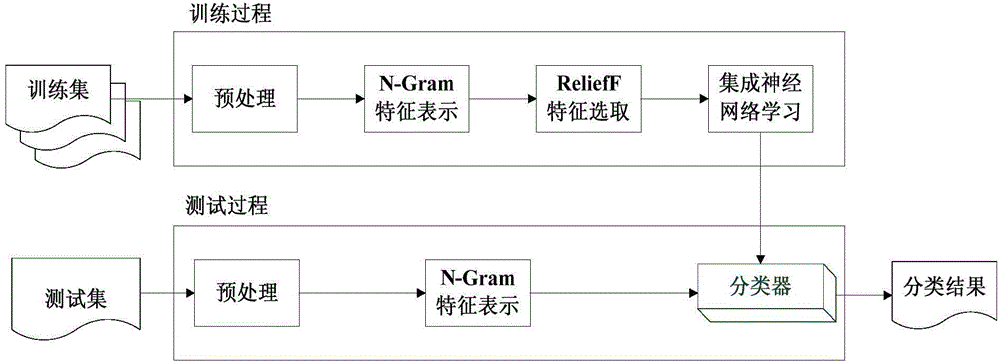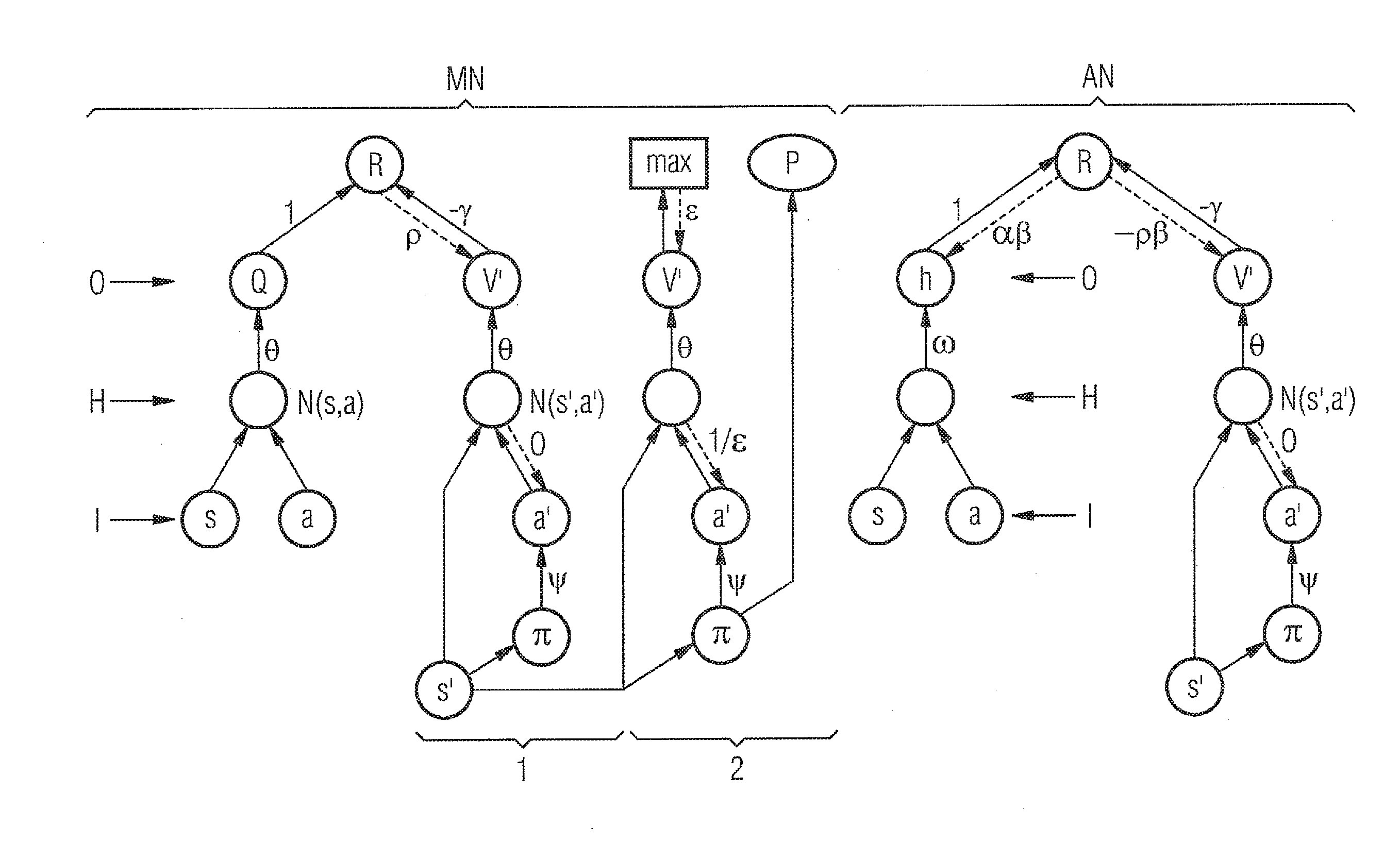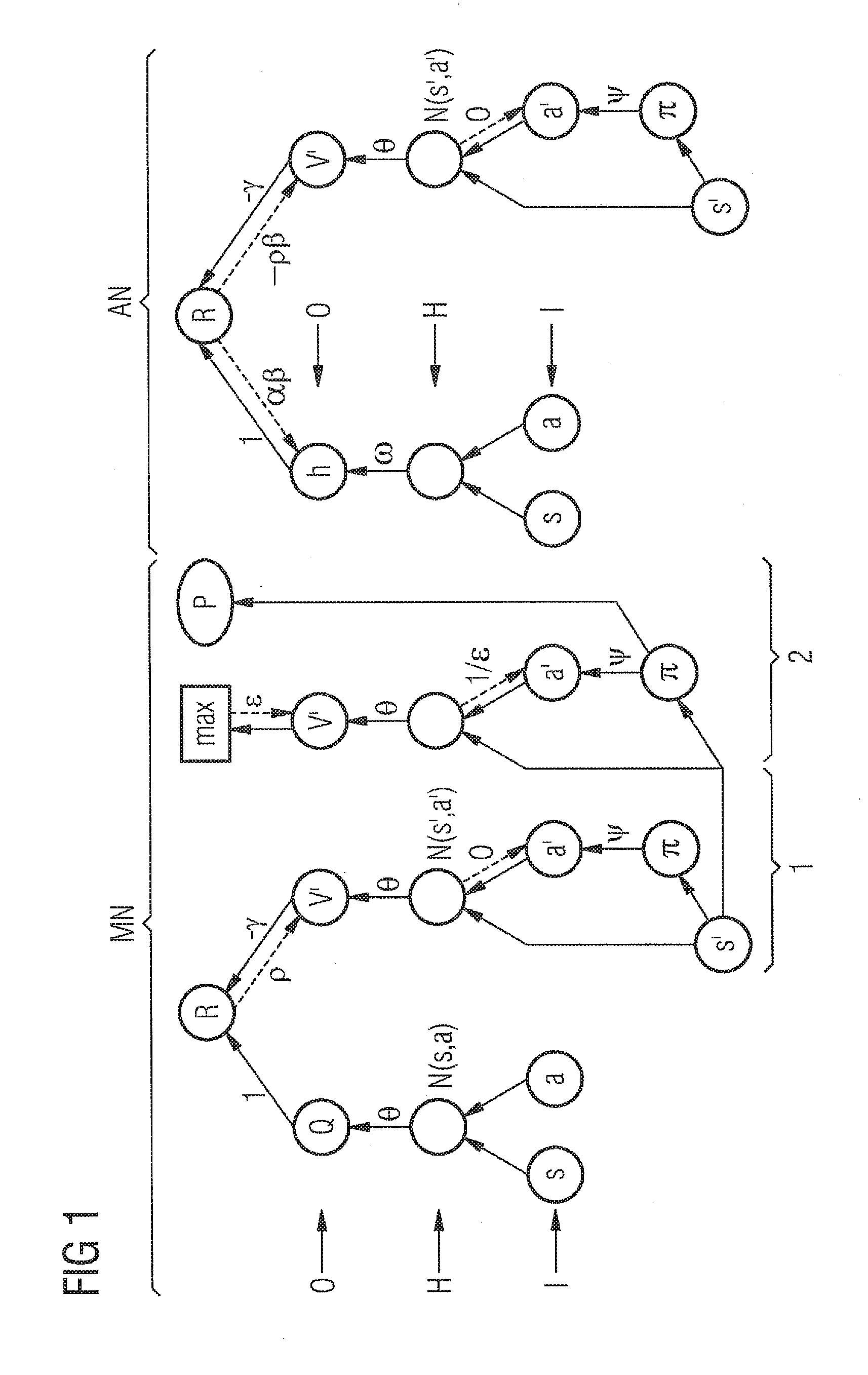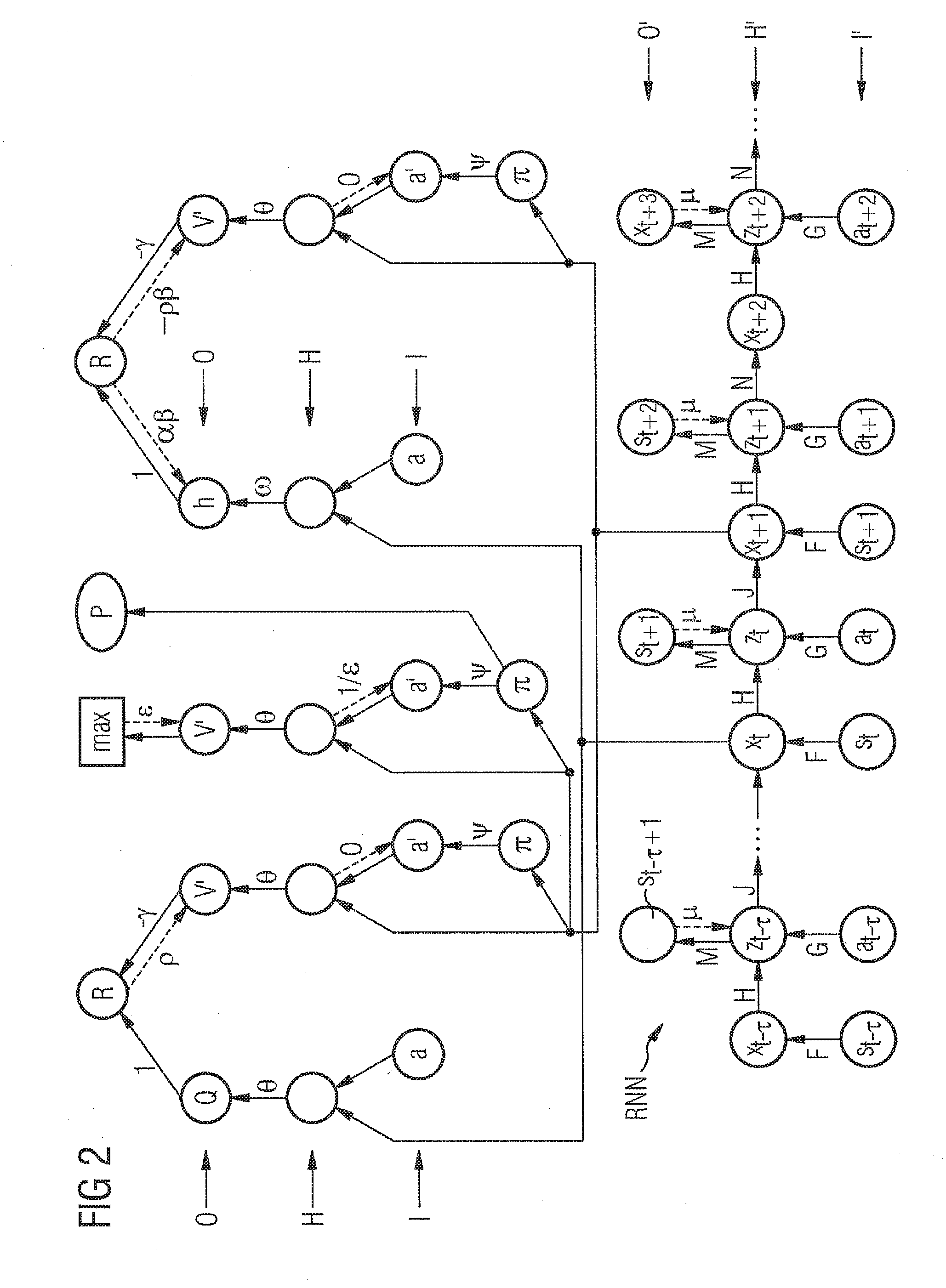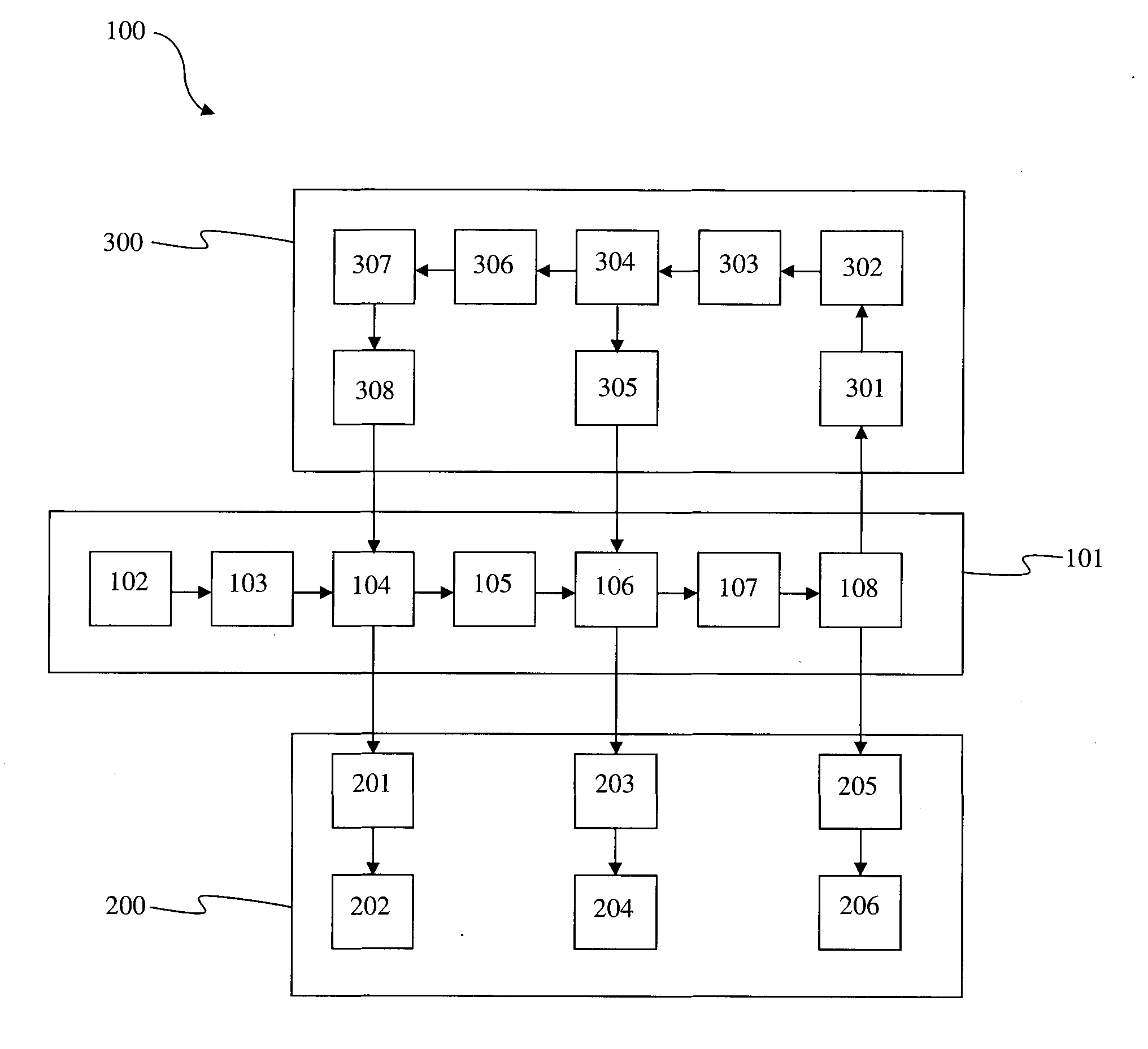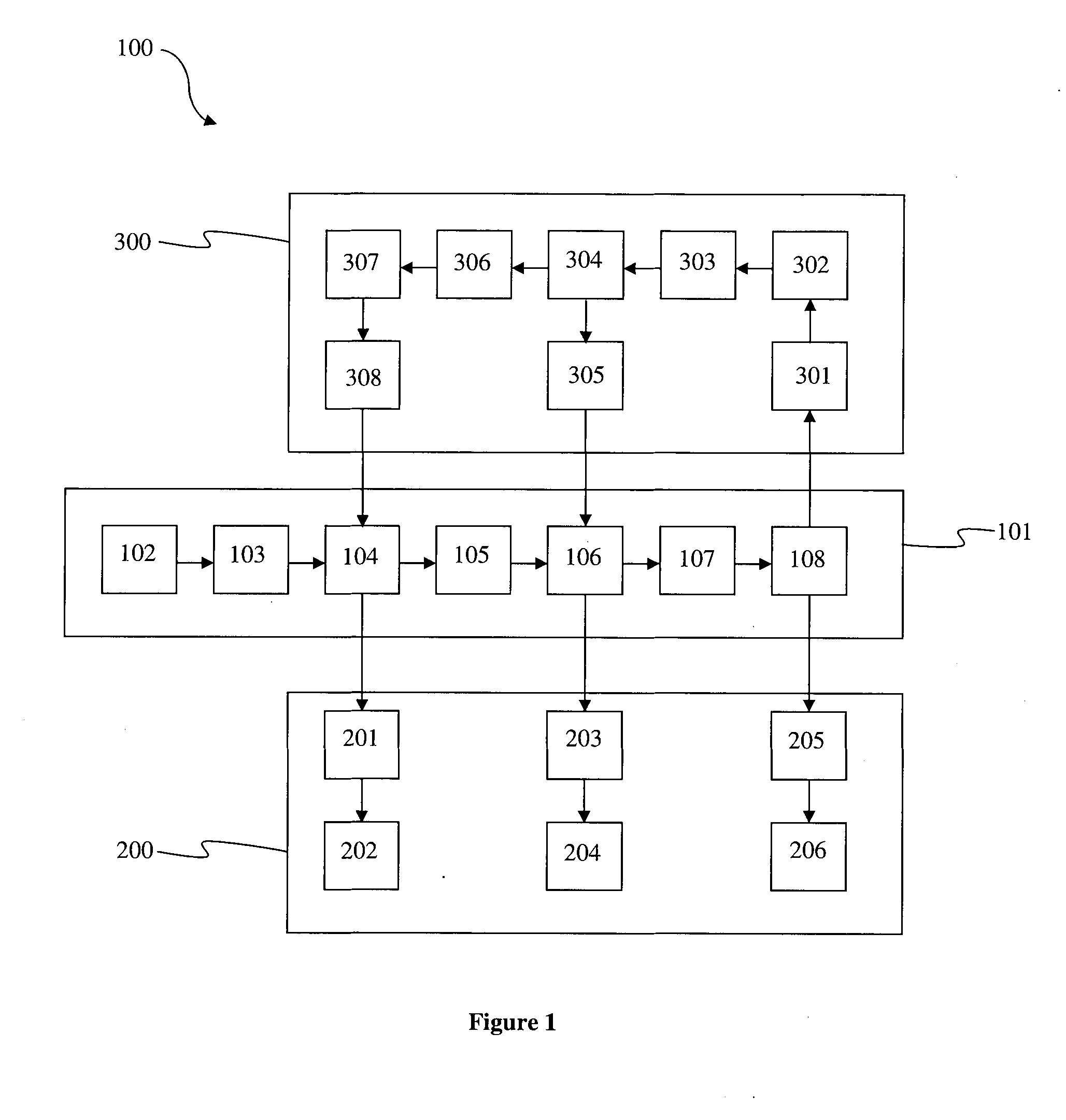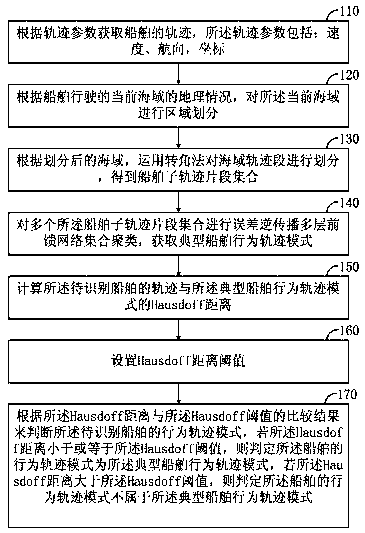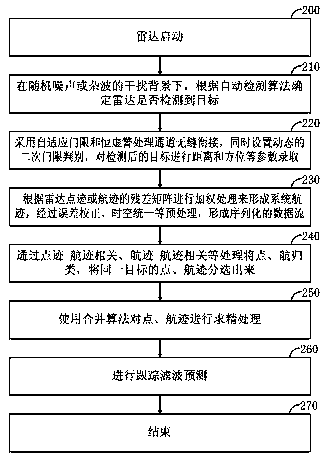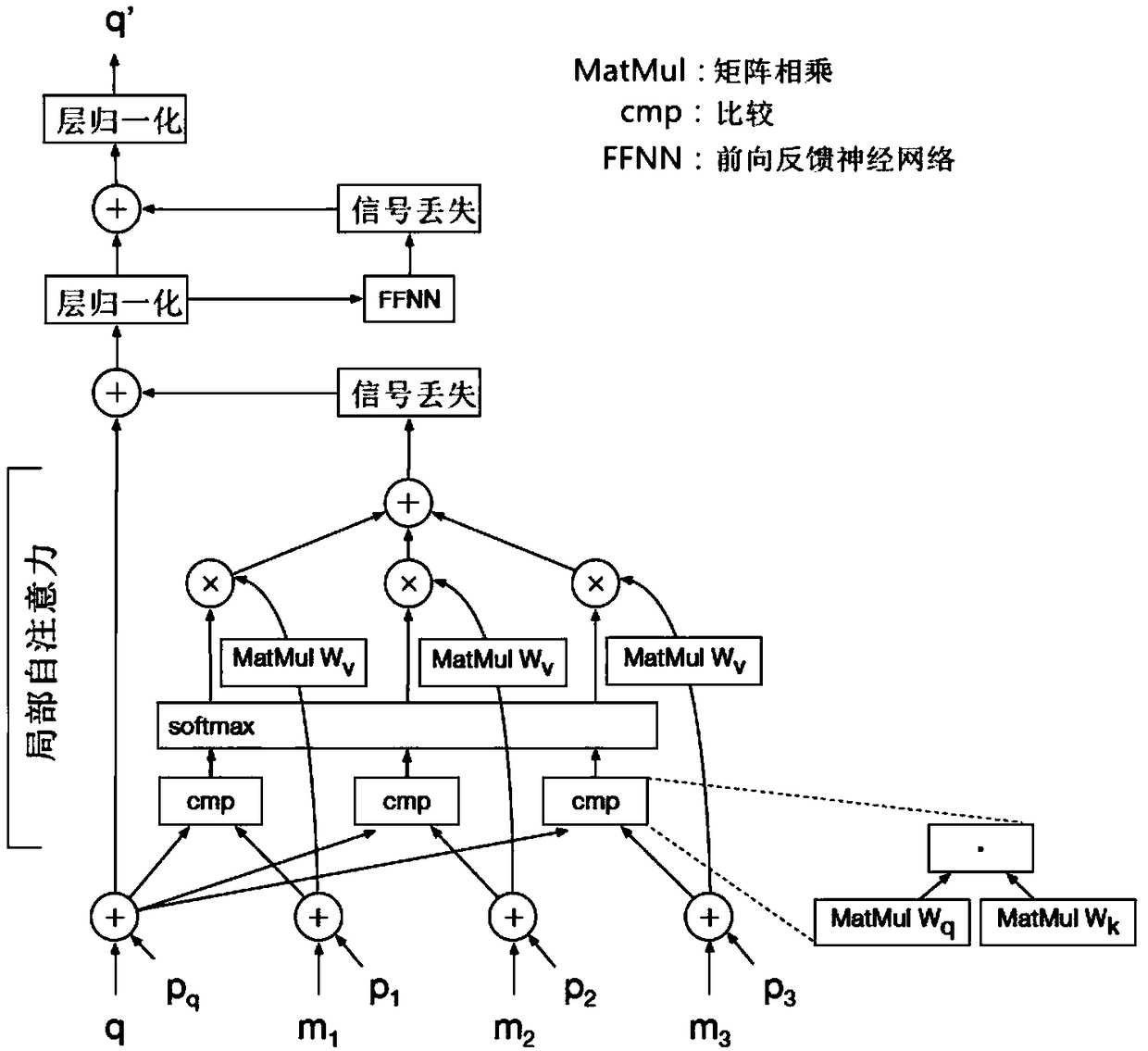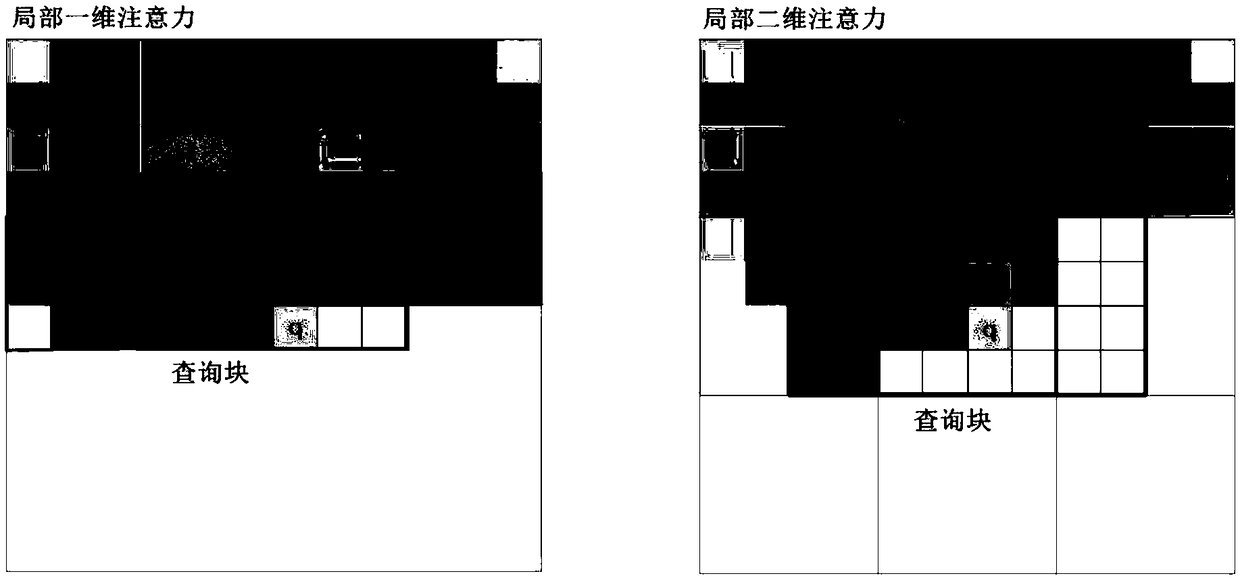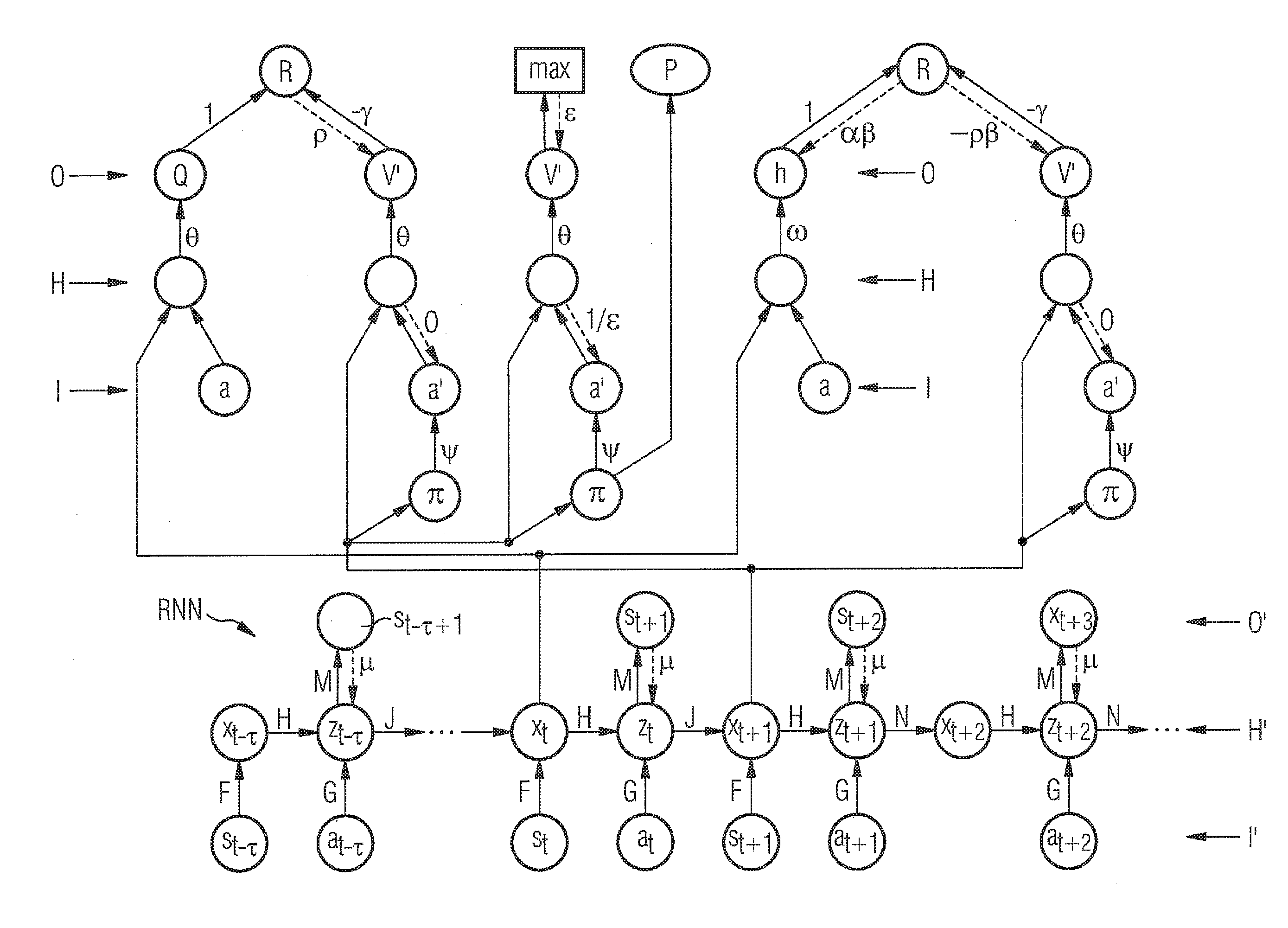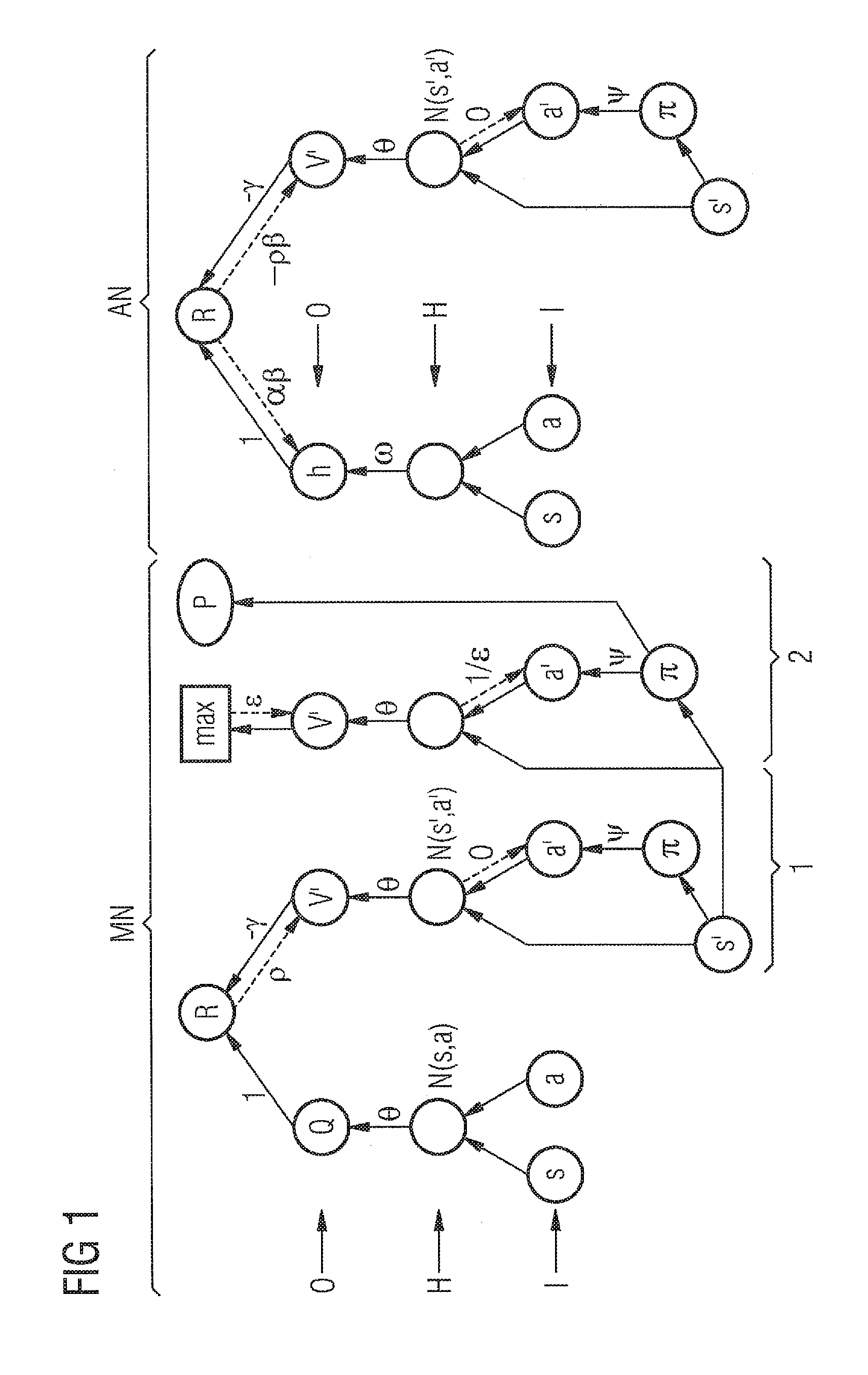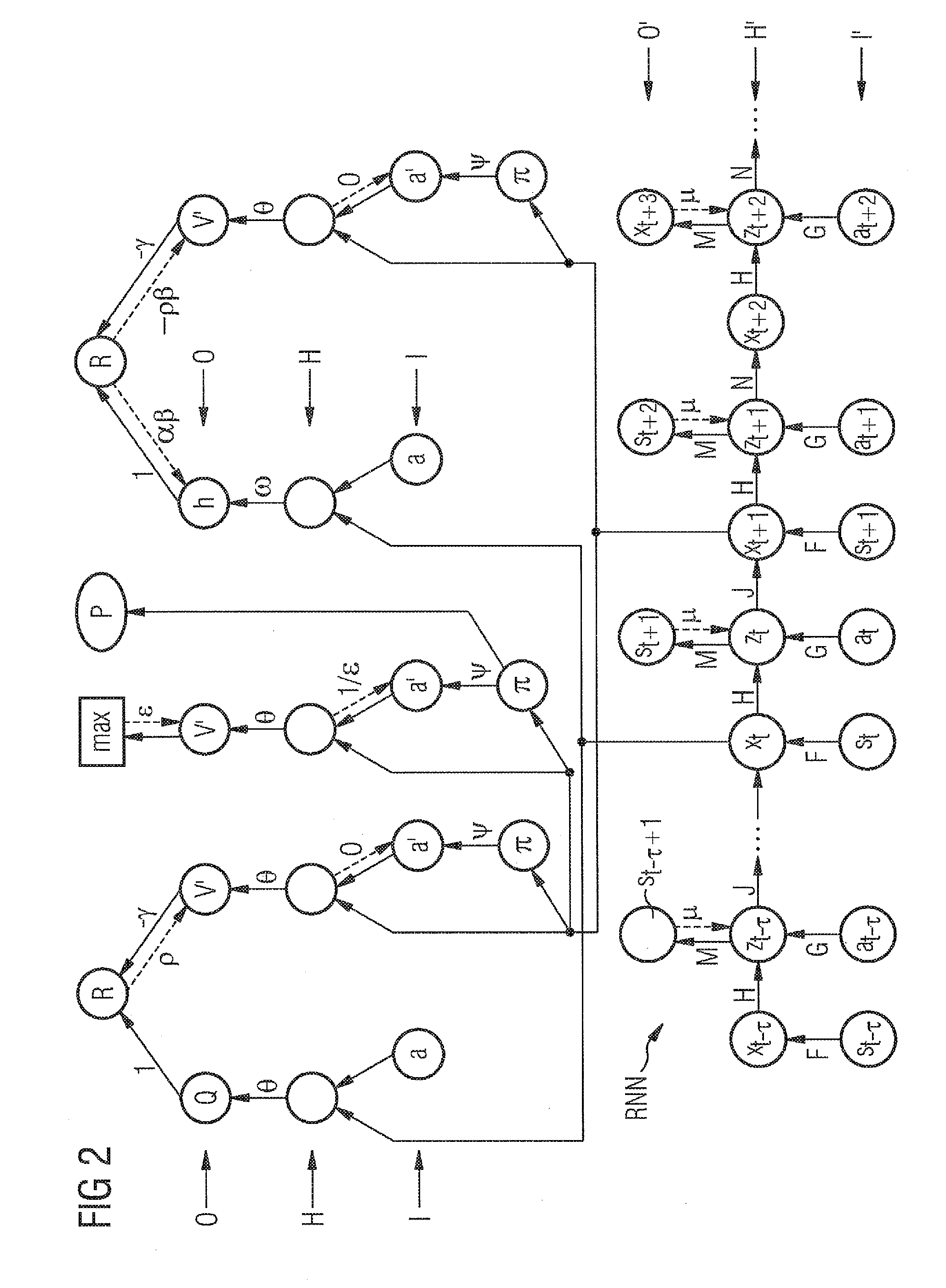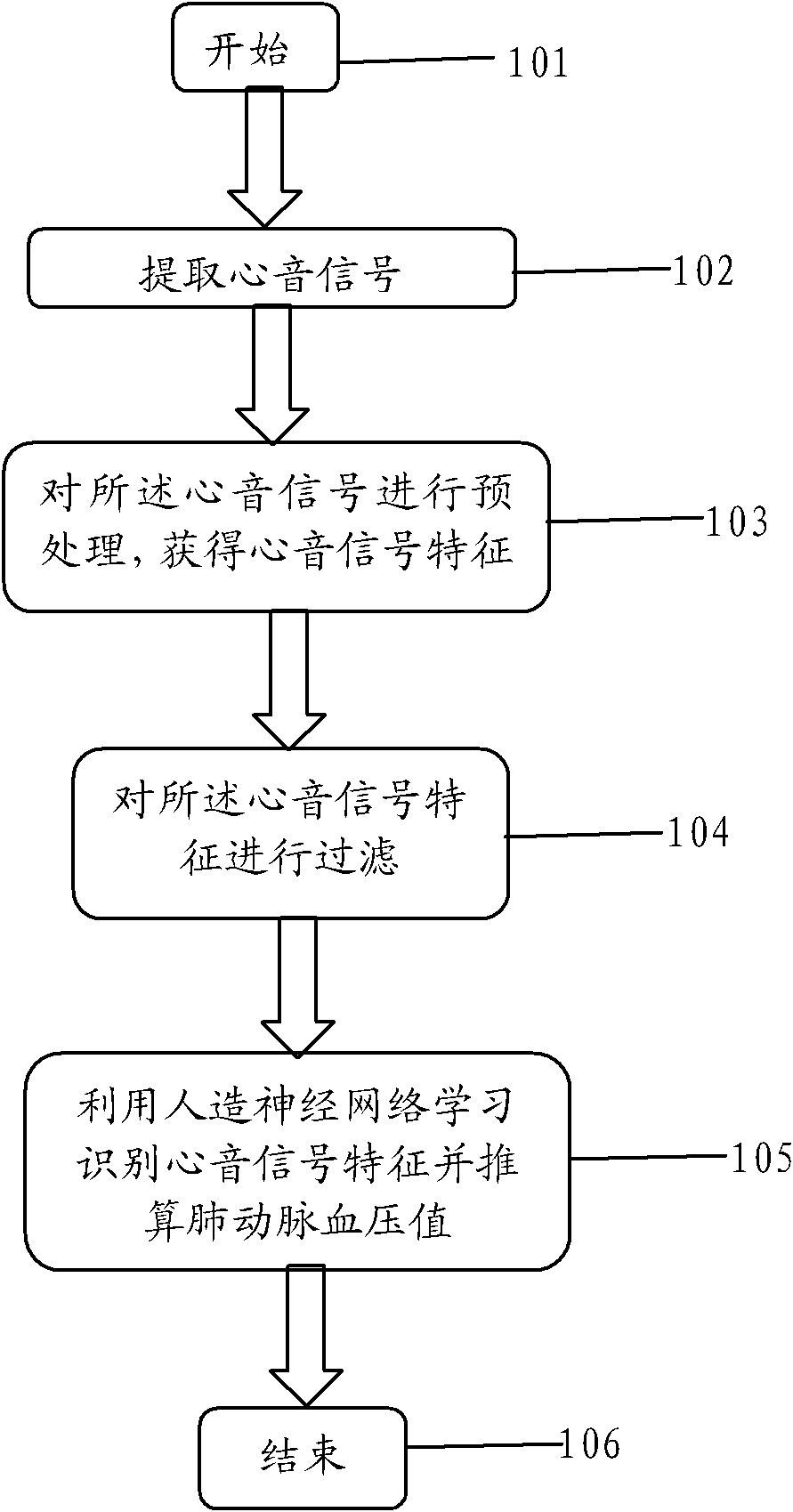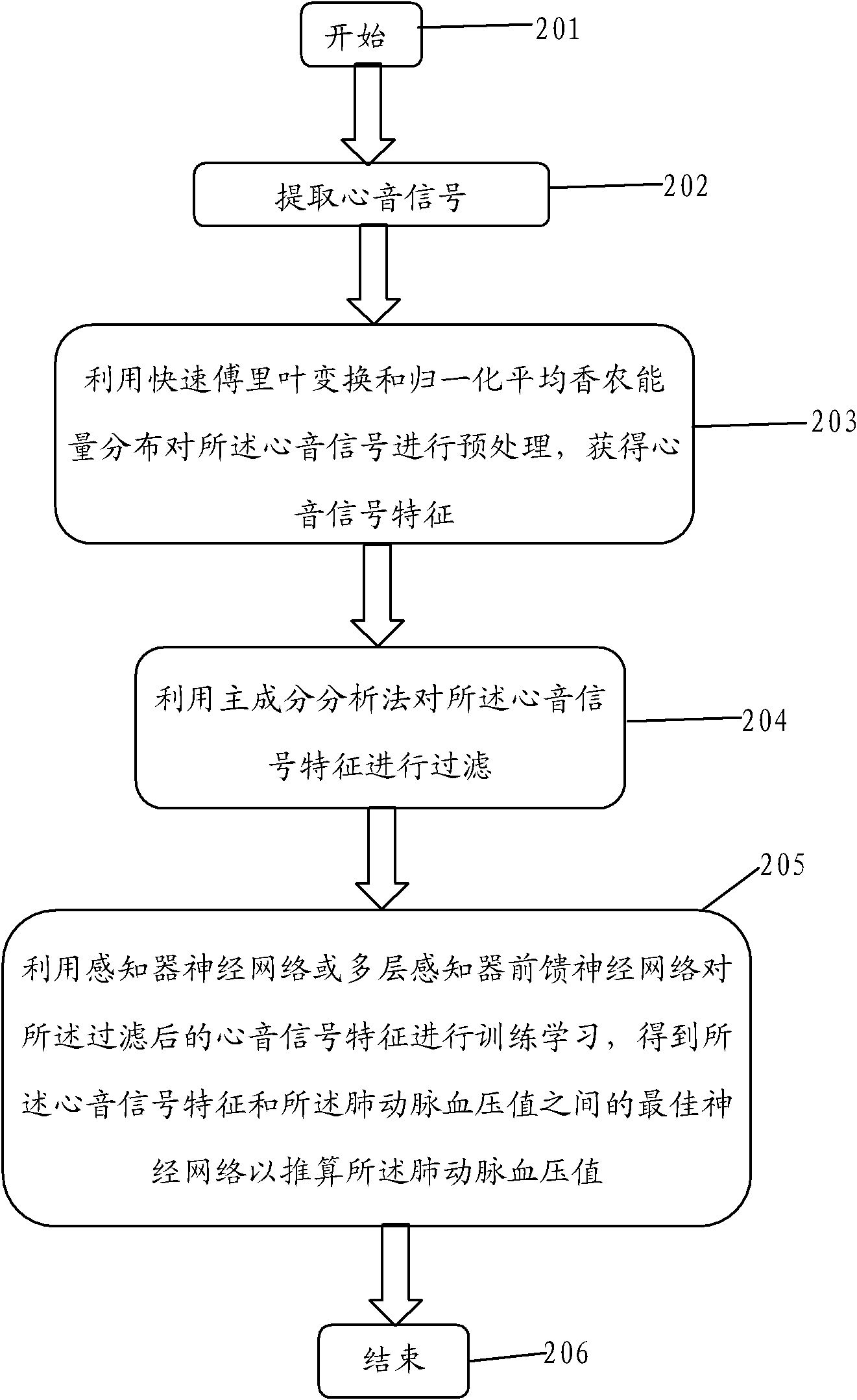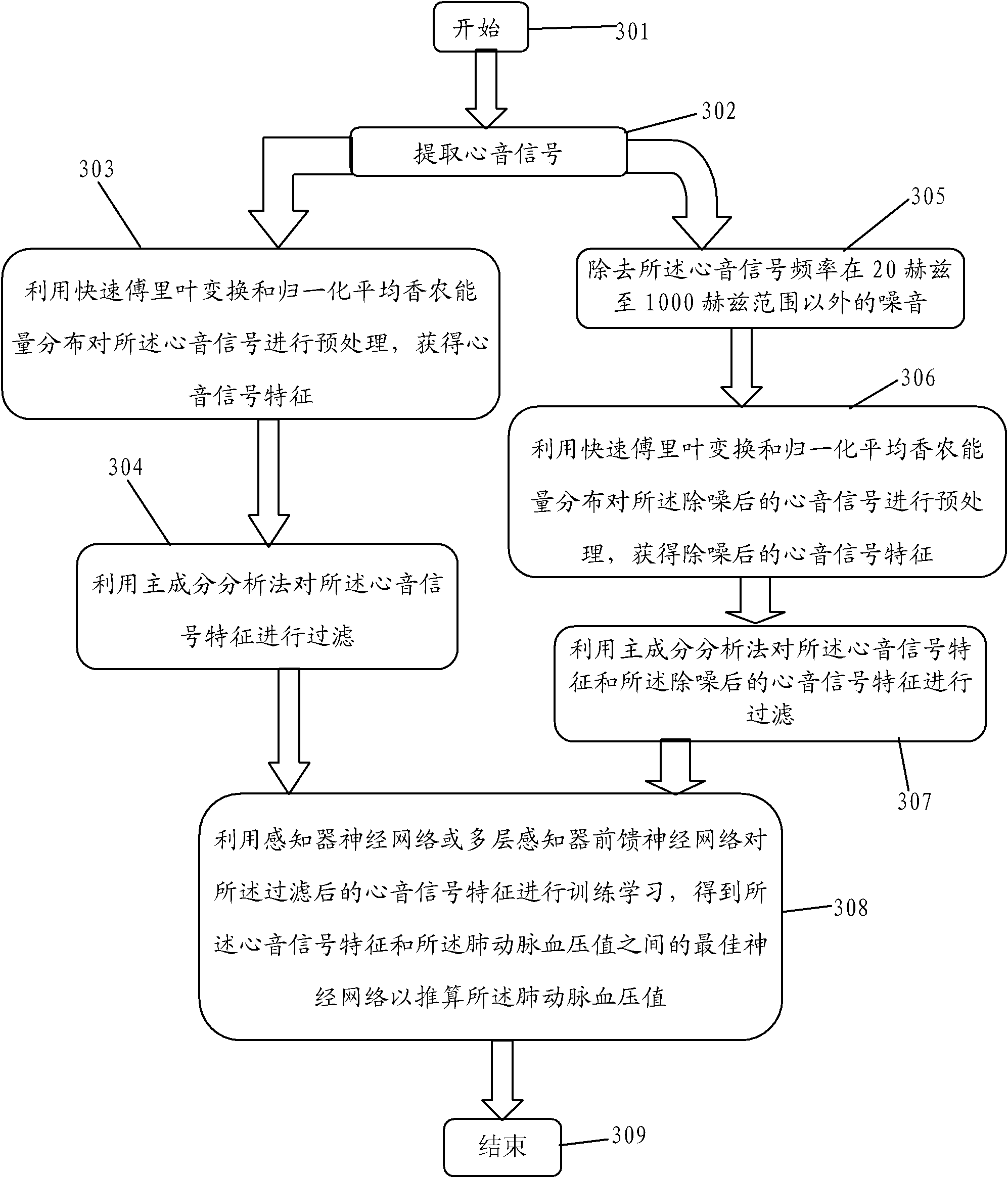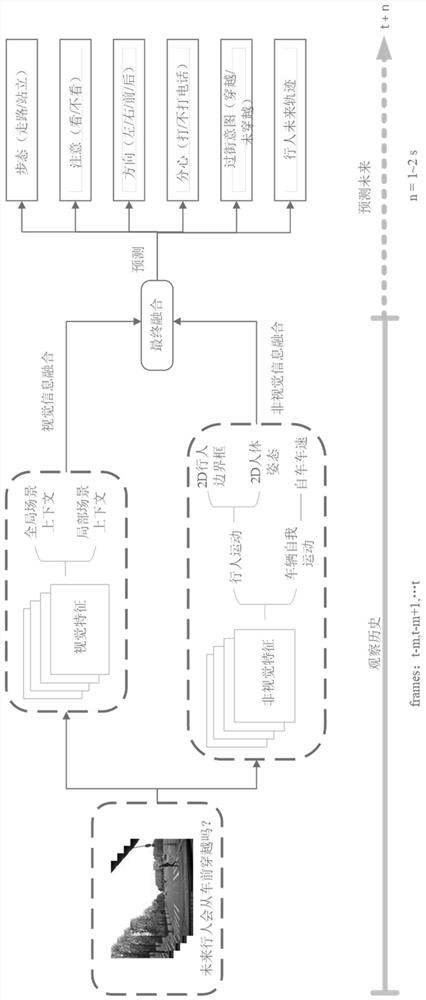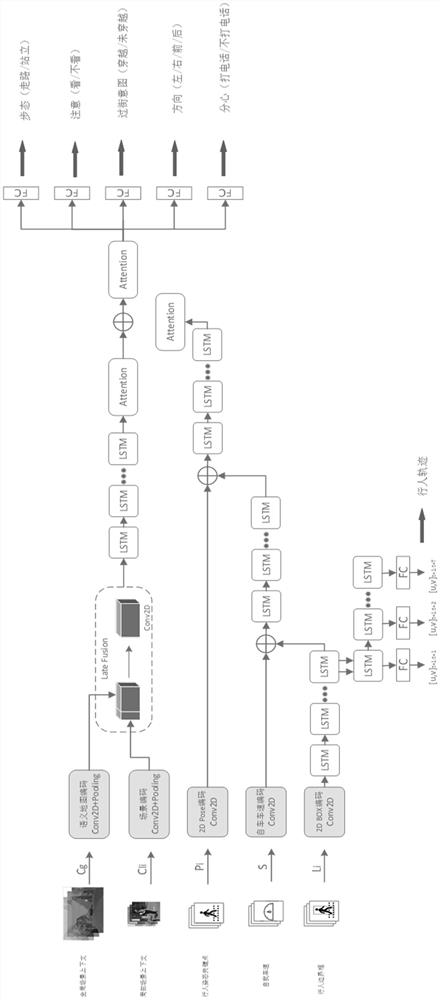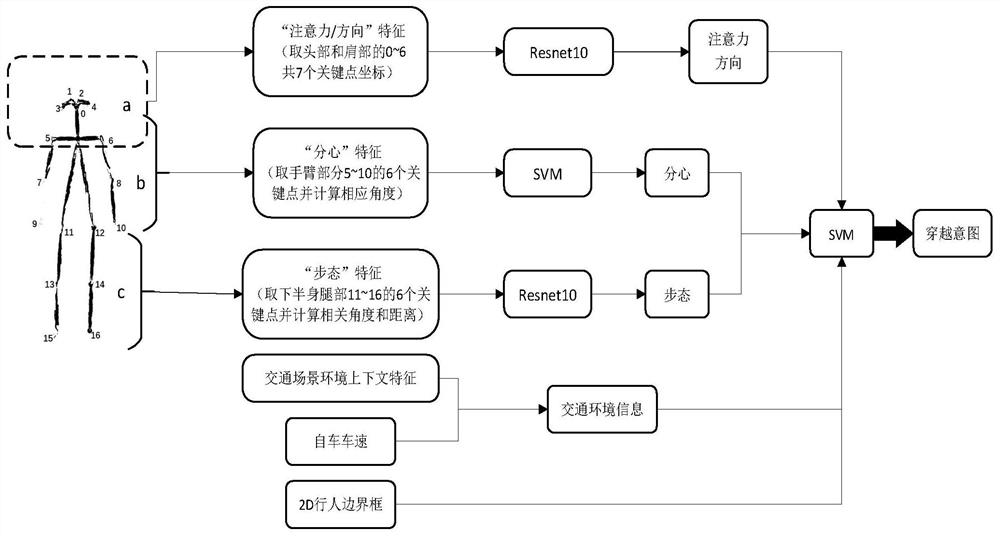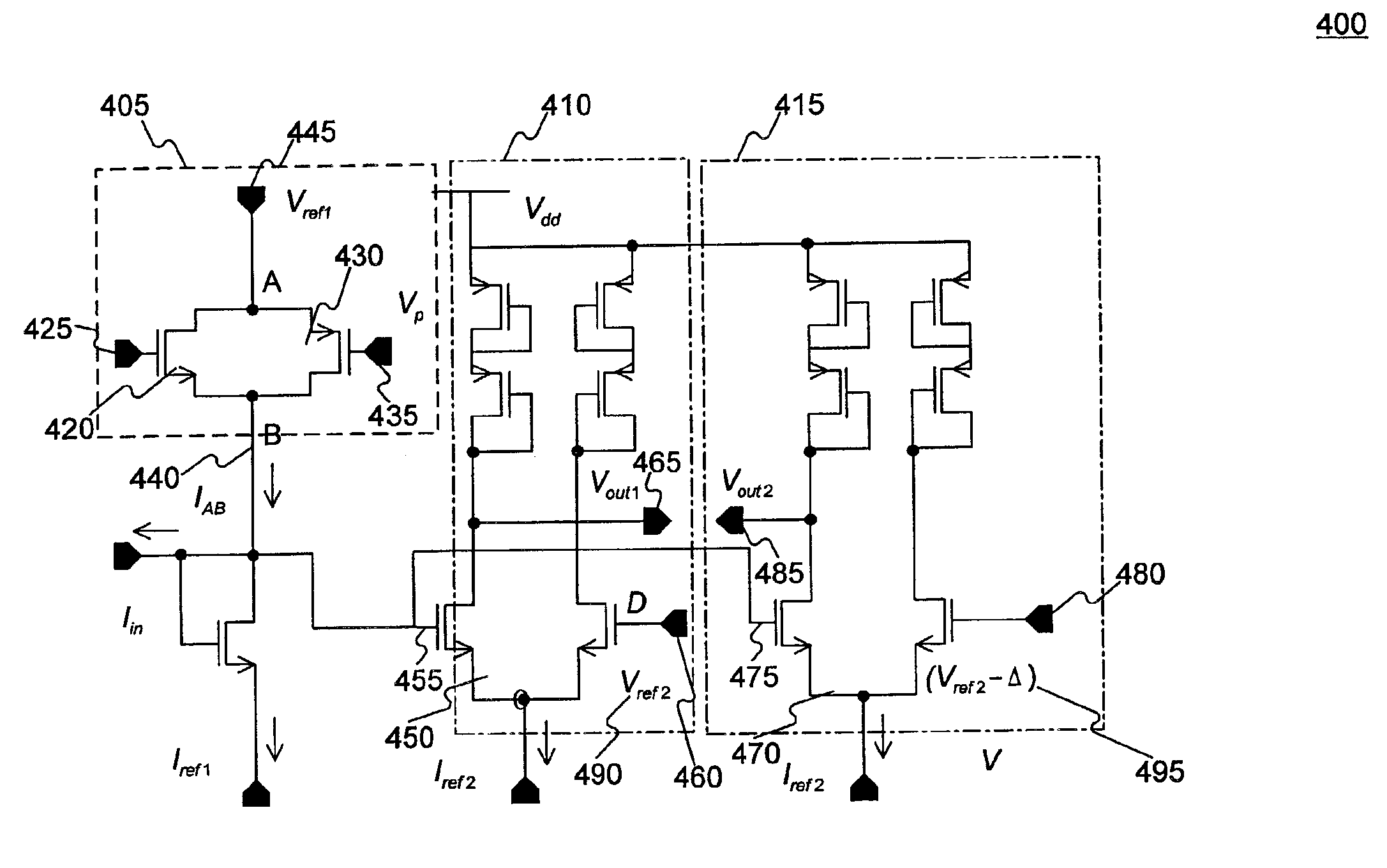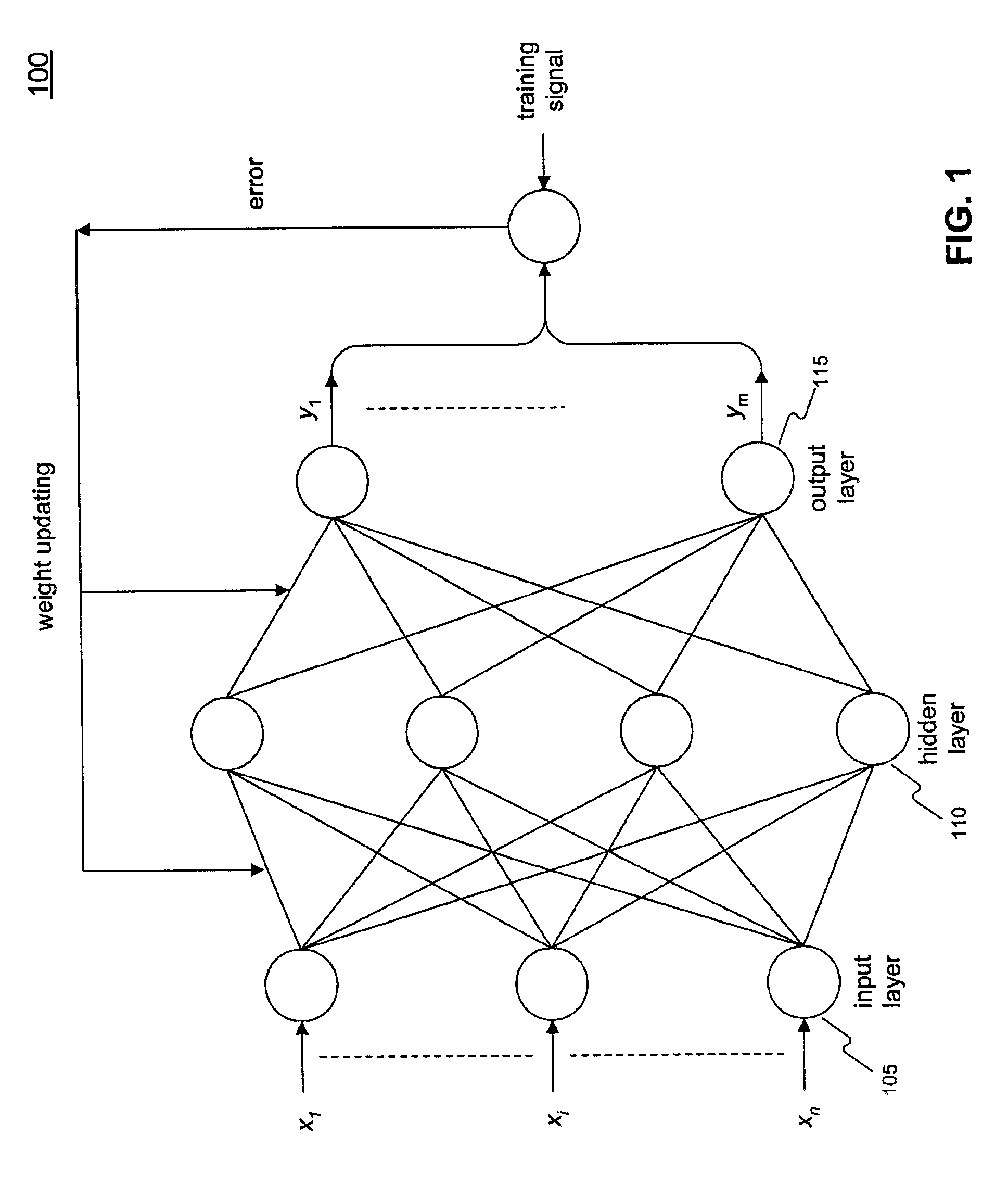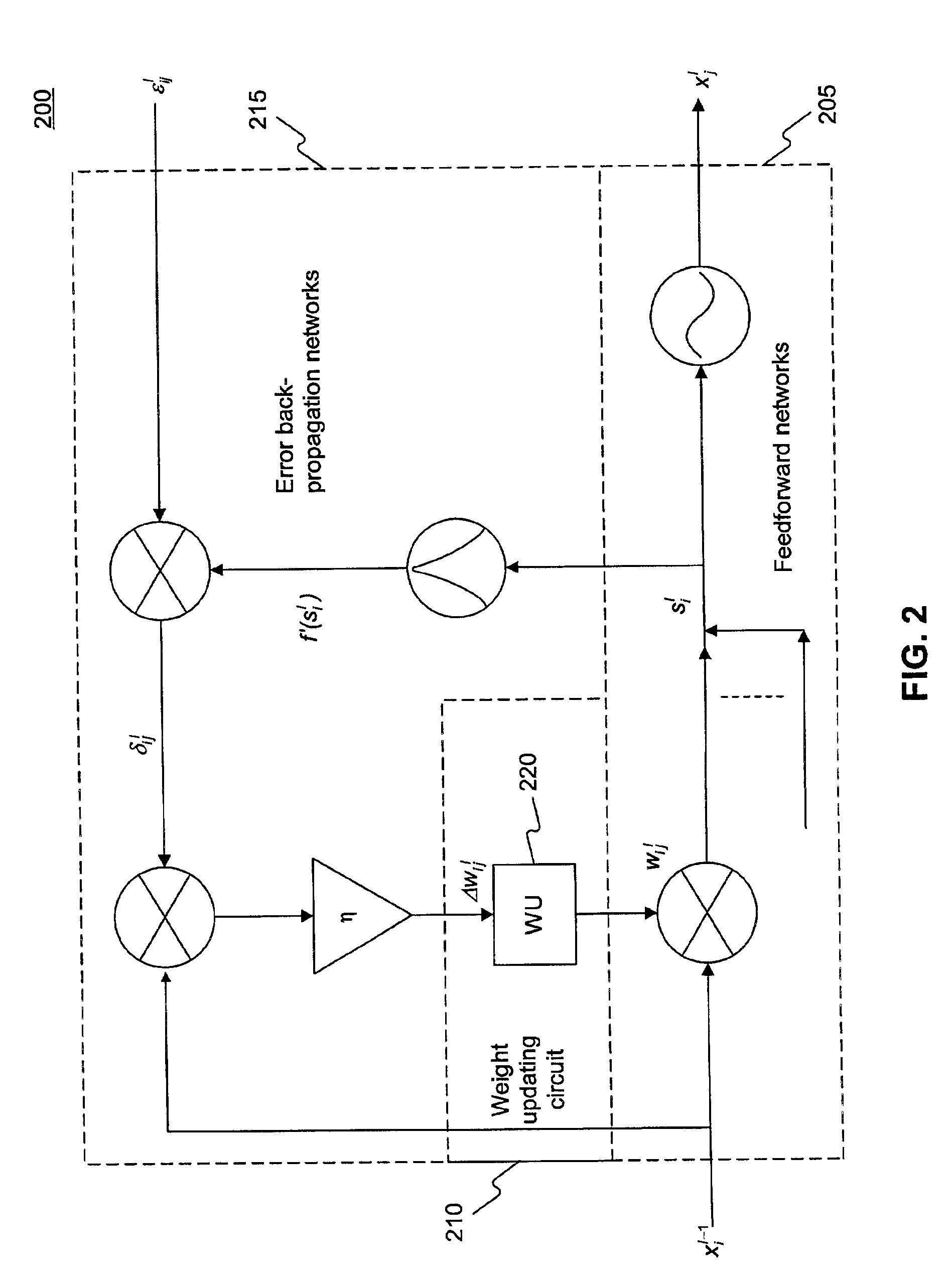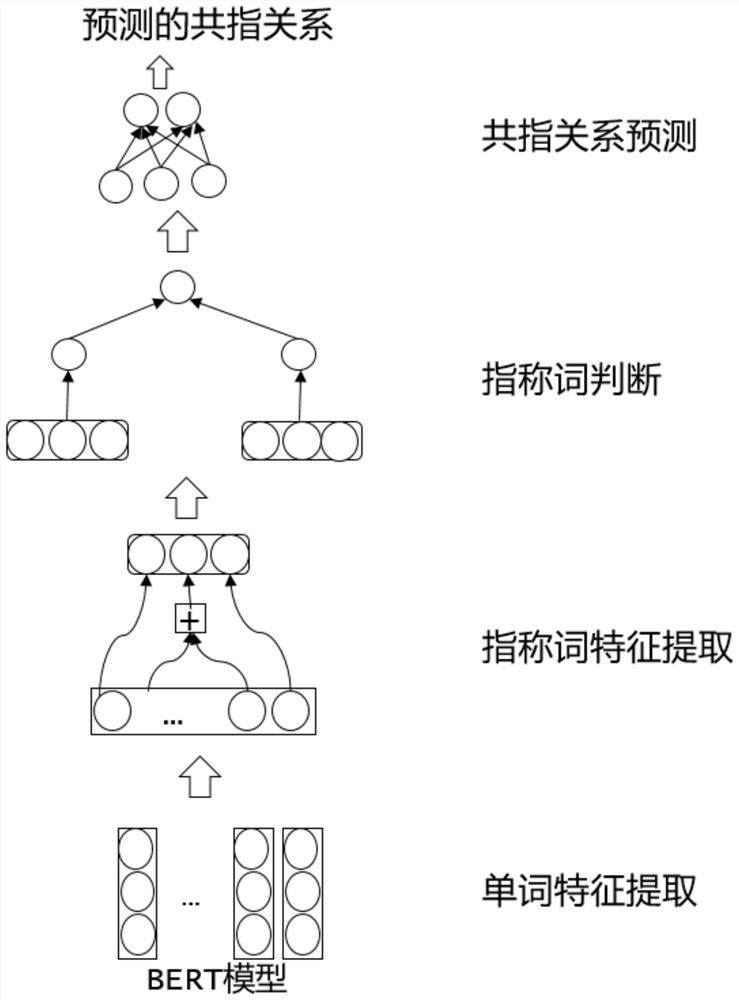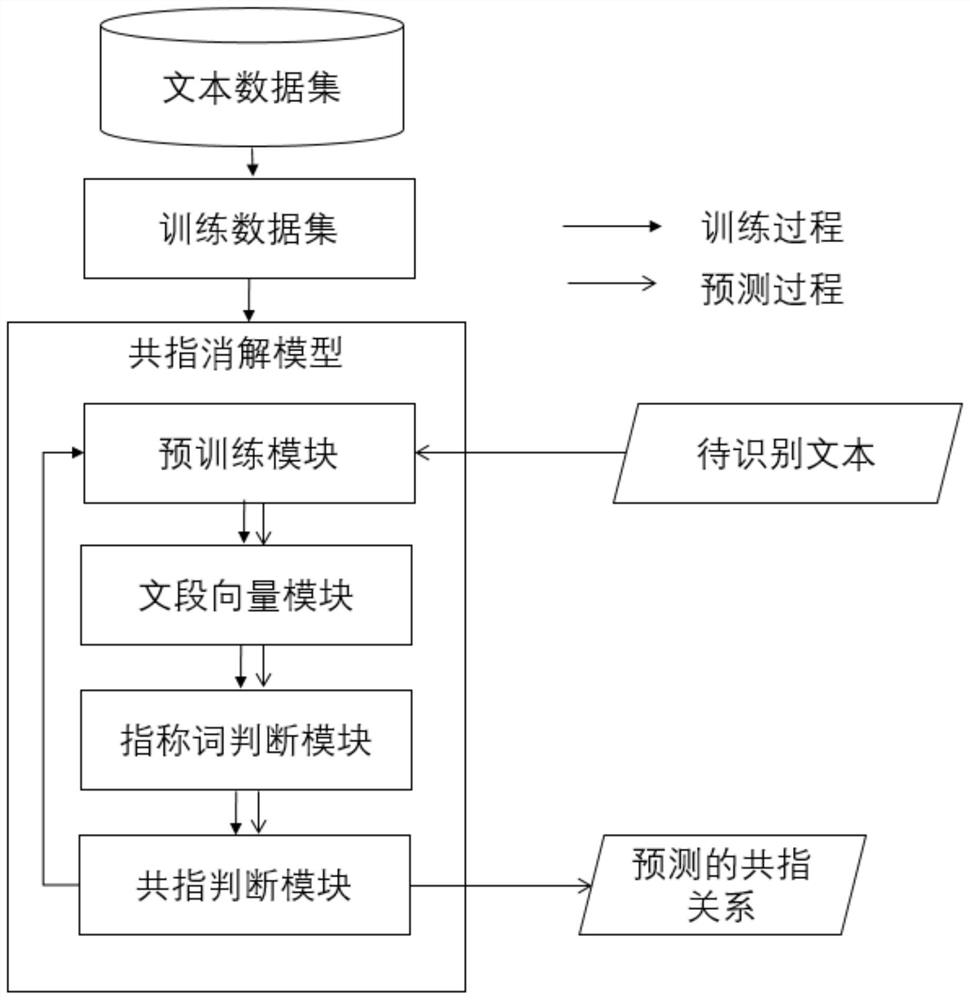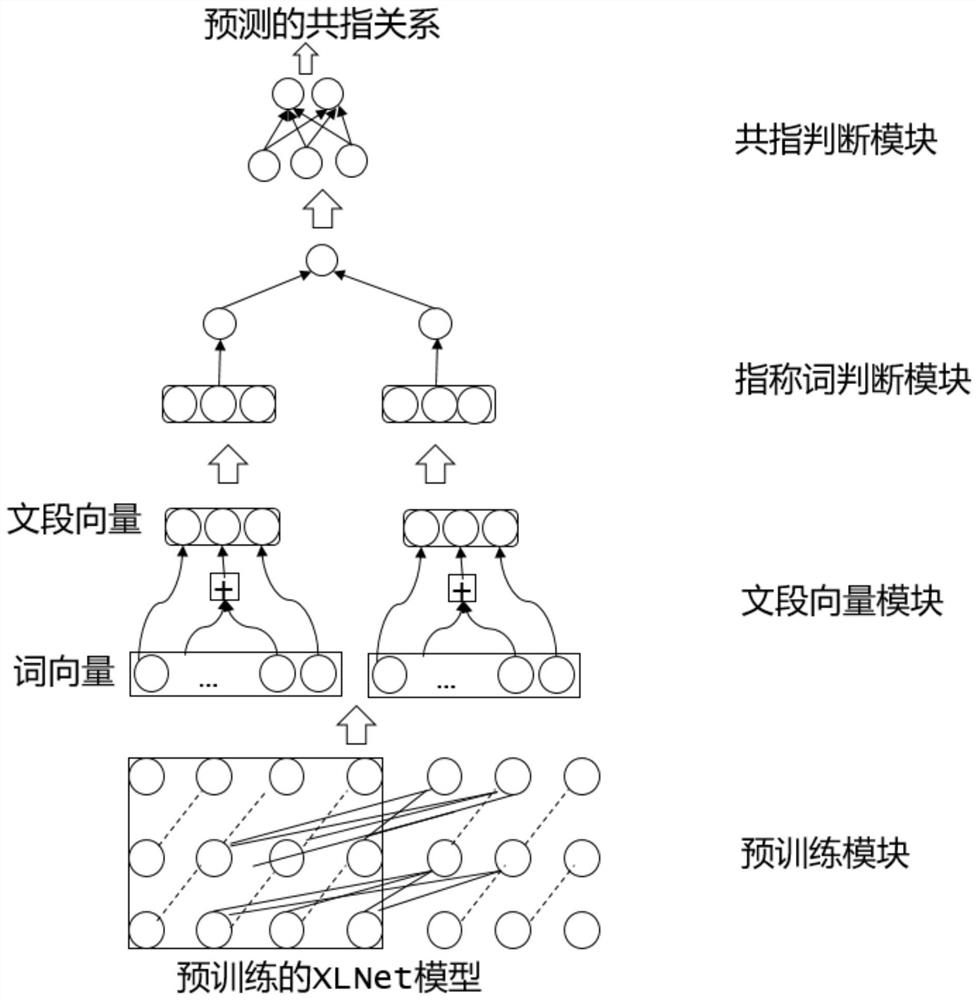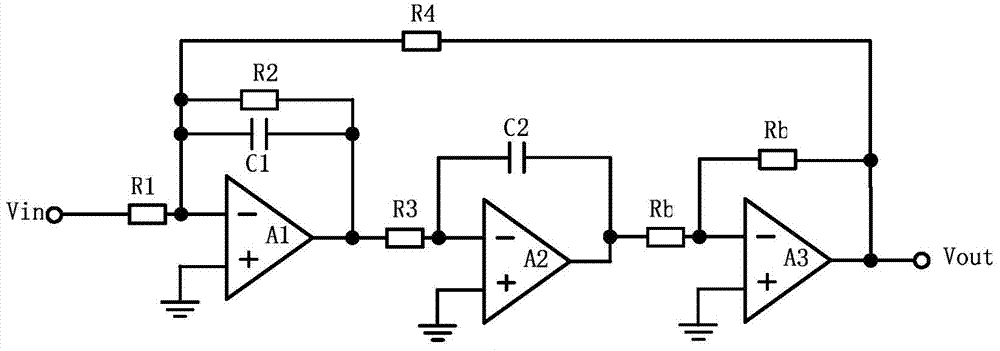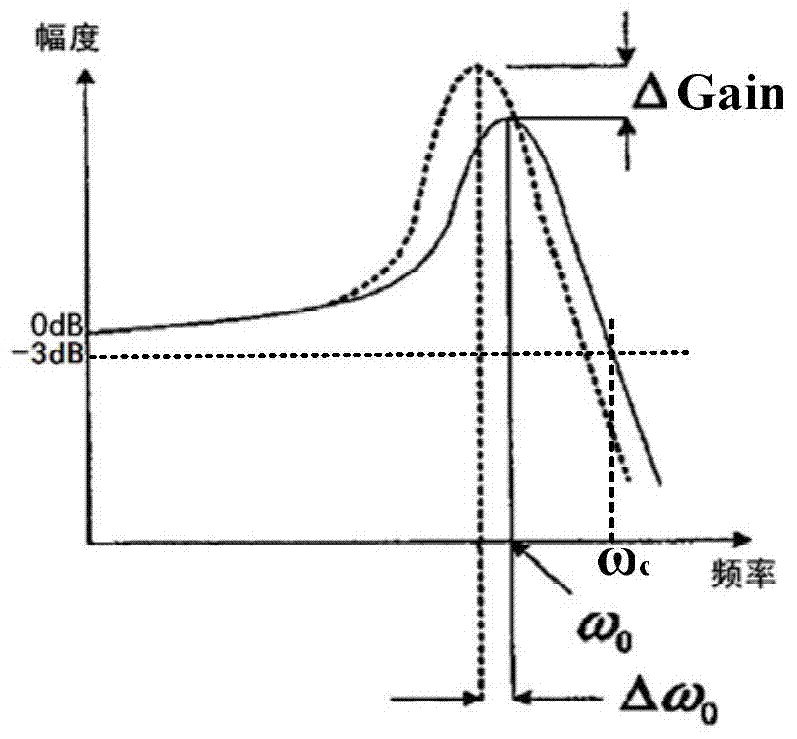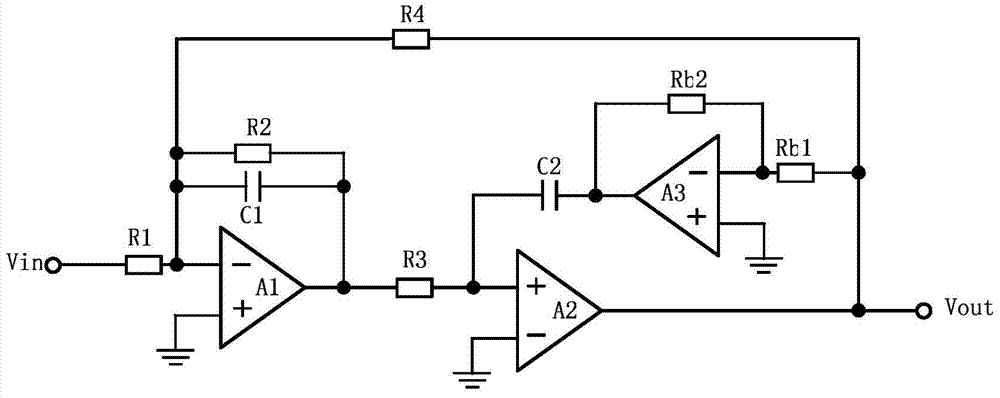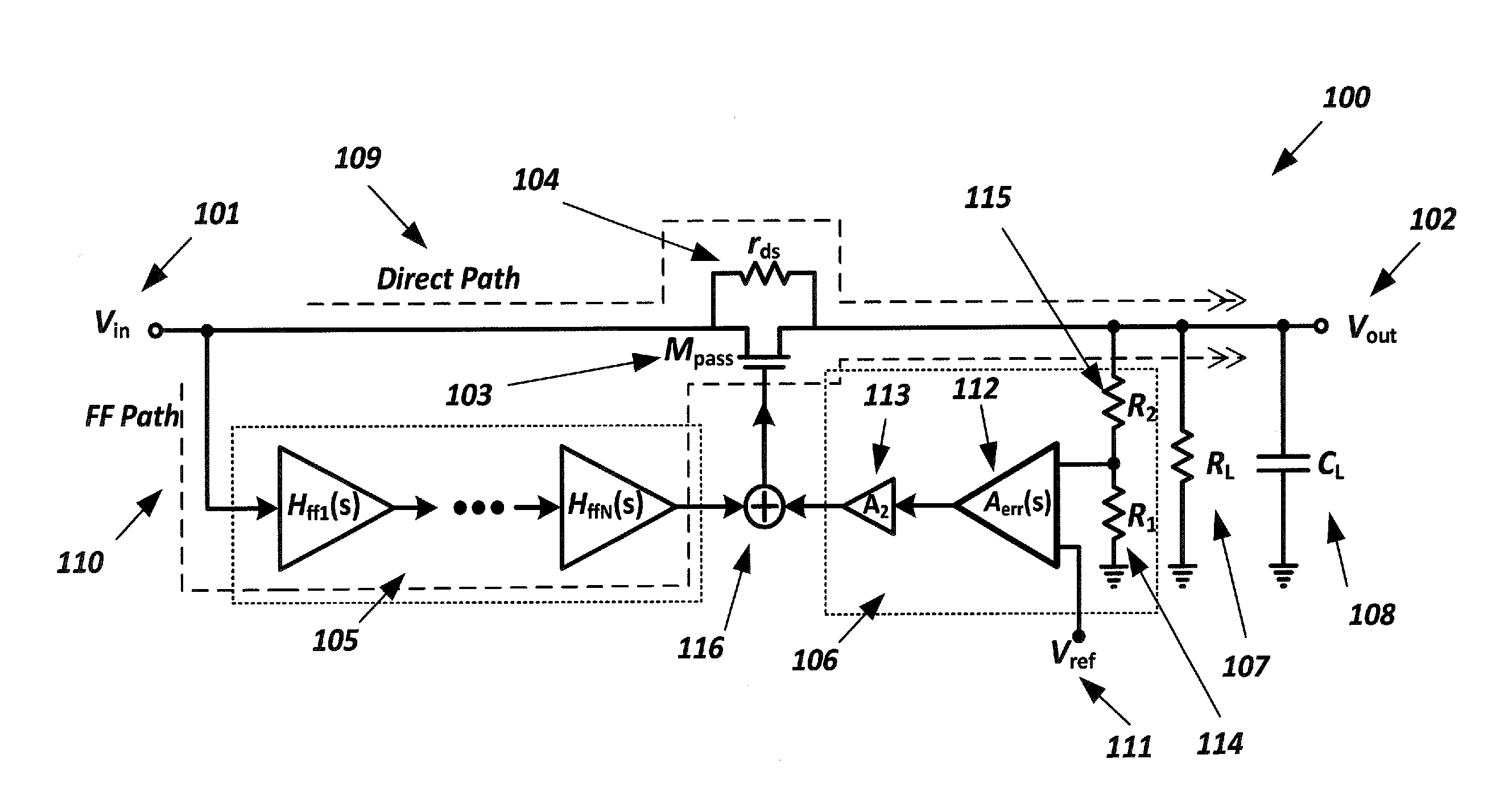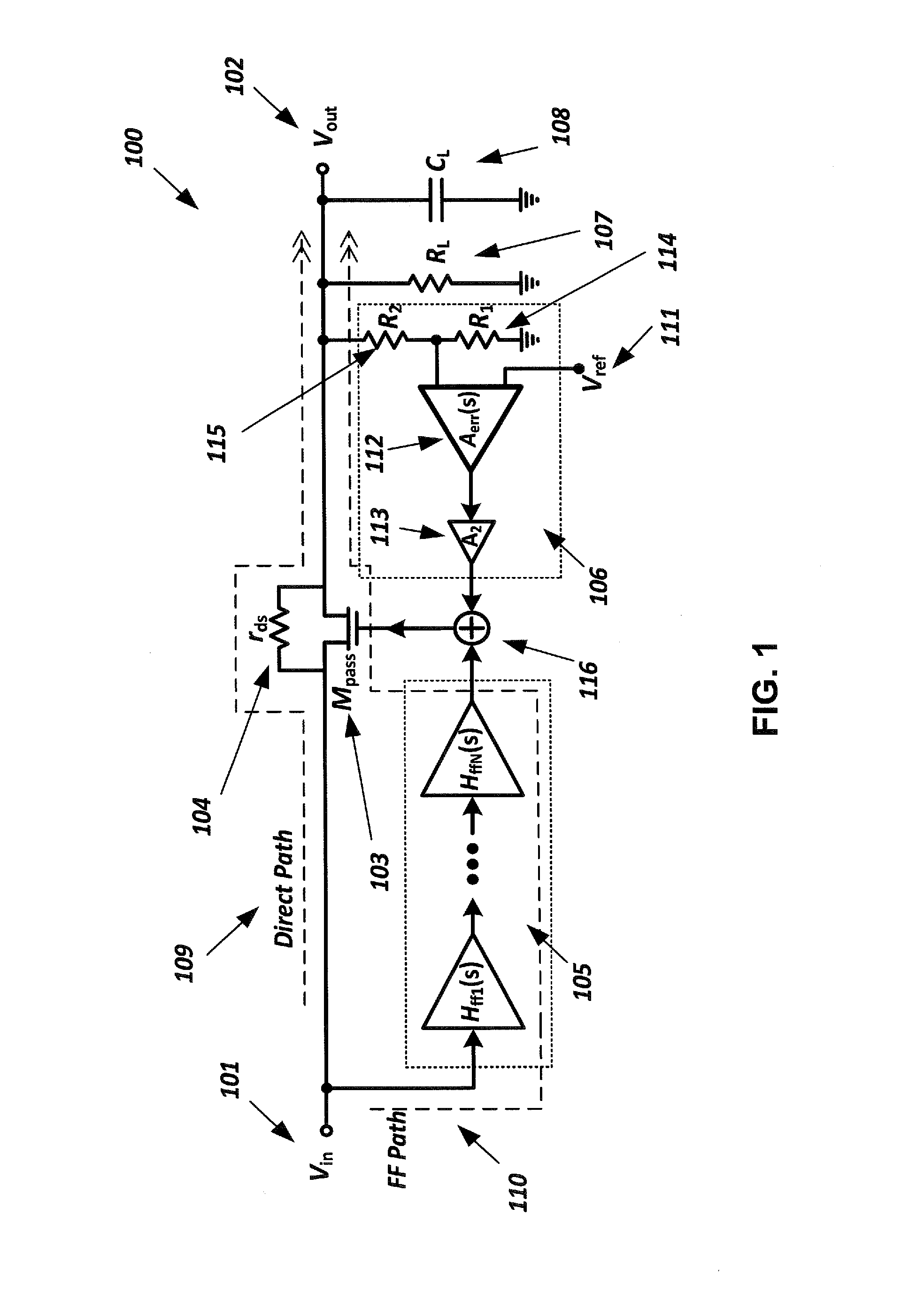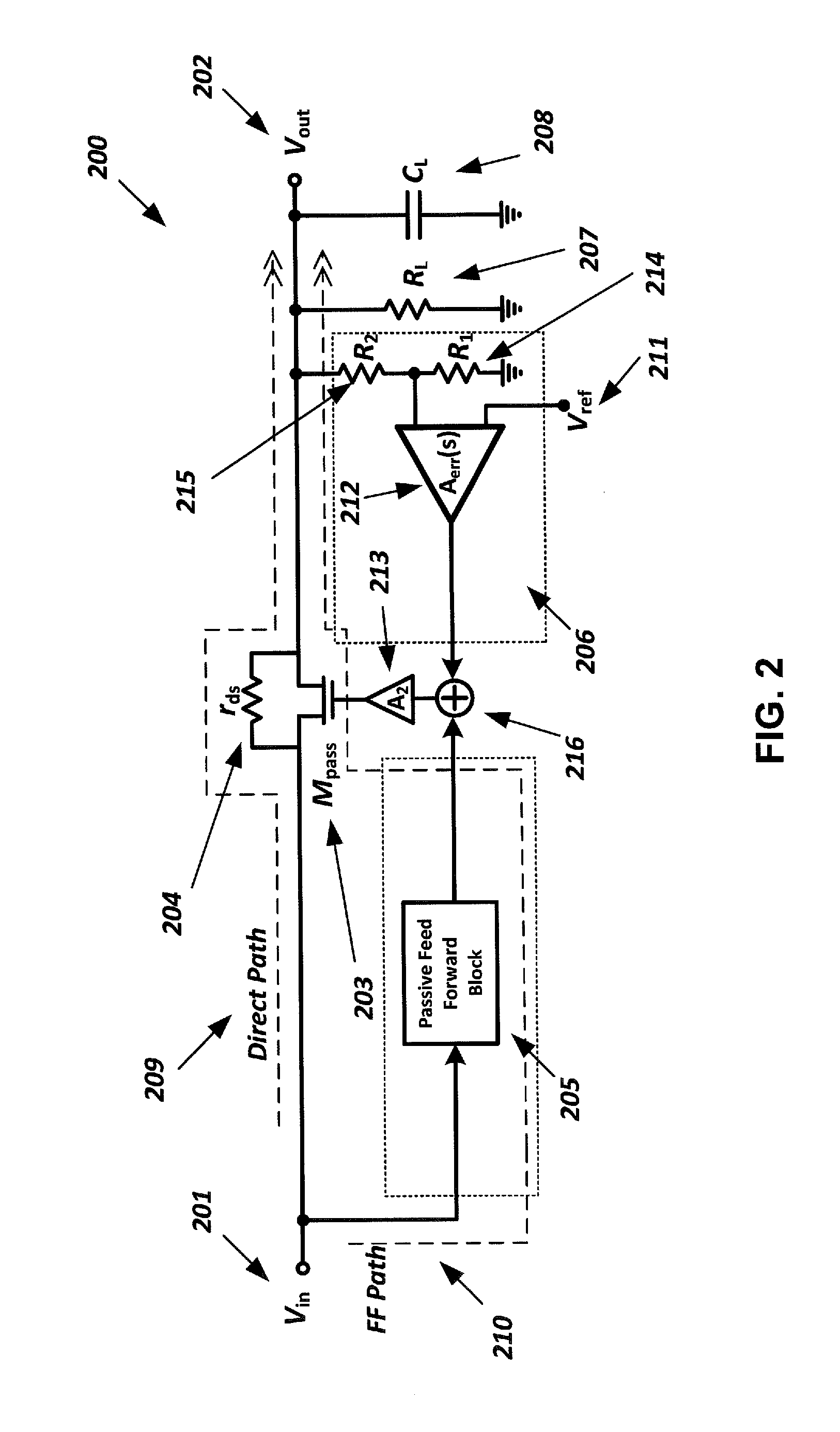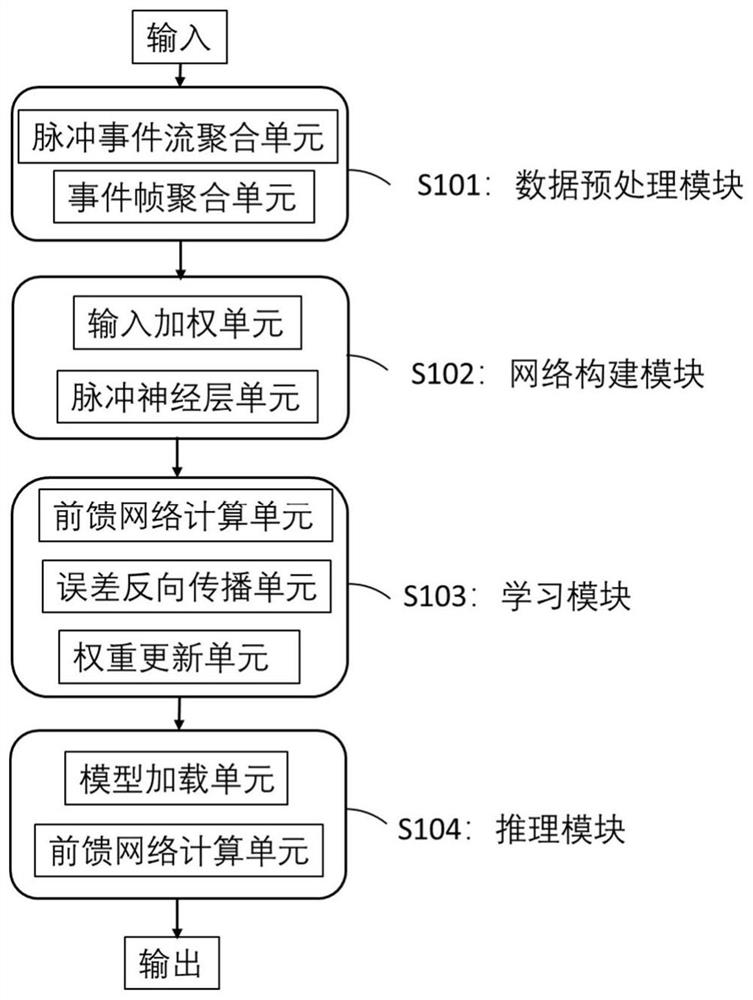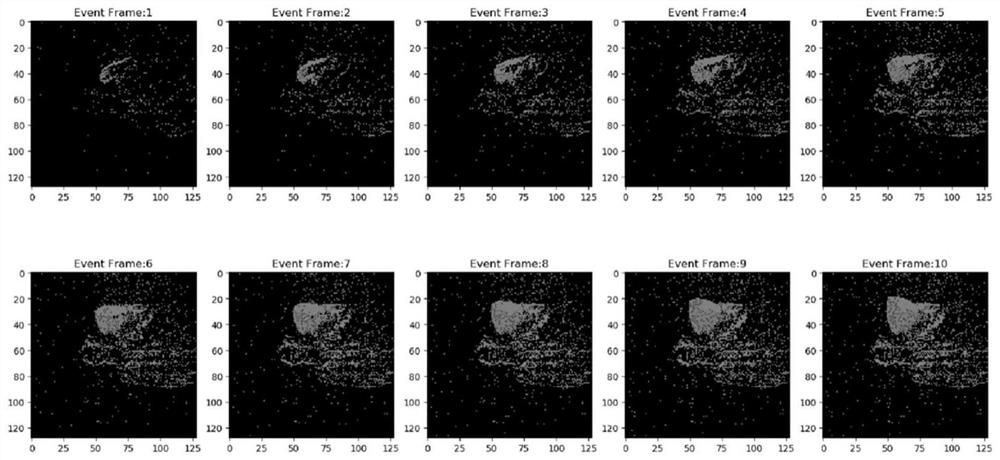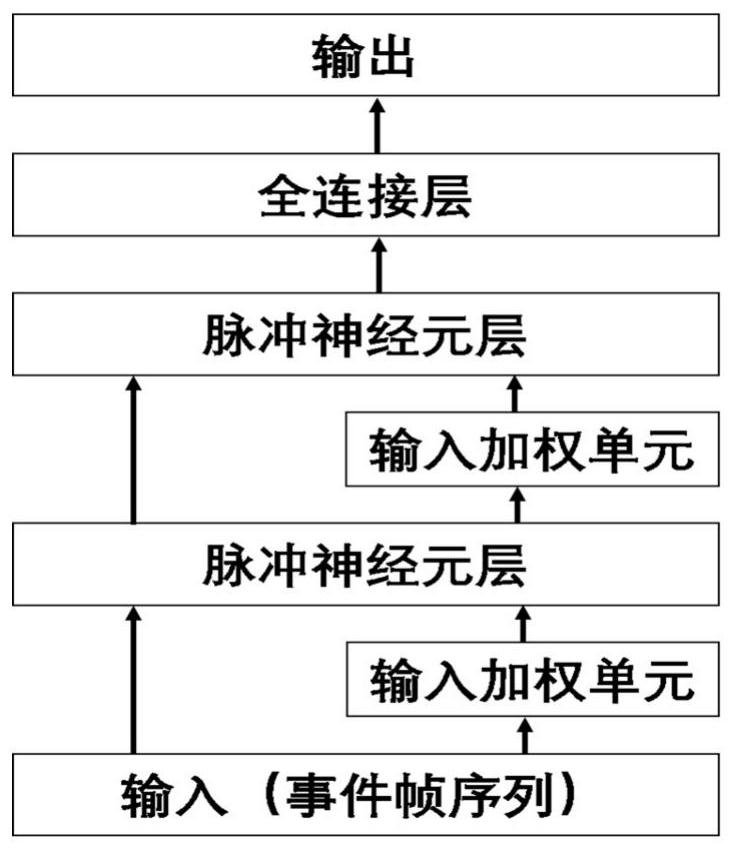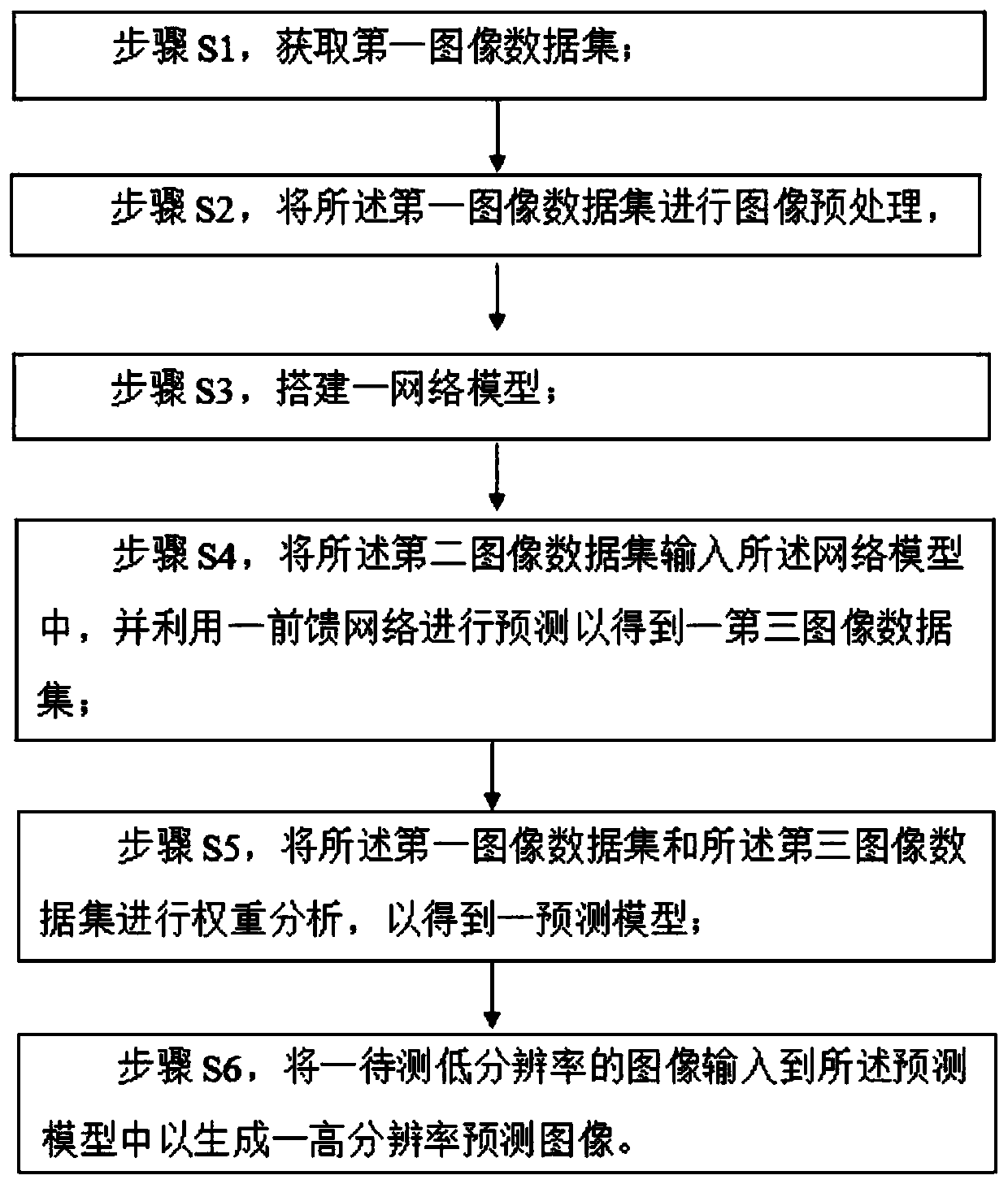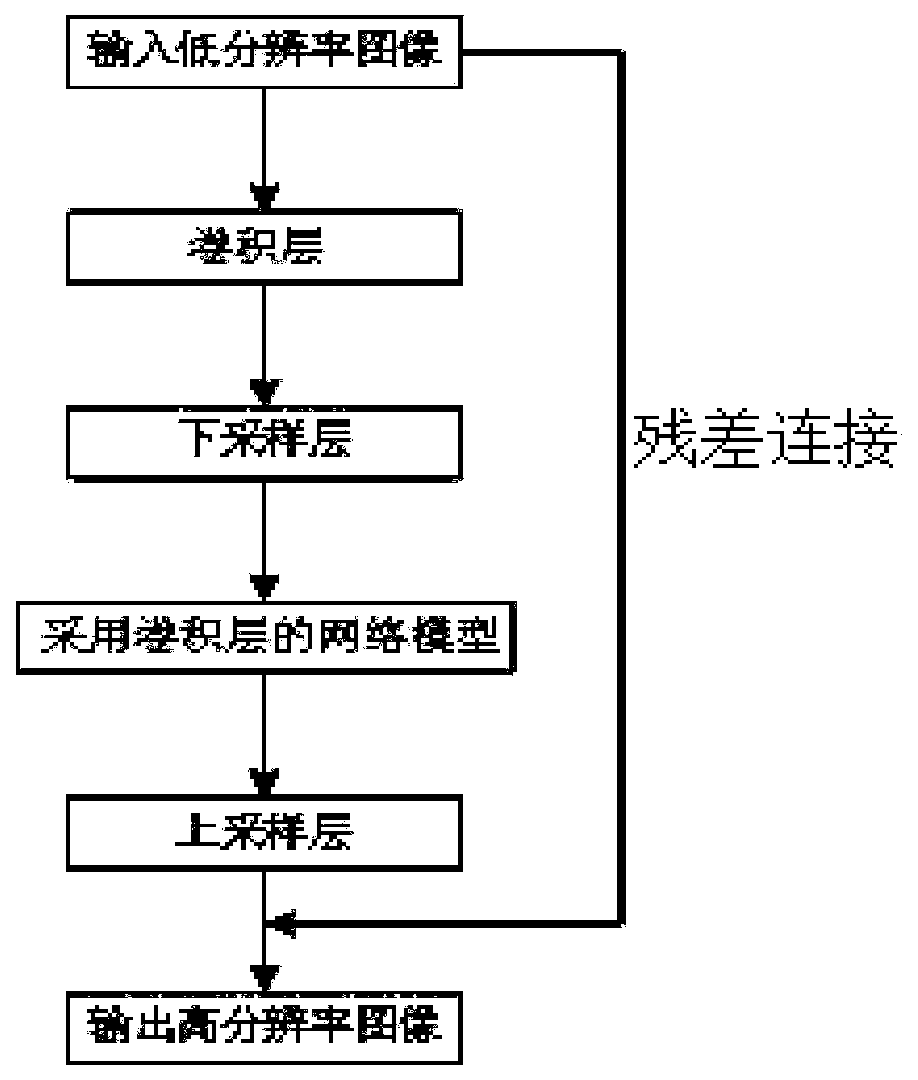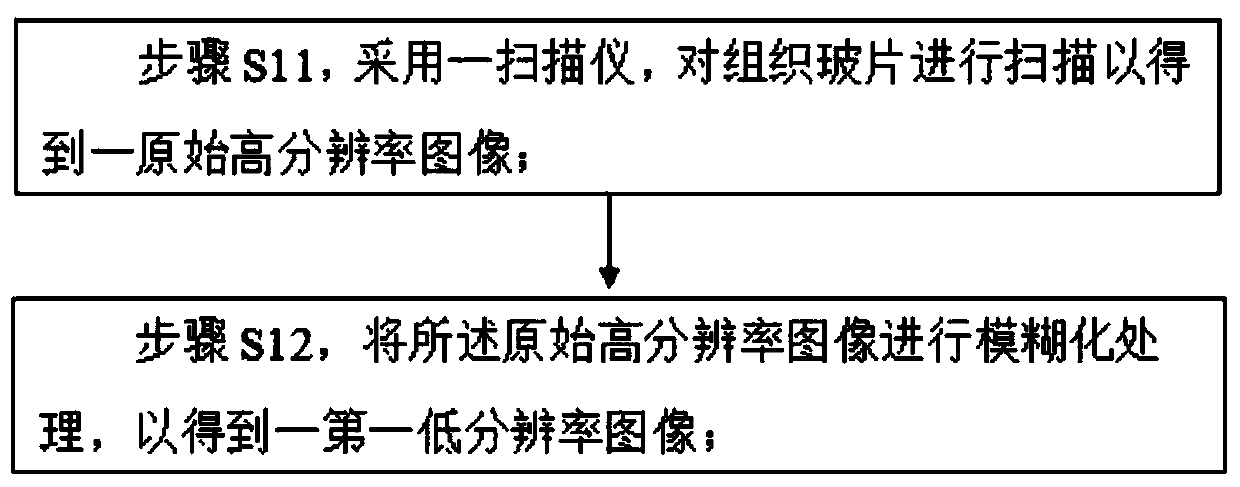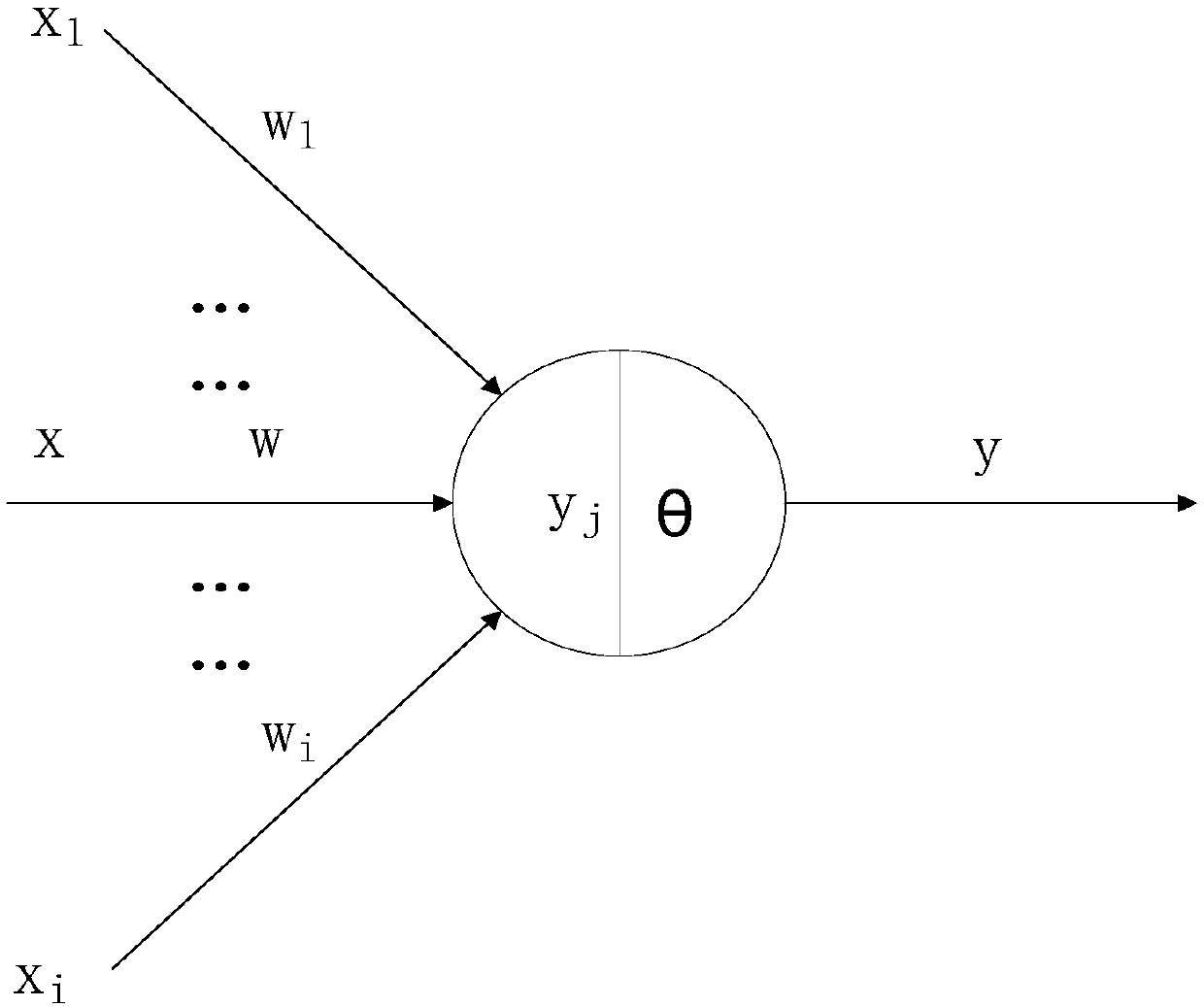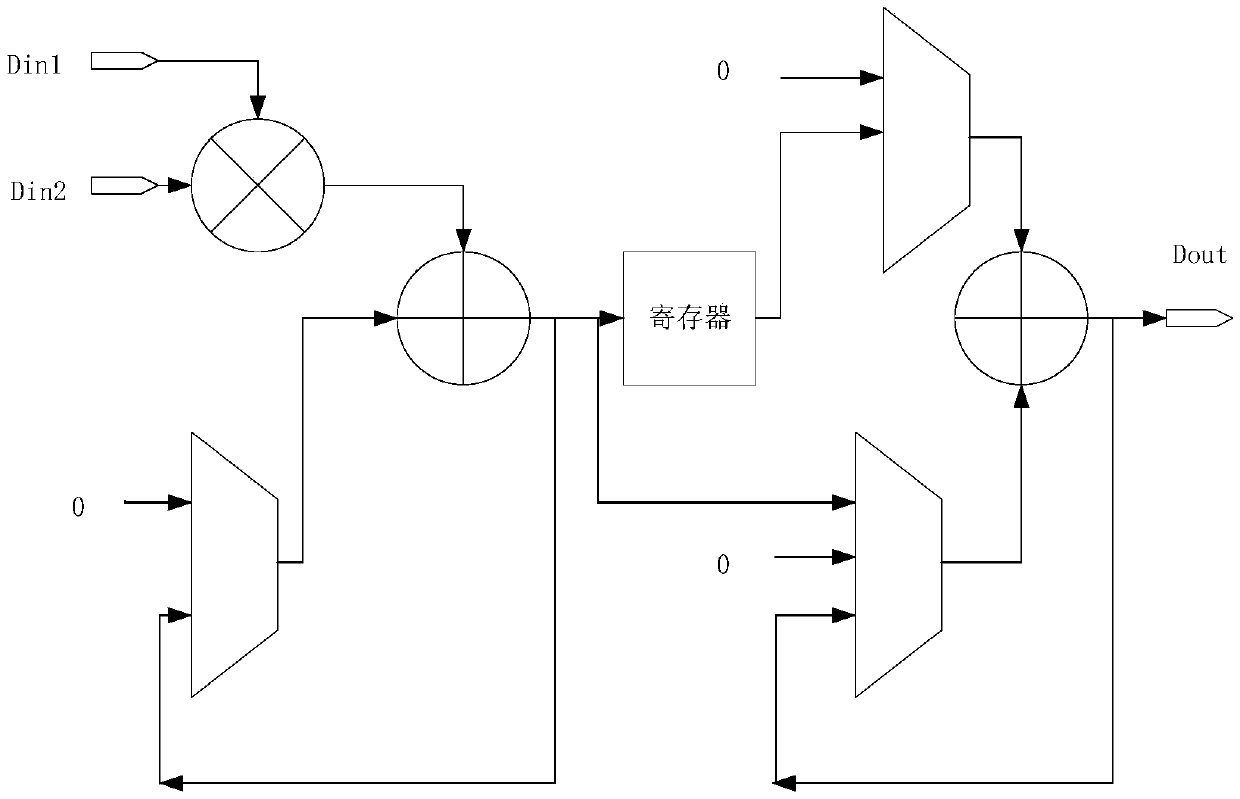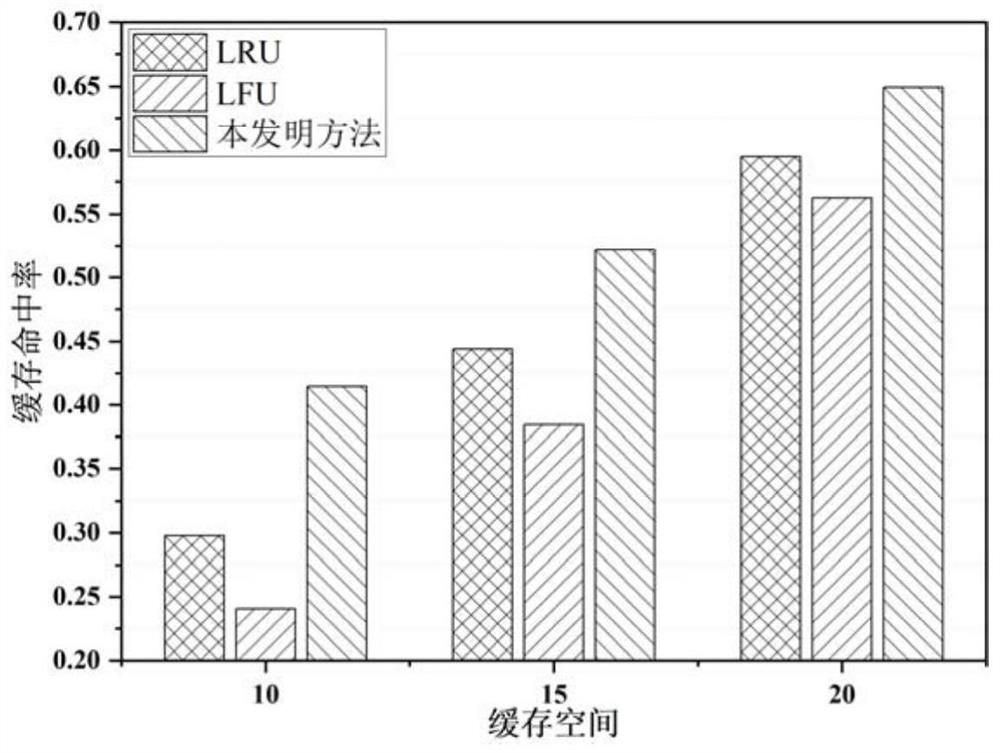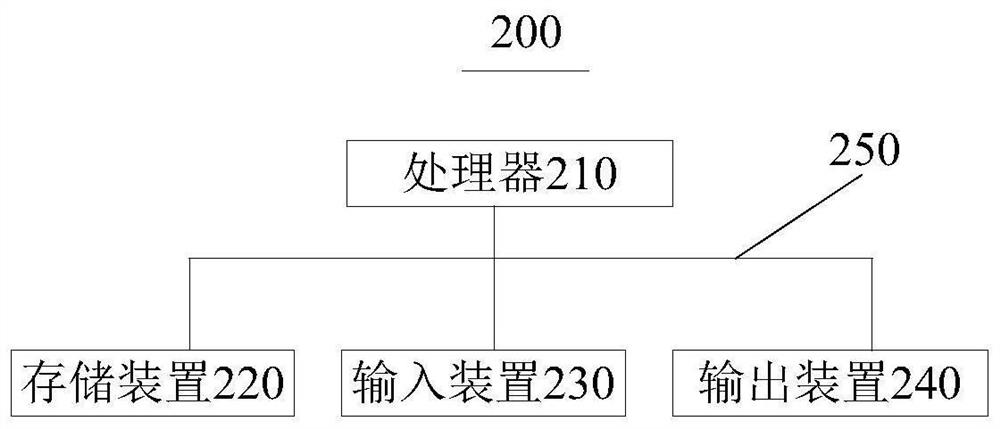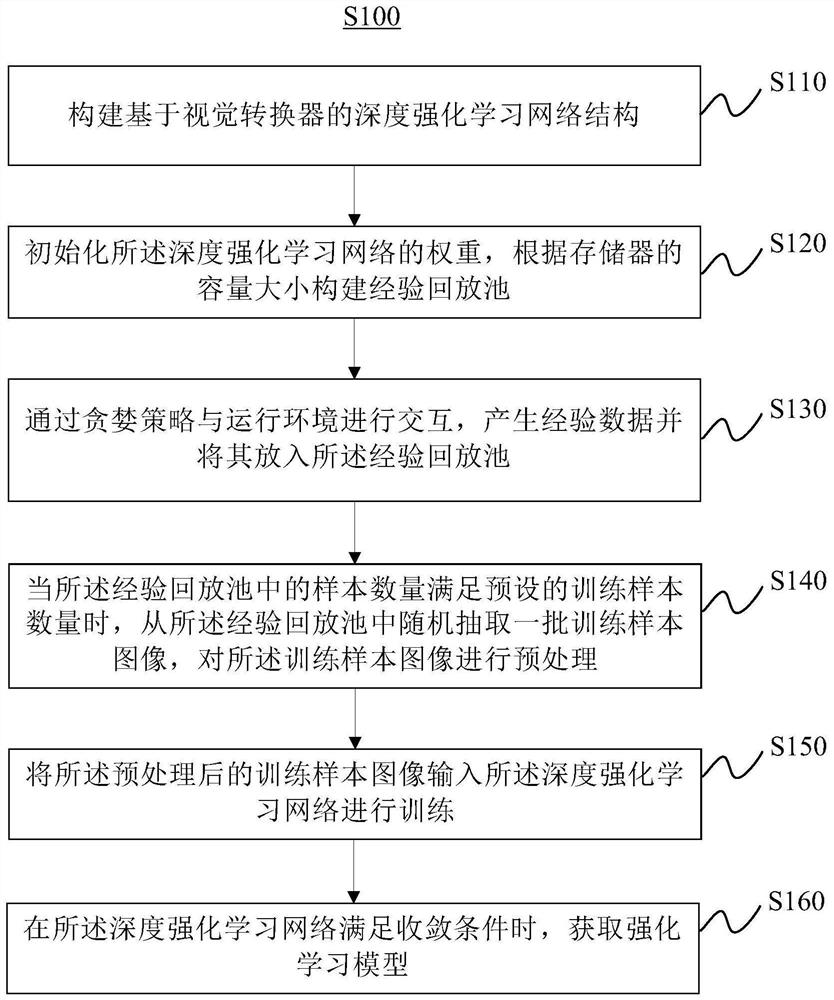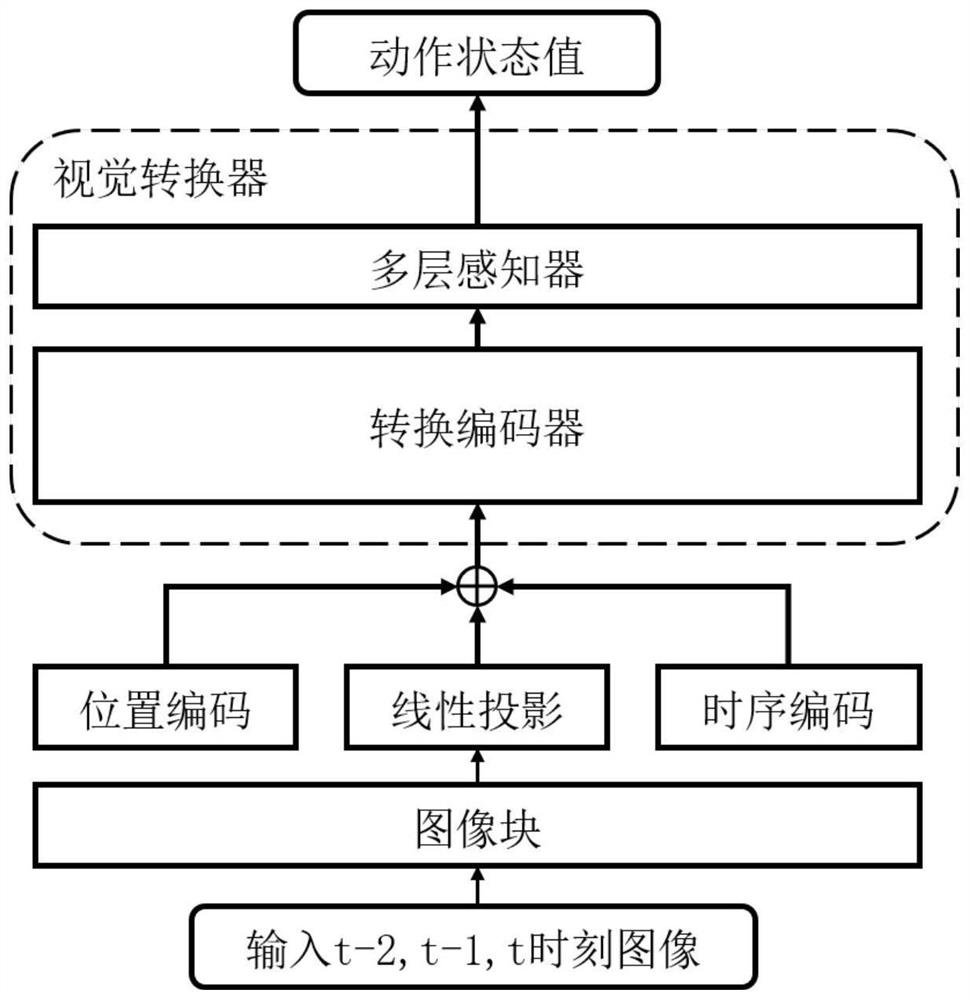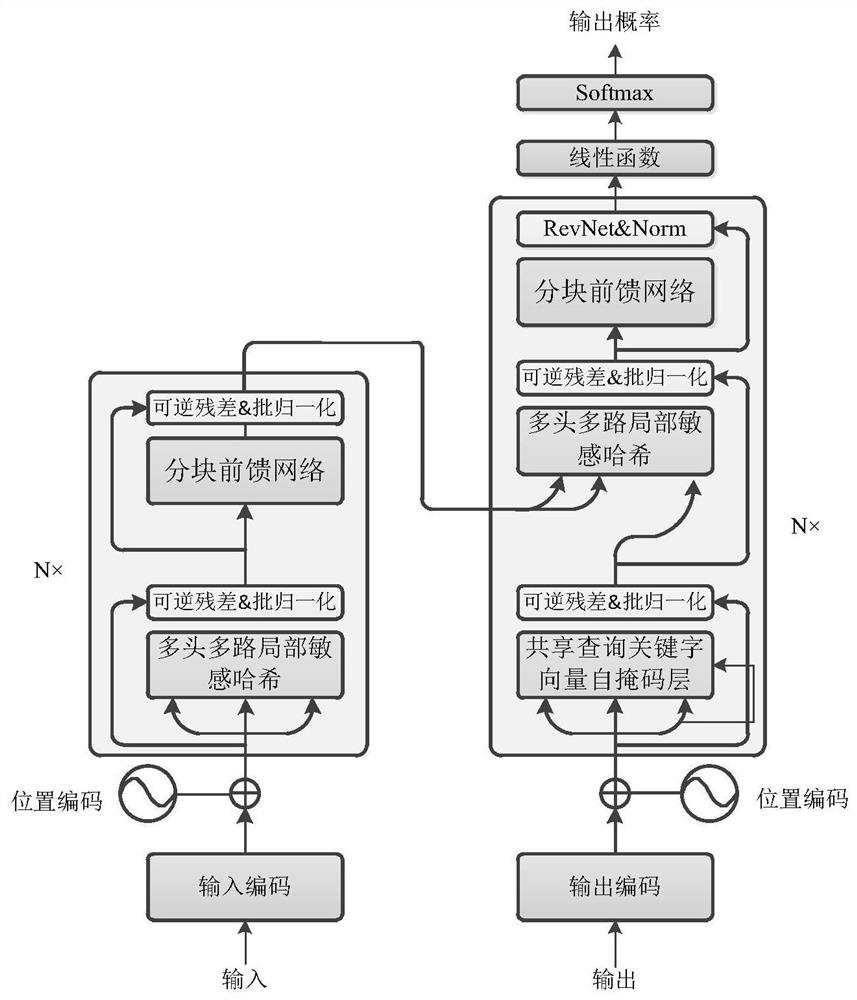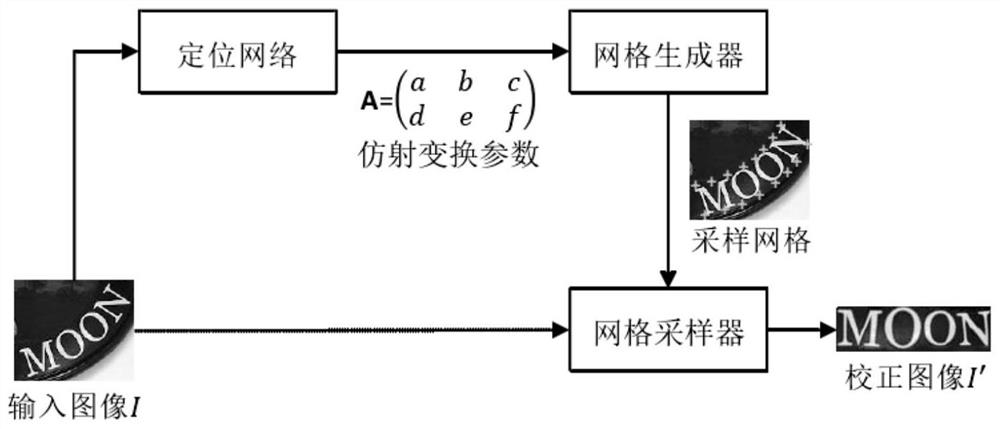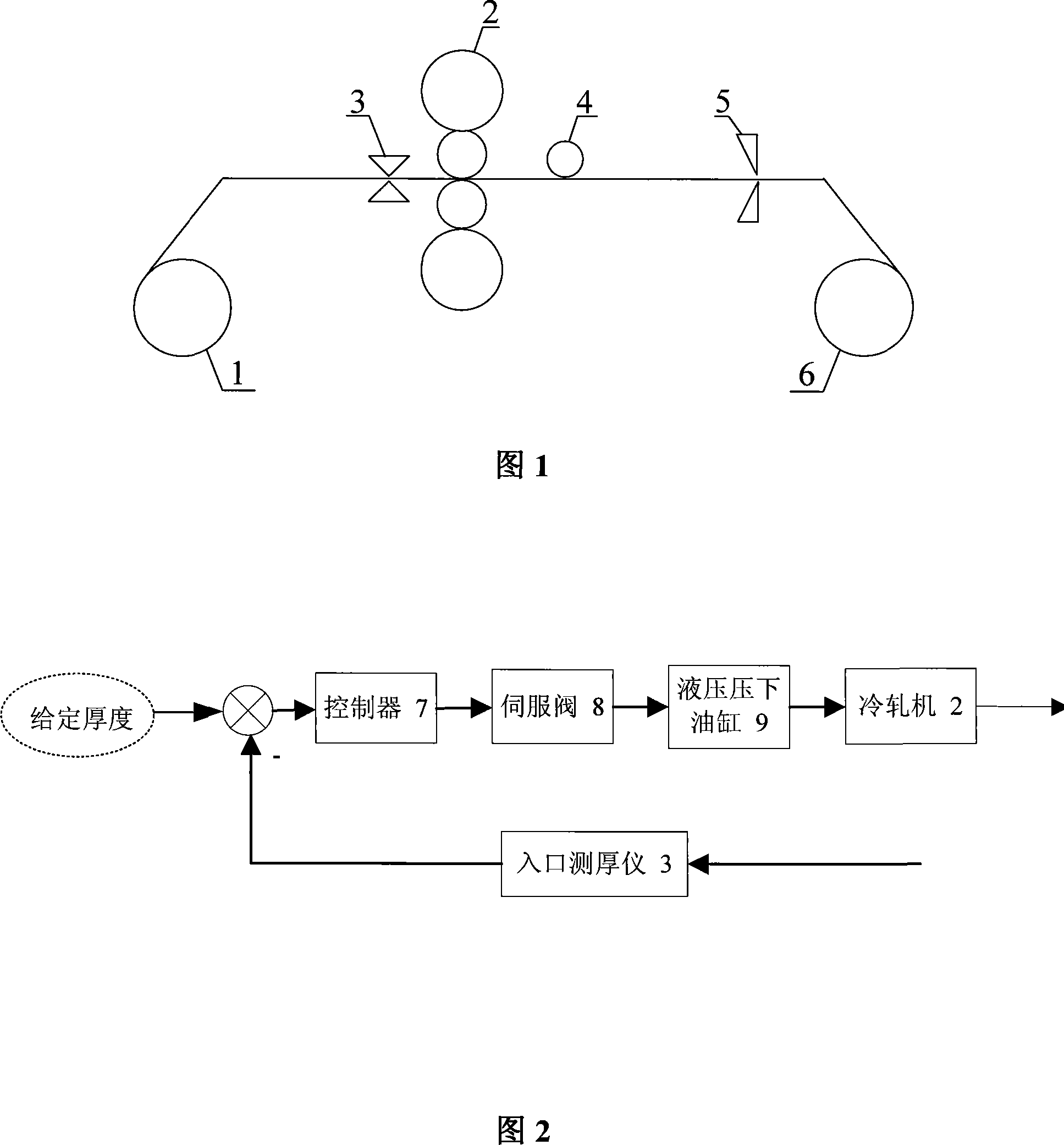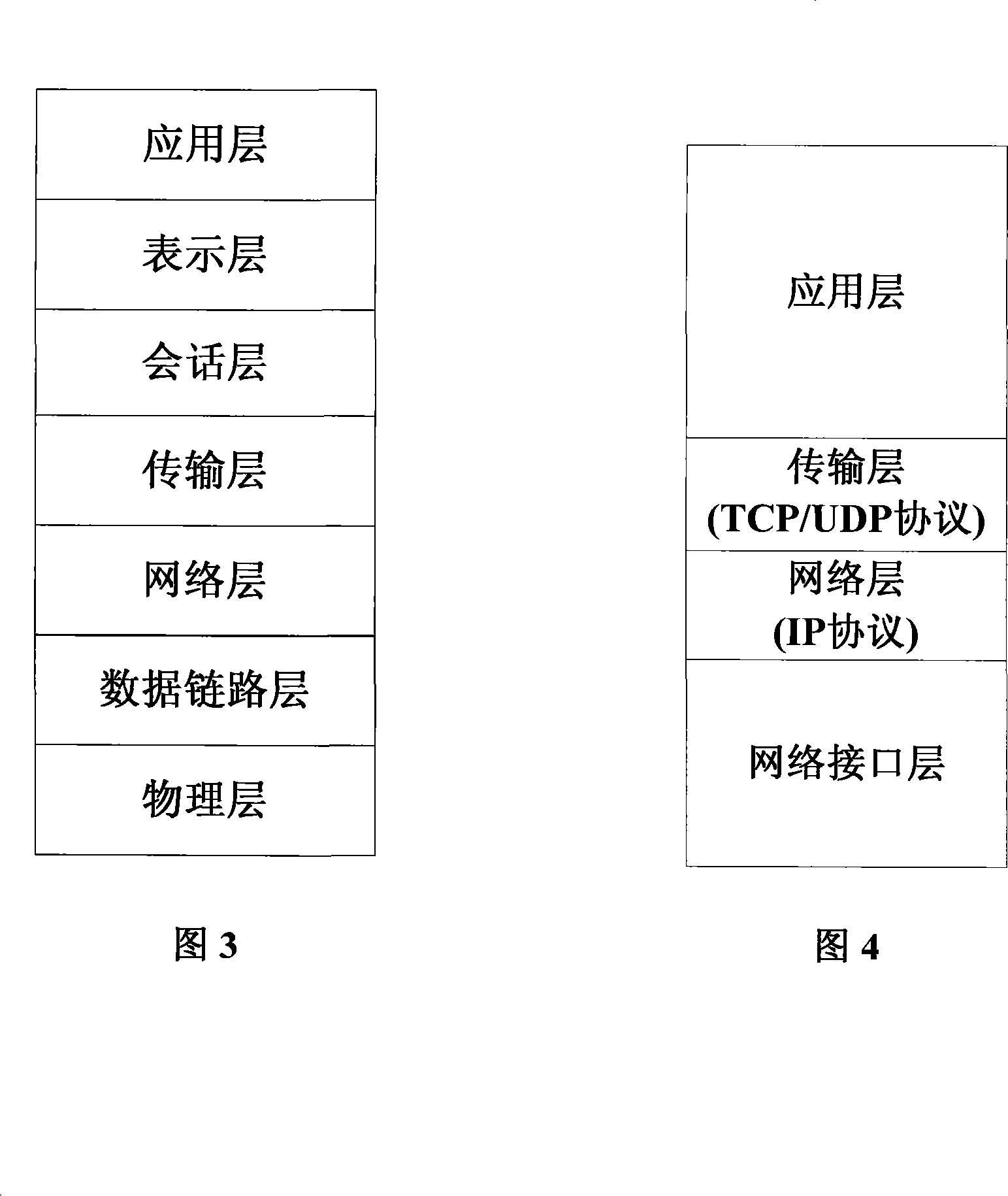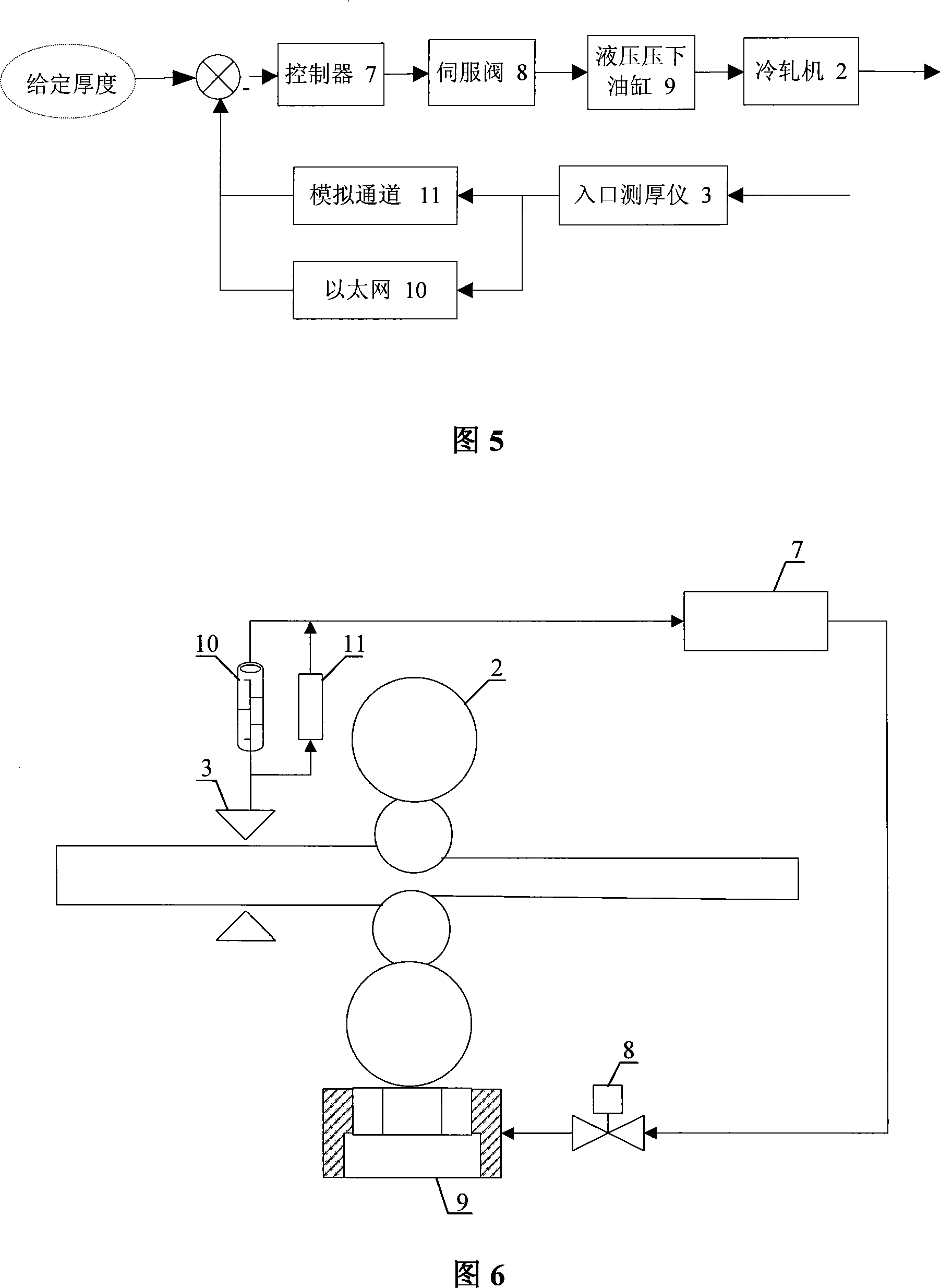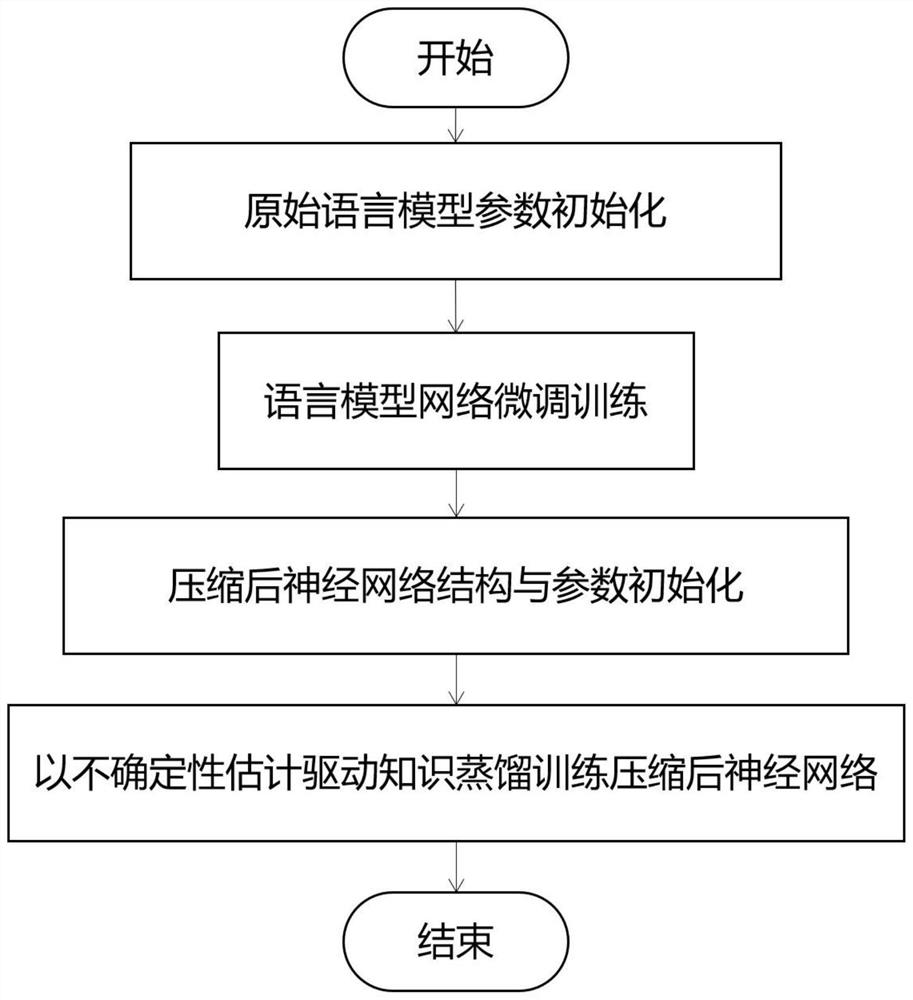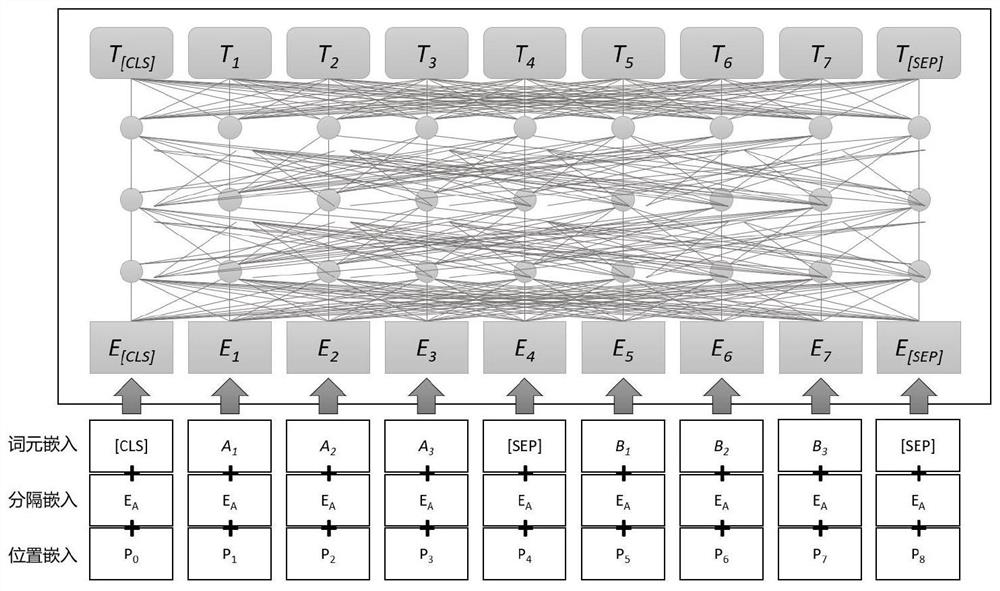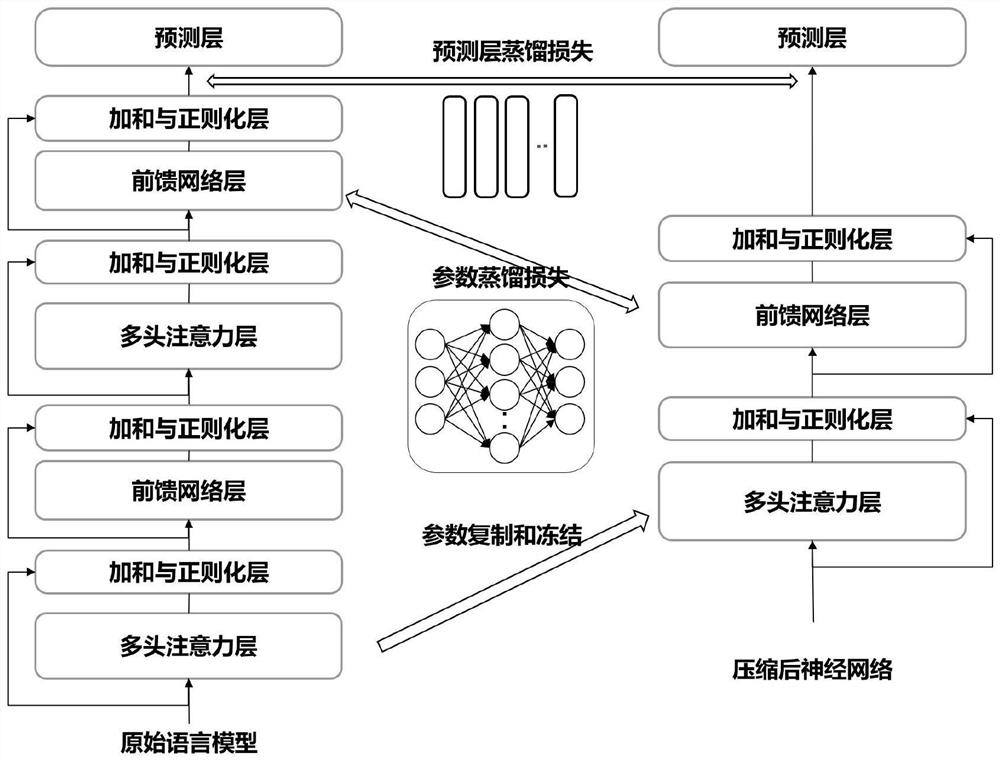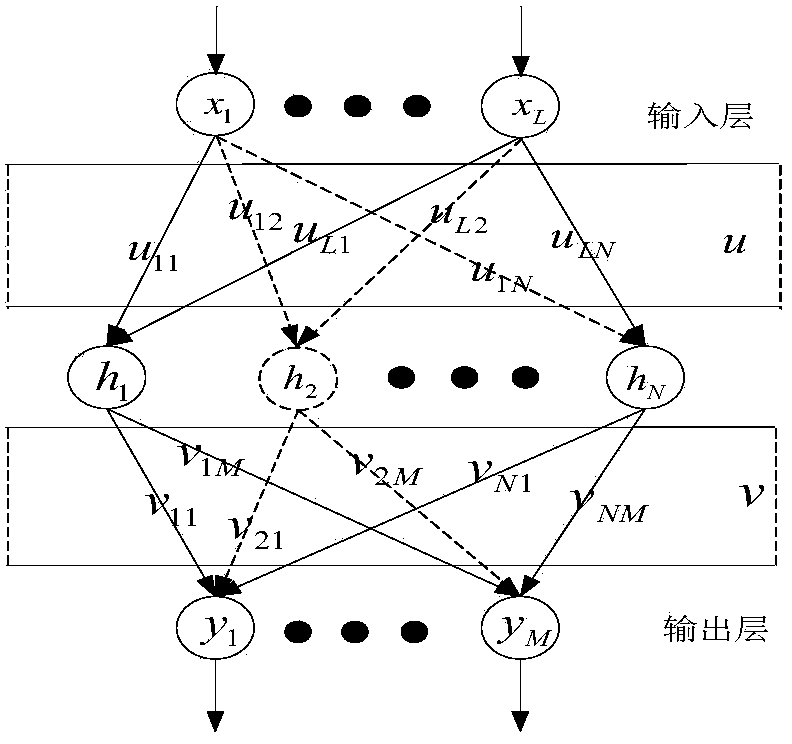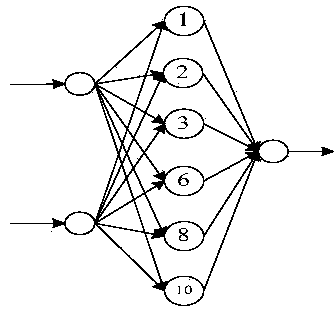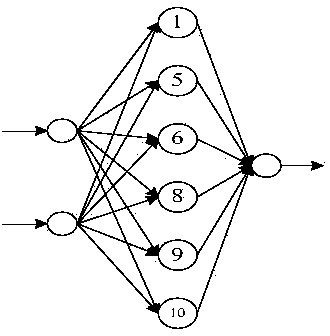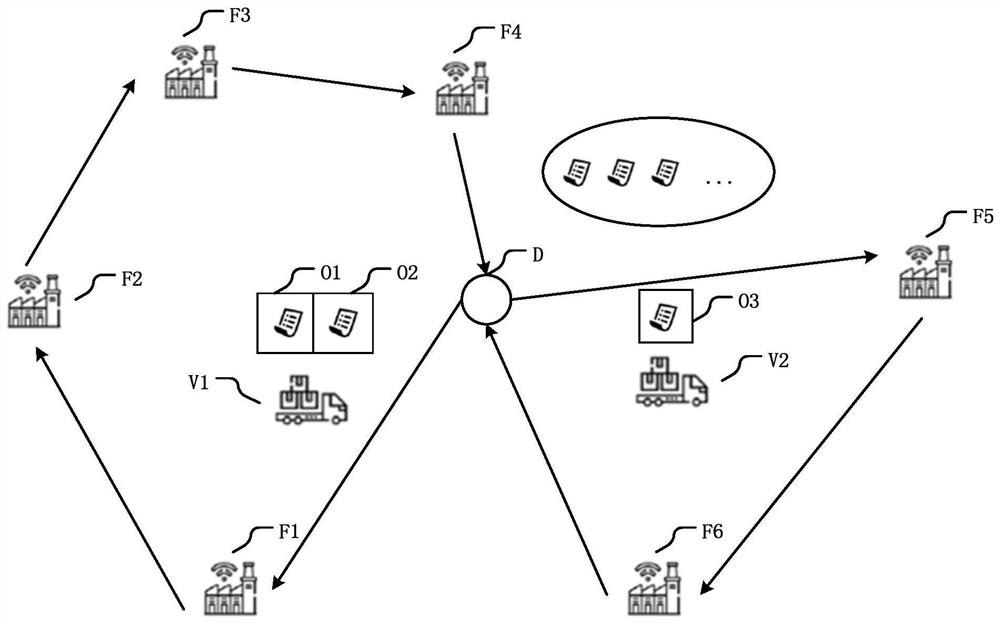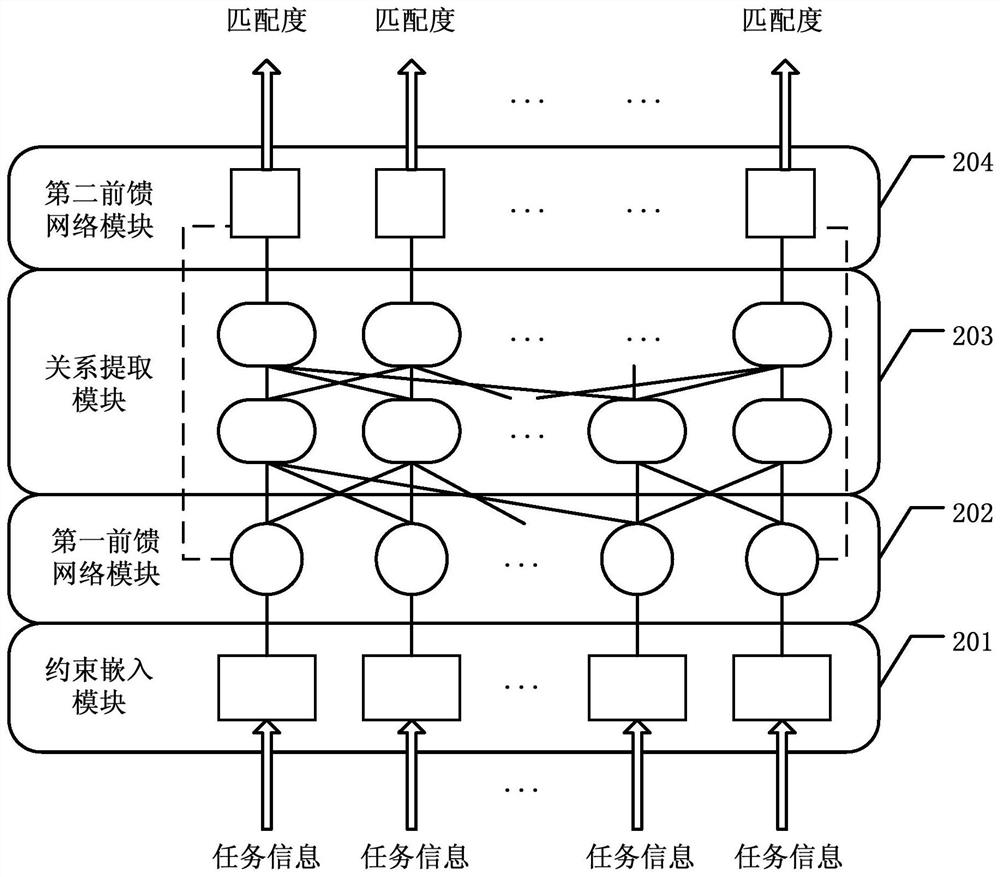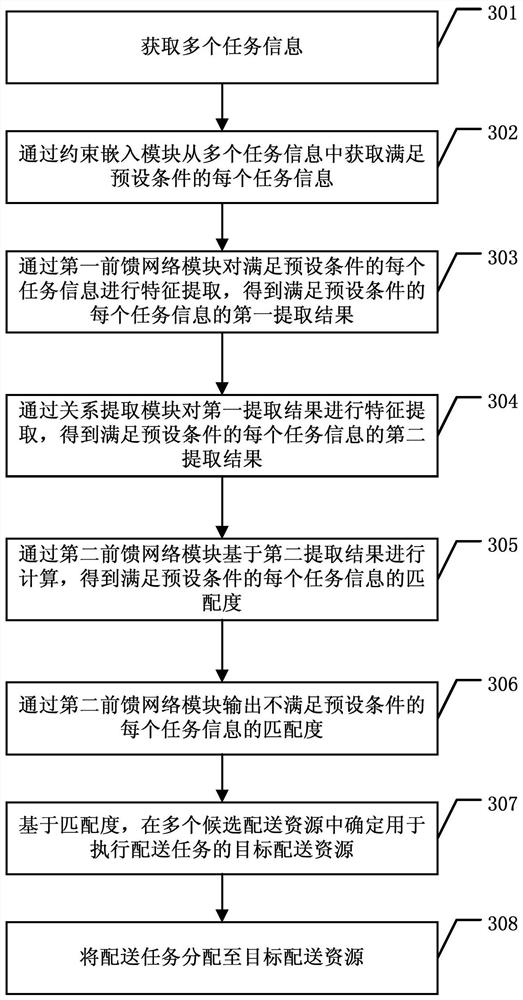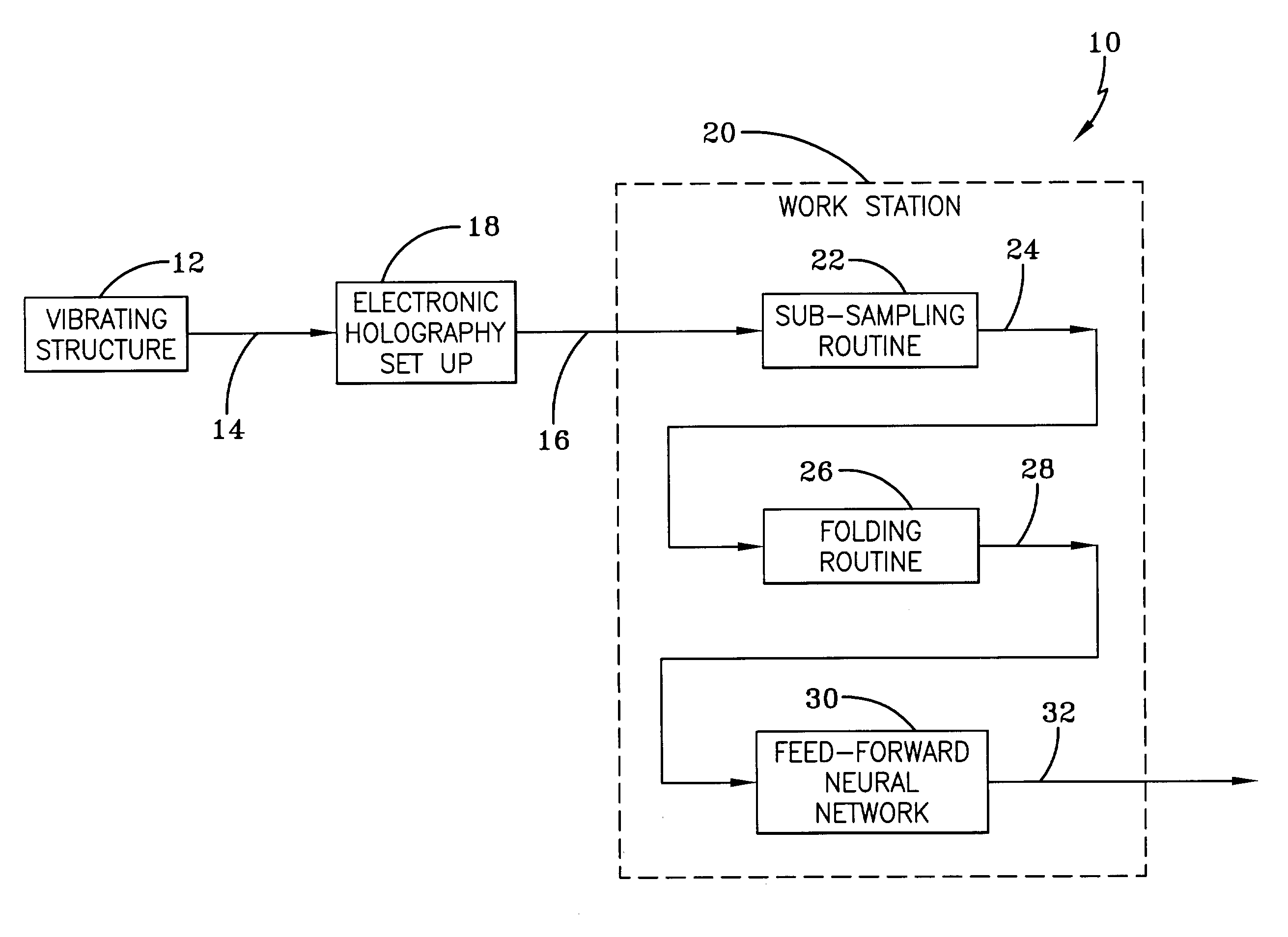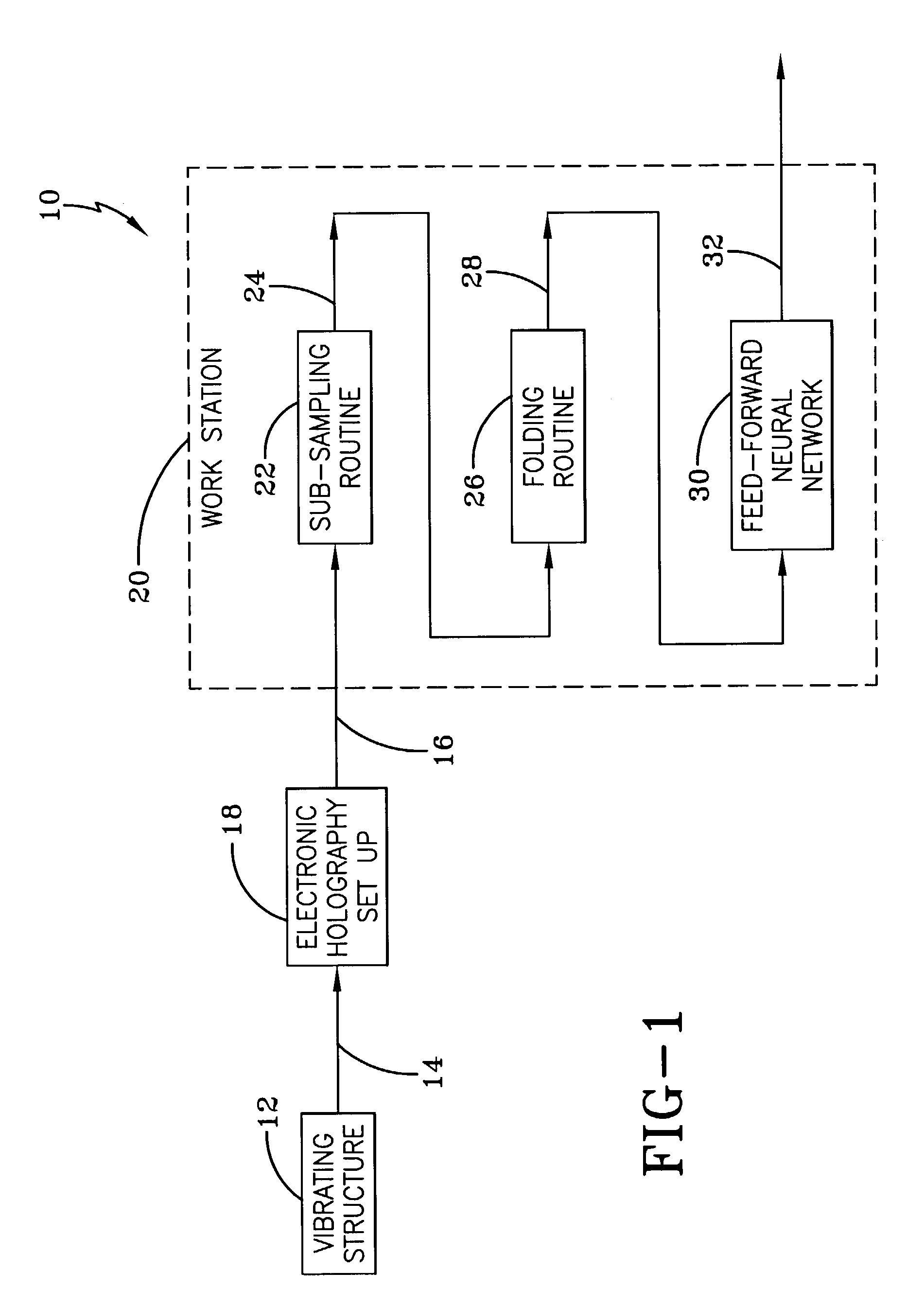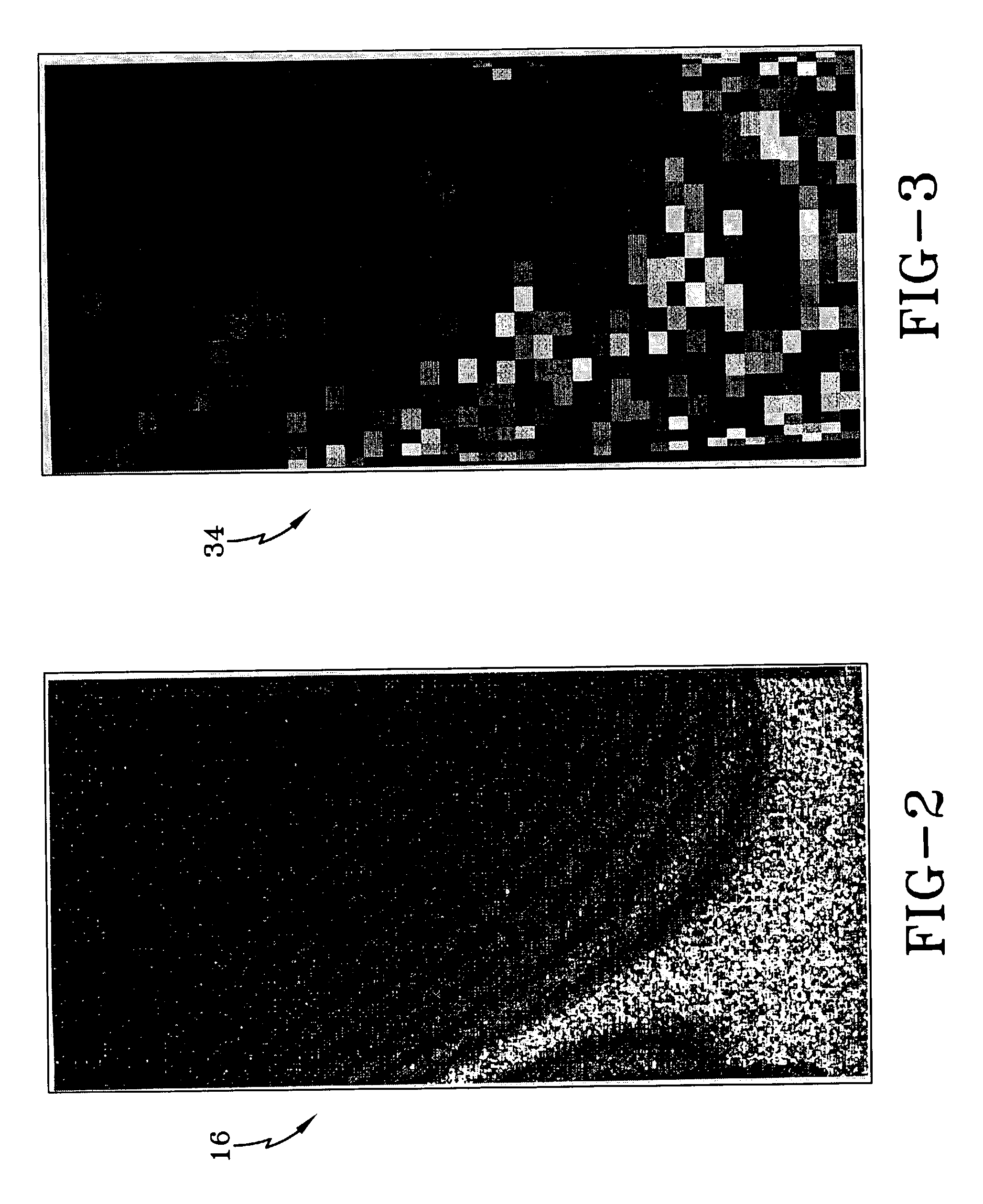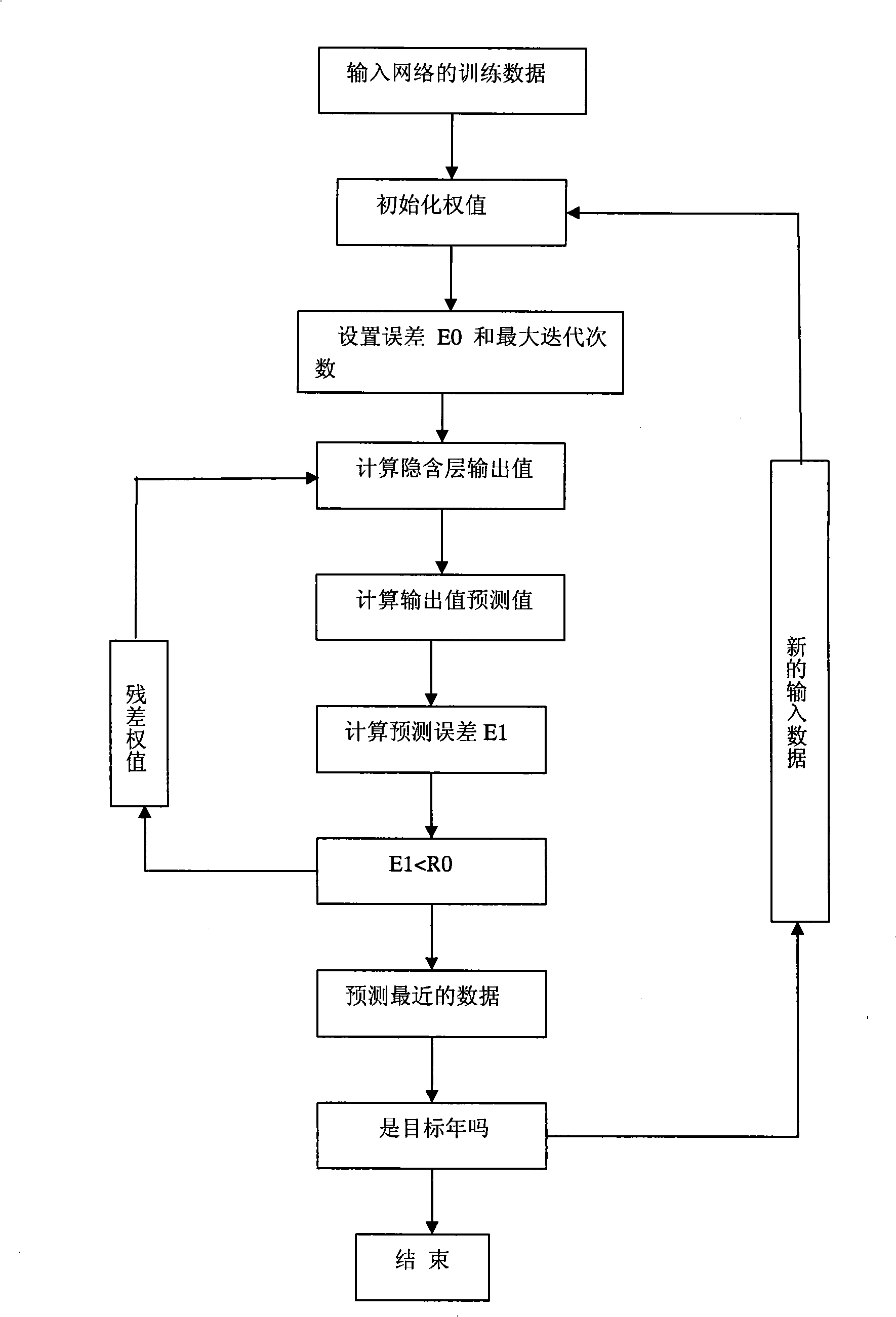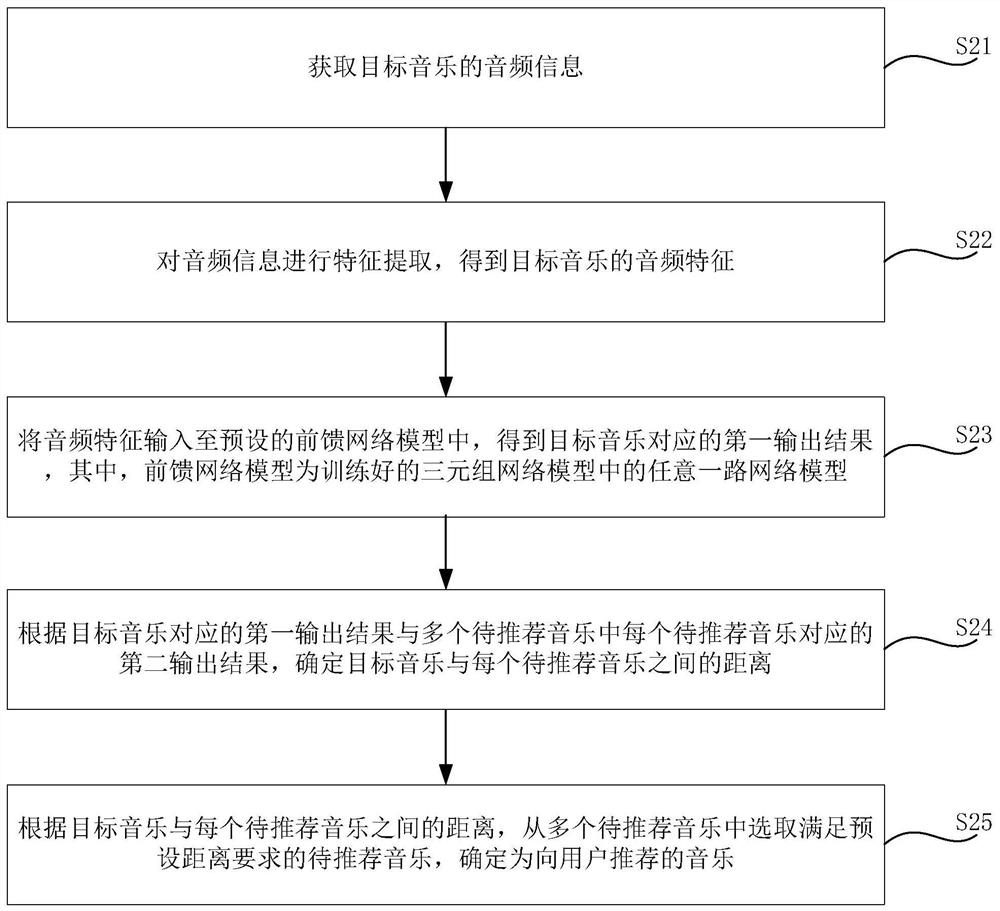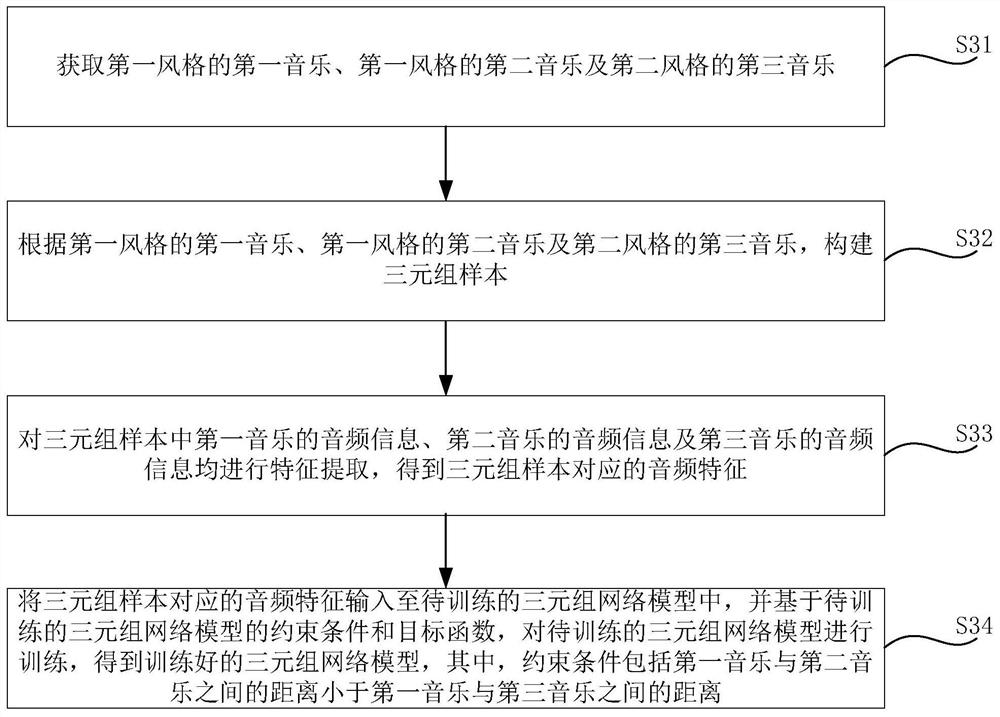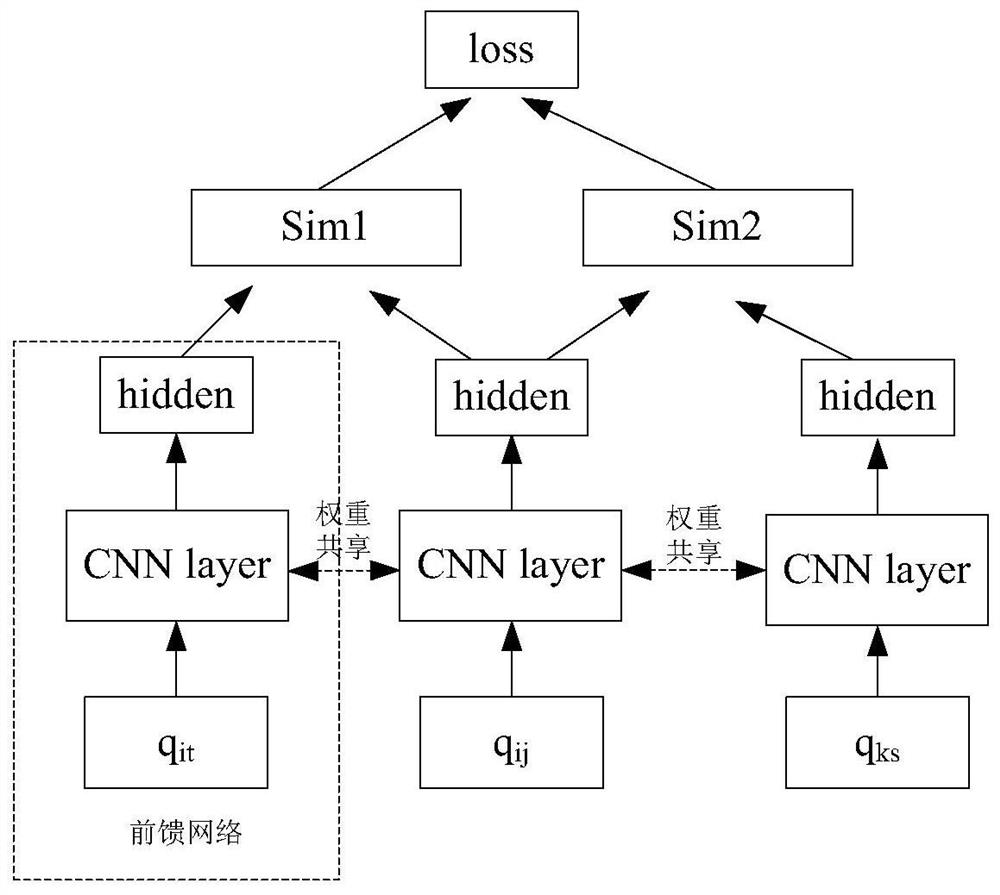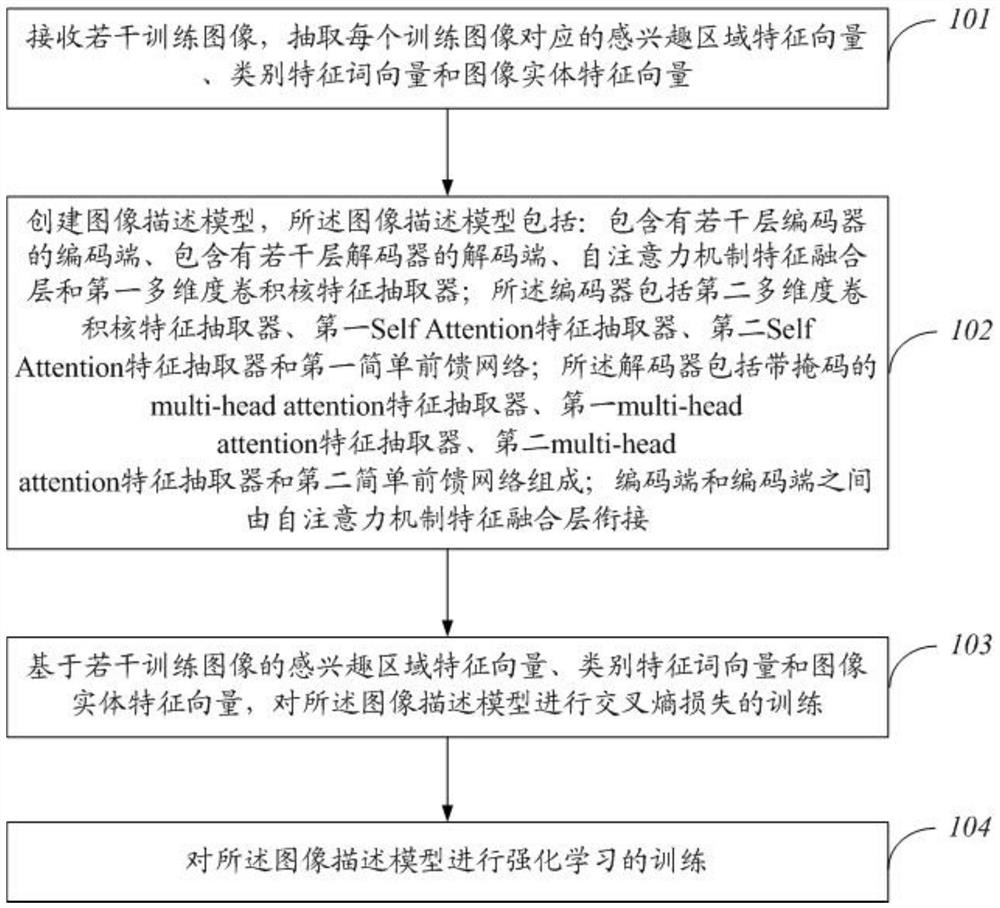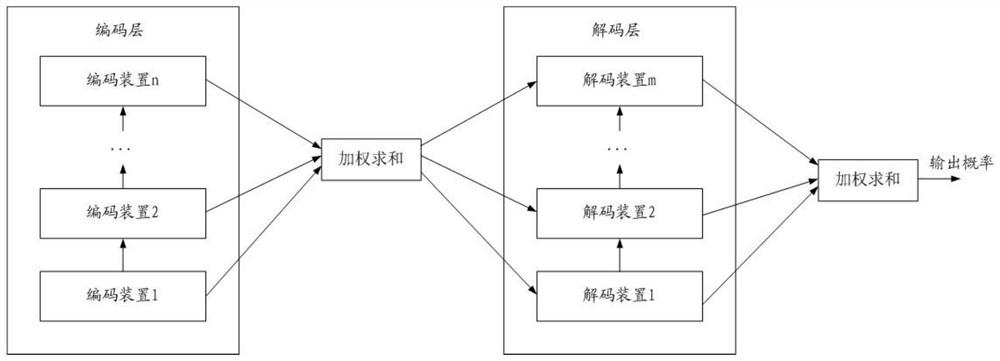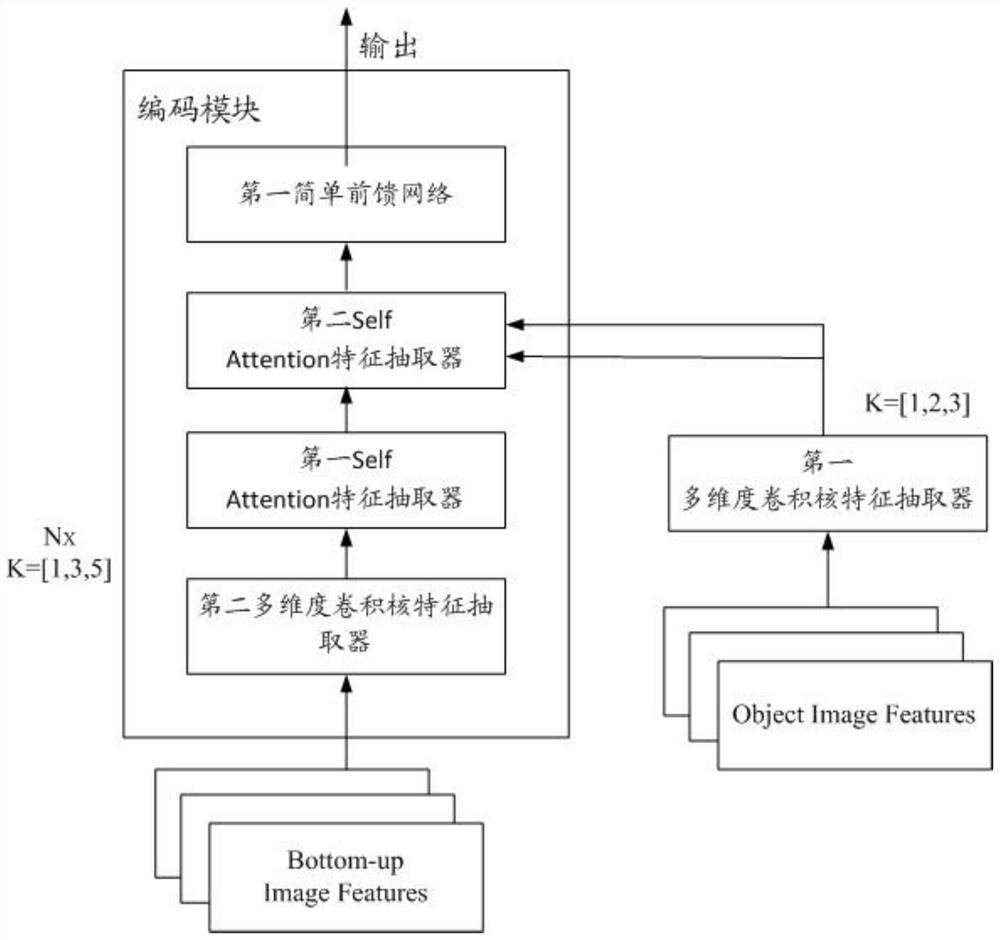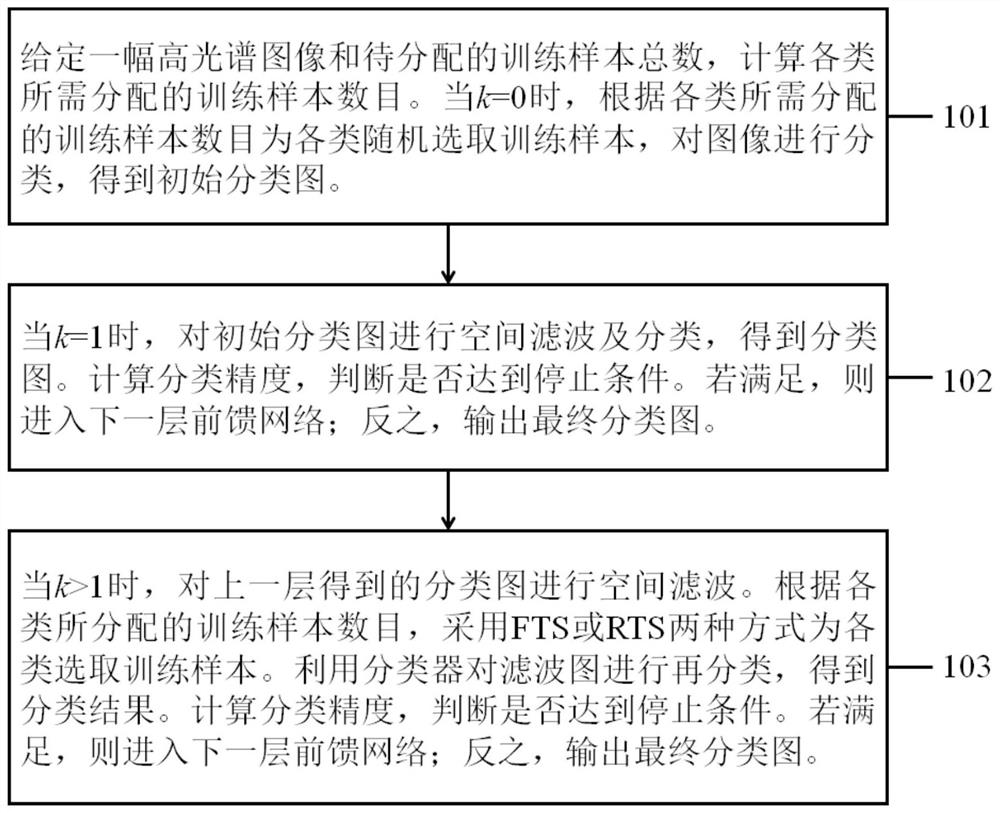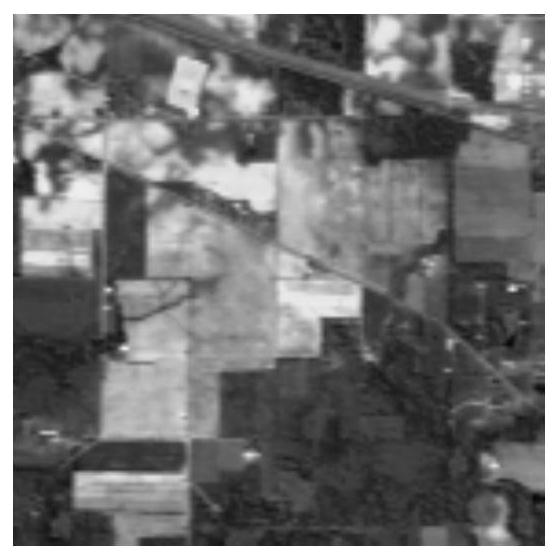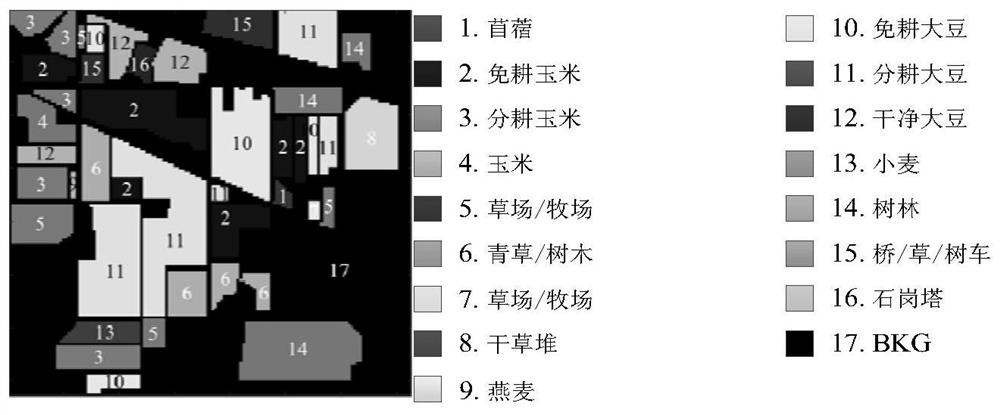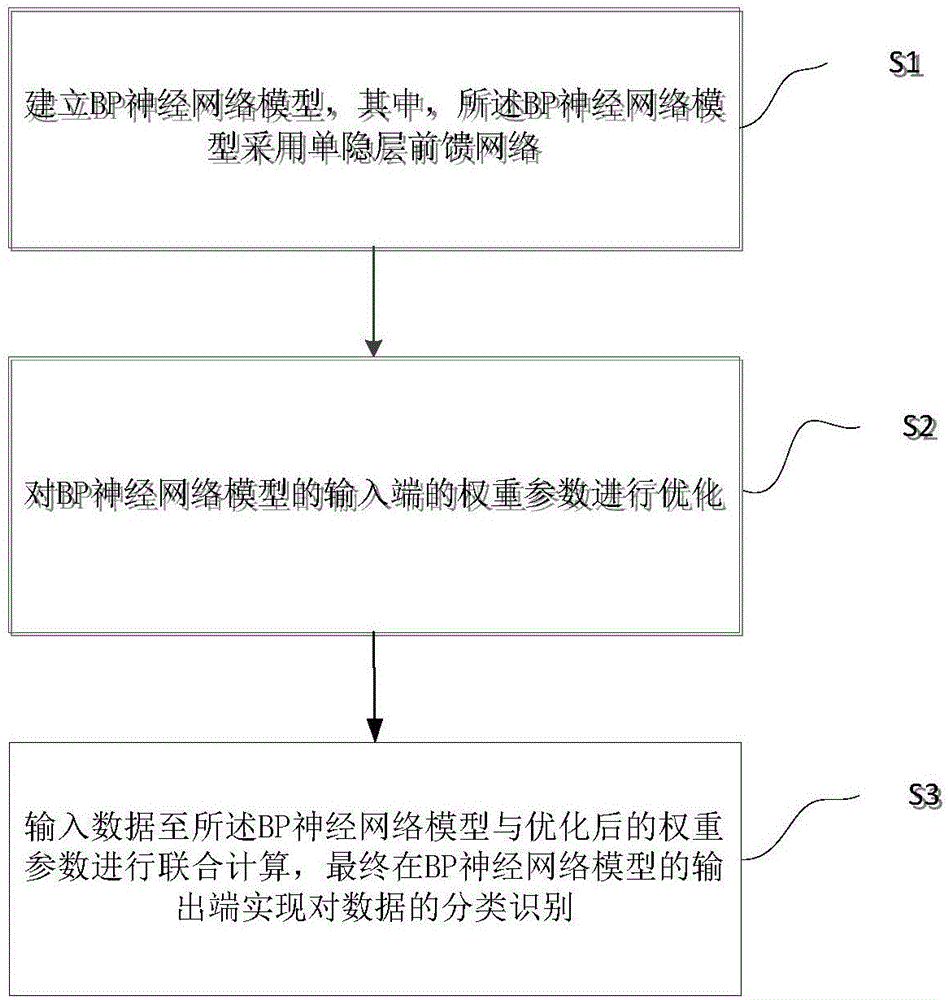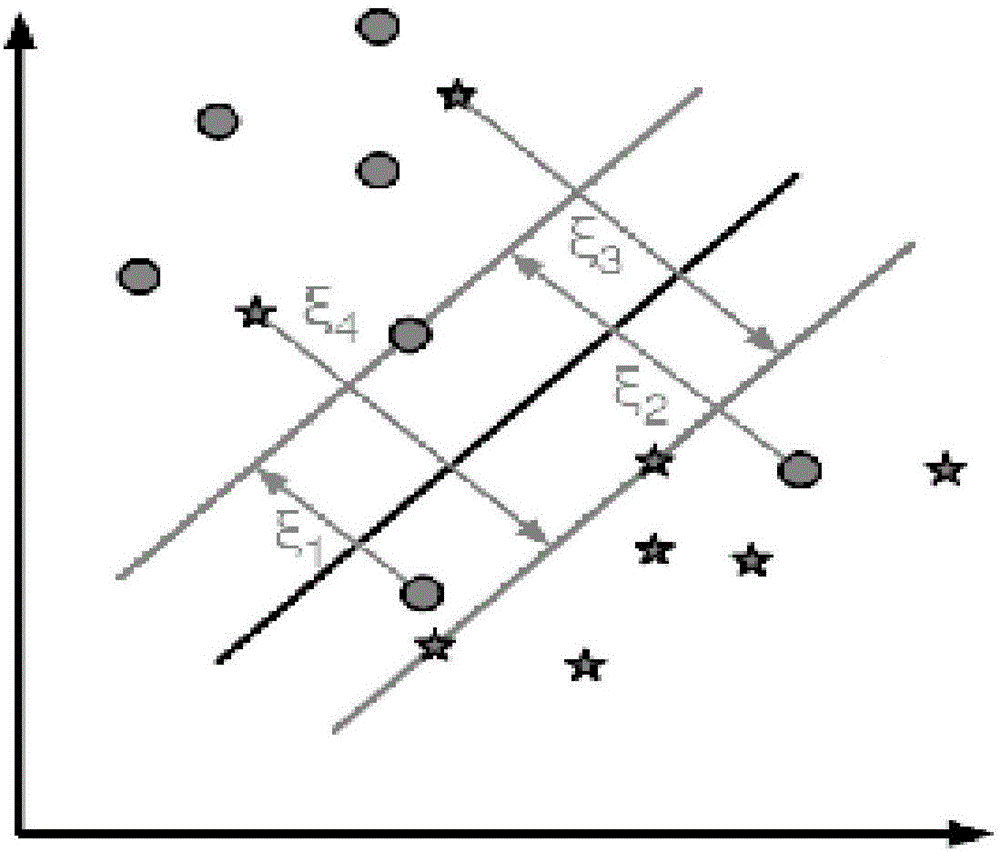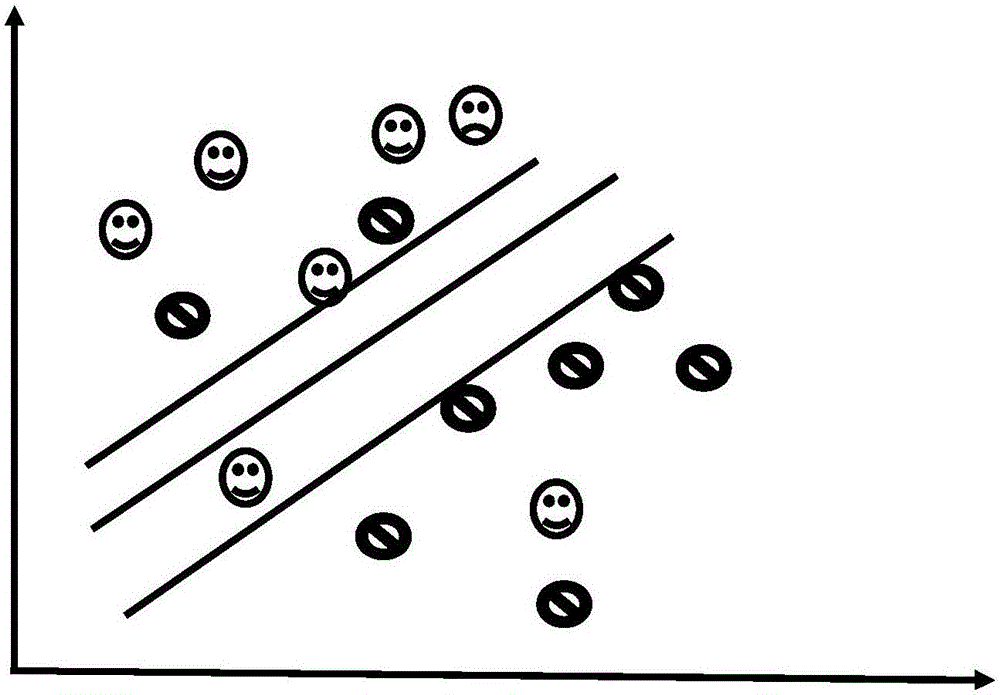Patents
Literature
65 results about "Feed forward network" patented technology
Efficacy Topic
Property
Owner
Technical Advancement
Application Domain
Technology Topic
Technology Field Word
Patent Country/Region
Patent Type
Patent Status
Application Year
Inventor
A fully connected feed forward network is one in which every neuron in a particular layer is connected to every neuron in the subsequent layer, and in which information flows in one direction only, from input to output.
Source node loophole detection method based on integrated neural network
InactiveCN104809069AAccurate and effective vulnerability detectionGuaranteed propertyBiological neural network modelsSoftware testing/debuggingSmall sampleAlgorithm
The invention provides a source node loophole detection method based on an integrated neural network. Source nodes are processed with an N-Gram algorithm, and a represented by an N-Gram set; implicit characteristics are mined from the N-Gram set with a probability statistics method, so that the attribute of code content is ensured, and the sequence correlation property among the codes is kept; characteristic selection is performed with a ReliefF algorithm to calculate a characteristic weight; specific to the aim of solving extreme imbalance of sample data, the functions of small type samples need to be fully considered during calculation, and different neighbor values are set for different types so that the characteristics of the small sample data can play certain roles in calculation; a multilayer feed-forward network is trained with a BP algorithm in the neural network for serving as individual networks, the trust scope of each individual network is learned through a series of parameter learning of identification rate, reject rate and the like with a DS evidence theory, and a final detection result is summarized according to different trust values of each network, so that accurate and effective source node loophole detection is realized.
Owner:CHINA ELECTRIC POWER RES INST +3
Method for computer-aided control and/or regulation using neural networks
ActiveUS20100205974A1Maximizing quality functionPromote resultsDigital computer detailsGas turbine plantsFeed forward networkComputer-aided
A method for a computer-aided control of a technical system is provided. The method involves use of a cooperative learning method and artificial neural networks. In this context, feed-forward networks are linked to one another such that the architecture as a whole meets an optimality criterion. The network approximates the rewards observed to the expected rewards as an appraiser. In this way, exclusively observations which have actually been made are used in optimum fashion to determine a quality function. In the network, the optimum action in respect of the quality function is modeled by a neural network, the neural network supplying the optimum action selection rule for the given control problem. The method is specifically used to control a gas turbine.
Owner:SIEMENS AG
Method for pseudo-recurrent processing of data using a feedforward neural network architecture
Recurrent neural networks are powerful tools for handling incomplete data problems in machine learning thanks to their significant generative capabilities. However, the computational demand for algorithms to work in real time applications requires specialized hardware and software solutions. We disclose a method for adding recurrent processing capabilities into a feedforward network without sacrificing much from computational efficiency. We assume a mixture model and generate samples of the last hidden layer according to the class decisions of the output layer, modify the hidden layer activity using the samples, and propagate to lower layers. For an incomplete data problem, the iterative procedure emulates feedforward-feedback loop, filling-in the missing hidden layer activity with meaningful representations.
Owner:ASELSAN ELEKTRONIK SANAYI & TICARET ANONIM SIRKETI
Ship behavior track recognition method
InactiveCN108334905AImprove accuracyReduce redundancyCharacter and pattern recognitionMarine craft traffic controlFeed forward networkBehaviour pattern
The invention discloses a ship behavior track recognition method. The method comprises the following steps of: obtaining a track of a ship according to a track parameter; carrying out region divisionon the current sea area in which the ship travels according to the geographic condition of the current sea area; dividing a sea area track section by using a corner method according to the divided seaarea, so as to obtain a plurality of ship sub-track fragment sets; carrying out error back propagation multilayer feed-forward network set clustering on the plurality of ship sub-track fragment sets,so as to obtain a typical ship behavior track mode; calculating a Hausdoff distance between a track of a to-be-recognized ship and the typical ship behavior track mode; setting a Hausdoff distance threshold value; and judging a behavior track mode of the to-be-recognized ship according to a comparison result between the Hausdoff distance and the Hausdoff distance threshold value, and if the Hausdoff distance is smaller than or equal to the Hausdoff distance threshold value, judging the behavior track mode of the ship as the typical ship behavior track mode. The method is capable of correctlyand rapidly judging behavior modes of ship tracks, avoiding the waste of offshore management resources and ensuring the personal and property safety of seamen.
Owner:CHINA INFORMATION & ELECTRONICSE DEV HEFEI
Image generation method based on self-attention model
The invention provides an image generation method based on a self-attention model. The method comprises the main content of image representation, the self-attention model and local self-attention. According to the process, three color channel intensities of input pixels and prediction pixels are regarded as classification variables, and coding is performed; width and channel dimensions are combined into a three-dimensional tensor; current representation of a position and representation of other positions are compared, so that attention distribution of other positions is obtained; self-attention is subjected to parallel calculation for all query blocks, and meanwhile a feedforward network and normalization of layers are subjected to parallel calculation for all the positions; and one-dimensional local attention and two-dimensional local attention are used to select query blocks and relevant storage block neighborhoods. The method is based on the self-attention model, the size of an image capable of being processed through the model in practice is remarkably increased, two-dimensional characteristics of the image can be effectively utilized, and the quality of the generated image isgreatly improved.
Owner:SHENZHEN WEITESHI TECH
Method for computer-supported control and/or regulation of a technical system
ActiveUS8260441B2Promote resultsDigital computer detailsDigital dataFeed forward networkStudy methods
A method for computer-supported control and / or regulation of a technical system is provided. In the method a reinforcing learning method and an artificial neuronal network are used. In a preferred embodiment, parallel feed-forward networks are connected together such that the global architecture meets an optimal criterion. The network thus approximates the observed benefits as predictor for the expected benefits. In this manner, actual observations are used in an optimal manner to determine a quality function. The quality function obtained intrinsically from the network provides the optimal action selection rule for the given control problem. The method may be applied to any technical system for regulation or control. A preferred field of application is the regulation or control of turbines, in particular a gas turbine.
Owner:SIEMENS AG
Method for computer-aided control and/or regulation using two neural networks wherein the second neural network models a quality function and can be used to control a gas turbine
ActiveUS8447706B2Promote resultsHigh data efficiencyError detection/correctionDigital computer detailsNerve networkFeed forward network
A method for a computer-aided control of a technical system is provided. The method involves use of a cooperative learning method and artificial neural networks. In this context, feed-forward networks are linked to one another such that the architecture as a whole meets an optimality criterion. The network approximates the rewards observed to the expected rewards as an appraiser. In this way, exclusively observations which have actually been made are used in optimum fashion to determine a quality function. In the network, the optimum action in respect of the quality function is modeled by a neural network, the neural network supplying the optimum action selection rule for the given control problem. The method is specifically used to control a gas turbine.
Owner:SIEMENS AG
Method for detecting pulmonary artery blood pressure by using heart sound analysis method of multilayer feedforward network
InactiveCN102334985ANon-intrusiveAchieving risk-free detectionEvaluation of blood vesselsAngiographyFast Fourier transformPrincipal component analysis
The invention relates to a method for detecting the pulmonary artery blood pressure by using a heart sound analysis method of a multilayer feedforward network. The method comprises the steps of: extracting a heart sound signal; preprocessing the heart sound signal by fast Fourier transform and normalized average Shannon energy distribution to obtain heart sound signal features; filtering the heart sound signal features by using a principal component analysis method; and performing training learning on the filtered hear sound signal features by using a perceptron neural network or a multilayer perceptron feedforward neural network to obtain an optimal neural network between the heart sound signal features and a pulmonary artery blood pressure value. The heart sound signal features are signal features of a first heart sound and a second heart sound; the heart sound signal features comprise crest frequency, average frequency, crest amplitude, average amplitude, duration and time interface of heart sounds. By adopting the method for detecting the pulmonary artery blood pressure by using the heart sound analysis method of the multilayer feedforward network, provided by the invention, the pulmonary artery blood pressure can be easily and conveniently detected at low cost in a non-intrusive and no risk manner.
Owner:THE HONG KONG POLYTECHNIC UNIV
A deep neural network structure design method inspired by an optimization algorithm
ActiveCN108985457AEffective structureImprove performanceNeural learning methodsAlgorithmFeed forward network
The invention discloses a deep neural network structure design method inspired by an optimization algorithm. For all layers share the same linear and non-linear transformation classic feedforward network structure, the forward process in the feedforward network is equivalent to an iterative process of minimizing a function F (x) using a gradient descent method. Furthermore, the function F (x) is minimized by using the double sphere method and the Nesterov acceleration algorithm with a faster convergence rate, and a new network structure with better performance is obtained. The method can be used in artificial intelligence, computer vision and other application fields. Through adoption of the technical scheme of the invention, the neural network structure is designed from the optimization algorithm, a traditional design mode depending on experience and experimenting to search can be improved, the more efficient neural network structure can be obtained, and a large amount of time and compute resources can be saved.
Owner:PEKING UNIV
Pedestrian intention multi-task identification and trajectory prediction method under view angle of intelligent automobile
PendingCN114120439AReduce traffic accidentsImprove accuracyForecastingBiometric pattern recognitionNerve networkFeed forward network
The invention discloses a pedestrian intention multi-task identification and trajectory prediction method under the view angle of an intelligent automobile, and the method comprises the steps: carrying out the multi-task identification of the pedestrian intention and trajectory prediction according to different kinds of spatio-temporal context information captured in an environment, including visual feature information and non-visual feature information, through a novel neural network architecture, employing a hybrid method, and carrying out the multi-task identification of the pedestrian intention in the view angle of the intelligent automobile; performing joint visual space and dynamic reasoning on each information source by using a feedforward network and a loop architecture, fusing visual information and non-visual information of m historical time steps at T time, classifying current states or actions of pedestrians at the time T, predicting future crossing intentions, outputting actions and intention probabilities at the time T, and obtaining a crossing intention prediction result; the model also predicts a trajectory from time T to time T + n. The method comprehensively considers global spatio-temporal context information of a traffic environment where pedestrians are located, comprises five kinds of visual and non-visual information sources, improves the accuracy of pedestrian crossing intention prediction, and has the advantages of being small in occupied memory amount, high in reasoning speed, complementary in associated task performance and the like.
Owner:JIANGSU UNIV
Back-propagation neural network with enhanced neuron characteristics
ActiveUS6876989B2Improve featuresAvoid problemsDigital computer detailsDigital dataActivation functionNeural network system
A neural network system includes a feedforward network comprising at least one neuron circuit for producing an activation function and a first derivative of the activation function and a weight updating circuit for producing updated weights to the feedforward network. The system also includes an error back-propagation network for receiving the first derivative of the activation function and to provide weight change data information to the weight updating circuit.
Owner:WINBOND ELECTRONICS CORP
Method for constructing co-exponential digestion model, co-exponential digestion method and medium
The embodiment of the invention provides a method for constructing a co-exponential digestion model, a co-exponential digestion method and a medium. The method comprises the following steps: A1, constructing an initial co-reference digestion model, wherein the initial co-exponential resolution model comprises a pre-training module, a text segment vector module, a reference word judgment module anda co-exponential judgment module, wherein the pre-training module adopts a pre-trained XLNet model, the reference word judgment module comprises a first feedforward network, and the co-exponential judgment module comprises a second feedforward network; a2, obtaining a training data set comprising a plurality of sentences, wherein the training data set has a manually annotated co-exponential relationship; and A3, carrying out multiple rounds of training on an initial co-reference digestion model by using the training data set until convergence to obtain a co-reference digestion model. According to the technical scheme provided by the embodiment of the invention, the judgment performance of the co-exponential digestion process on the long-distance dependent co-exponential relationship can be improved.
Owner:INST OF COMPUTING TECH CHINESE ACAD OF SCI
Double-second-order active RC filter circuit and compensation method thereof
ActiveCN103795372AMinimize sensitivityReduce power consumptionFrequency selective two-port networksIntegratorFeed forward network
The invention relates to a double-second-order active RC filter circuit and a compensation method thereof. The circuit comprises an Akerberg-Mossberg double-second-order unit and a resistor R5, wherein one end of the resistor R5 is connected with the inverted input end of an operational amplifier A1 of the Akerberg-Mossberg double-second-order unit, and the other end of the resistor R5 is connected with the output end of an operational amplifier A3 of the Akerberg-Mossberg double-second-order unit. According to the double-second-order active RC filter circuit and the compensation method thereof, the double-second-order active filter circuit with a high Q value is built by using the operational amplifiers with low gain bandwidth products, sensitiveness to the gain bandwidth products of the operational amplifiers of the Q value is minimized, and power consumption of a filter is reduced. An active feedback network is built by means of an existing reverse buffer, leading phase quantity matched with the gain bandwidth products of the operational amplifiers is provided, and the best phase compensation is conducted on consumption of two integrators of a feed-forward network in a frequency range of a filter transmission band.
Owner:GUANGZHOU RUNXIN INFORMATION TECH +1
Power supply rejection for voltage regulators using a passive feed-forward network
ActiveUS20160195883A1Improve PSRIncreased power consumptionElectric variable regulationPassive networksFeed forward network
A low drop-out (LDO) / load switch linear voltage regulator (LVR) circuit having a first input terminal and a first output terminal, includes: a passive network with a second input terminal connected to the first input terminal and a second output terminal; a feedback network with a third input terminal connected to the first output terminal and a third output terminal; a pass element having a fourth input terminal connected to the first input terminal, a fourth output terminal connected to the first output terminal and first control terminal; a combiner having a fifth input connected to the second input, a sixth input connected to the third output and a fifth output connected to the first control terminal.
Owner:VIDATRONIC
Neuromorphic visual target classification system based on input weighted spiking neural network
ActiveCN112712170AImprove the ability of spatio-temporal feature extractionReduce data volumeCharacter and pattern recognitionNeural architecturesNetwork connectionFeed forward network
The invention discloses a neuromorphic visual target classification system based on an input weighted spiking neural network, and belongs to the technical field of artificial neural networks, and the classification system is composed of the following four method modules: a data preprocessing module, a network construction module, a learning module and an inference module. The data preprocessing module is used for converting the acquired event camera asynchronous output space-time pulse event flow into an event frame sequence; the network construction module is used for constructing the input weighting unit and the spiking neural layer unit into an input weighting spiking neural network according to a certain network connection mode; the learning module is used for learning the input weighted spiking neural network obtained by the network construction module according to the event frame sequence obtained by the preprocessing module, and generating a model file; and the inference module is used for loading the network model file output by the learning module to perform feedforward network calculation. According to the invention, the neuromorphic visual classification spiking neural network can maintain relatively high performance while having low time delay.
Owner:XI AN JIAOTONG UNIV
Image super-resolution method based on high and low frequency semaphore
ActiveCN110443755AReduce the amount of parametersReduce in quantityGeometric image transformationData setFeed forward network
The invention relates to an image processing technology, in particular to an image super-resolution method based on high and low frequency semaphore, which comprises the following steps: S1, acquiringa first image data set; S2, performing image preprocessing on the first image data set to obtain a second image data set; S3, building a network model; S4, inputting the second image data set into the network model, and performing prediction by using a feed-forward network to obtain a third image data set; S5, performing weight analysis on the first image data set and the third image data set toobtain a prediction model; and S6, inputting the low-resolution image to be measured into the prediction model to generate a high-resolution prediction image. The method has the beneficial effects that super-resolution reconstruction is performed on the image by establishing the network model, and the processing speed can be improved by separately processing high-frequency and low-frequency features in the image, so that a clearer high-resolution image is obtained, and the problem that the speed and the effect cannot be achieved at the same time in the prior art is solved.
Owner:杭州智团信息技术有限公司
Multi-layer feedforward neural network parallel accelerator
ActiveCN108710943AImprove scalabilityParallelism adjustablePhysical realisationNerve networkFeed forward network
A multi-layer feedforward neural network parallel accelerator provided by the invention comprises: a main control module, which controls the entire calculation flow; a coefficient address generation module, which generates an address of the coefficient, outputs the address of the coefficient, receives coefficient data of the storage control module, and outputs the coefficient data after splitting;an operand address generation module, which generates and outputs the storage address of the operand, receives the operand data of the storage control module, and outputs the data after splitting; afeedforward network calculation module, which receives the split coefficient data and the operand data and contains a plurality of parallel computing units; and a neuron address generating module, which receives the neuron data calculated by the feedforward network computing module, generates the storage address of the neuron and neuron data, and outputs the storage address of the neuron and the neuron data. The invention has the beneficial effects of good scalability, adjustable parallelism, high acceleration ratio, support for pipeline operation, and low resource consumption.
Owner:NANJING UNIV
Content recommendation system and method fusing information age and dynamic graph neural network
PendingCN114154060AImprove performanceAvoid negative effectsNeural architecturesNeural learning methodsTime informationFeature extraction
The invention discloses a content recommendation system and method fusing information age and a dynamic graph neural network. The system comprises a time feature learning module, a structural feature learning module and a preference calculation module. The time feature learning module is used for extracting time information from historical request data of each user, screening available information based on information age, and finishing long-term feature extraction operation by setting a multi-head attention mechanism and a feedforward network and gating circulation unit; the structural feature learning module obtains a node embedding representation containing time features and structural features by using a graph attention mechanism; and the preference calculation module uses a multilayer perceptron to calculate the preference degree represented by the node embedding output by the structural feature learning module. According to the method, the selection and aggregation work of the historical information is completed by using the attention mechanism of the fusion information age, the time characteristics contained in the historical information are fully extracted, and the overall performance of the network is improved.
Owner:ZHEJIANG UNIV
Deep reinforcement learning method and device based on visual converter
PendingCN113052257AImprove interpretabilityEffective learning and trainingCharacter and pattern recognitionNeural architecturesAlgorithmFeed forward network
The invention belongs to the technical field of artificial intelligence, and provides a deep reinforcement learning method and device based on a visual converter, and the method comprises the steps: constructing a deep reinforcement learning network structure based on the visual converter, wherein the visual converter comprises a multi-layer perceptron and a conversion encoder, and the conversion encoder comprises a multi-head attention layer and a feedforward network; initializing the weight of the deep reinforcement learning network, and constructing an experience playback pool according to the memory capacity; generating empirical data and putting the empirical data into an empirical playback pool through interaction between a greedy strategy and an operating environment; when the number of samples in the experience playback pool meets a preset value, randomly extracting a batch of training sample images from the training sample images, preprocessing the training sample images, and inputting the preprocessed training sample images into a deep reinforcement learning network for training; and when the deep reinforcement learning network satisfies a convergence condition, obtaining a reinforcement learning model. According to the method and device, the blank of application of the visual converter in the reinforcement learning field can be filled, the interpretability of the reinforcement learning method is improved, and learning training is more effectively carried out.
Owner:INFORMATION SCI RES INST OF CETC
End-to-end printed Mongolian recognition translation method based on spatial transformation network
ActiveCN112329760AImprove recognition accuracyReduce lookup timeNatural language translationNeural architecturesText recognitionAlgorithm
The invention discloses an end-to-end printed Mongolian recognition translation method based on a spatial transformation network. Starting from the characteristics of Mongolian characters, a four-stage character recognition network is used for recognizing the Mongolian characters, and in the spatial transformation stage, the spatial transformation network is used for standardizing Mongolian character pictures; text features are extracted by using a CBAM-GRCNN in combination with context information, and sequence modeling is carried out by using a Morifier LSTM. In the prediction stage, a focusattention mechanism is used for solving the problem of attention drift, and prediction is carried out in combination with a GRU network; in the translation process, a Reformer model is adopted, the Reformer model changes a traditional multi-head attention mechanism into an attention mechanism based on local sensitive hash, a traditional residual network is replaced with a reversible residual network, and the feedforward network is blocked, so that the time and space complexity of the model is reduced, and the problems of insufficient memory and low speed of training long-sequence data are relieved.
Owner:INNER MONGOLIA UNIV OF TECH
Method for improving cold rolling mill thickness control performance using feedforward network
InactiveCN101176885AIncrease the number ofGuaranteed uptimeRoll mill control devicesTotal factory controlControl systemFeed forward network
The invention provides a method for utilizing a feed-forward network to improve the control performance of the thickness of cold rolling mills, which uses an entrance thickness tester, an Ethernet, a controller and a hydraulic screwdown gear as the thickness control device, adds an Ethernet communication interface for the entrance thickness tester, and then transfers the thickness data through a simulation channel and a digital communication network.. The invention is characterized in that: the controller receives the data of two transmission methods; when the simulation channel fails, the data of the network interface are used as the feedforward value; the controller calculates based on the feedforward value and outputs the controlled variable for the servo valve of the hydraulic screwdown gear to control, thus completing the calculation process of the controller. The invention utilizes the redundancy feedforward Ethernet, and changes the single simulation value transmission of the feedforward channel into the dual-transmission method of simulation value and digital network. The invention has the advantages that: the continuous running time of the system is prolonged; the failure diagnosing and handling of the transmission channel are realized, and the performance of the thickness control system of the cold rolling mills is improved.
Owner:CHINA NON-FERROUS METALS PROCESSING TECH CO LTD
Language model compression method based on uncertainty estimation knowledge distillation
PendingCN114819148AImprove initial performancePreserve inference performanceNeural architecturesNeural learning methodsLinguistic modelFeed forward network
The invention discloses a language model compression method for estimating knowledge distillation based on uncertainty, and mainly solves the problems of high training cost, low speed and noise interference in the knowledge distillation process in the existing network compression technology. According to the implementation scheme, the method comprises the steps of 1) performing half-and-half compression on an original language model to obtain a compressed neural network; 2) reasonably initializing parameters of the compressed neural network by using an original language model; 3) adding a parameter distillation loss function of a feedforward network structure, and designing an uncertainty estimation loss function and a cross entropy loss function of a natural language processing task; and 4) training the compressed neural network model by using the designed loss function. According to the method, the calculation amount in the network compression training process is reduced, the network compression rate is improved, the network reasoning speed is increased, the method can be widely applied to model deployment and model compression tasks, and a new model compression solution is provided for an application scene in shortage of hardware resources.
Owner:XIDIAN UNIV
Adaptive dynamic cooperative particle swarm optimization method for feed-forward network
InactiveCN103530687AImprove learning effectEasy to identifyBiological neural network modelsCharacter and pattern recognitionFeed forward networkSub populations
The invention discloses an adaptive dynamic cooperative particle swarm optimization method for a feed-forward network. The method comprises the following steps of (1) initializing particles, and initializing sub-populations; (2) recording extreme values (pi) of particle individuals, an extreme value (pn) of each sub-population and a global extreme value (pg); (3) sorting the sub-populations according to the goodness of the extreme value (pn) of each sub-population, and determining the number of cooperative particles of the sub-populations; (4) enabling the particles in the sub-populations to learn from the extreme values (pi) of the particles and the extreme values (pn) of the sub-populations; (5) randomly selecting the cooperative particles from other sub-populations, enabling the cooperative particles to learn from the extreme values (pi) of the cooperative particles and the extreme values (pn) of the sub-populations, and updating the extreme values of the cooperative particles and social extreme values of the sub-populations to which the cooperative particles belong at any time according to the goodness of the particles; (6) updating particle information in sequence according to the steps (4 and 5), and randomly selecting at most two particles from a worse sub-population to enable the particles to become members of a better sub-population; (7) meeting all stopping conditions, stopping calculation, and otherwise, carrying out the step (2) for next iteration. By virtue of the method, the learning capacity and identification capacity of a network can be improved.
Owner:WINGTECH COMM
Resource scheduling method and related equipment thereof
PendingCN111738409AAvoid wasteful situationsEfficient use ofForecastingNeural architecturesFeature extractionFeed forward network
The invention discloses a resource scheduling method and related equipment thereof. In the method, the method comprises the steps of obtaining multiple parts of task information; the method comprisesthe following steps: firstly, screening out each part of task information meeting a preset condition through a constraint embedding layer in a resource scheduling device; then, a first feedforward network module, a relation extraction module and a second feedforward network module in the resource scheduling device perform feature extraction and calculation on the part of task information to obtainthe matching degree of each part of task information meeting a preset condition; because the matching degree can be used for indicating the matching degree between the candidate distribution resources and the distribution task, the target distribution resource used for executing the distribution task can be determined in the plurality of candidate distribution resources based on the matching degree. According to the method, the matching degree between the candidate distribution resources and the distribution task can be determined through the resource scheduling device, and then the target distribution resource used for executing the distribution task is determined from the plurality of candidate distribution resources, so that the distribution resources can be effectively utilized, and the situation of waste of the distribution resources is avoided.
Owner:HUAWEI TECH CO LTD
Optimization of training sets for neural-net processing of characteristic patterns from vibrating solids
InactiveUS7072874B1High sensitivityEasy to trainDigital computer detailsCharacter and pattern recognitionElement modelAlgorithm
An artificial neural network is disclosed that processes holography generated characteristic patterns of vibrating structures along with finite-element models. The present invention provides for a folding operation for conditioning training sets for optimally training forward-neural networks to process characteristic fringe patterns. The folding pattern increases the sensitivity of the feed-forward network for detecting changes in the characteristic pattern. The folding routine manipulates input pixels so as to be scaled according to the location in an intensity range rather than the position in the characteristic pattern.
Owner:NAT AERONAUTICS & SPACE ADMINISTATION THE UNITED STATES OF AMERICA AS REPRESENTED BY THE ADMINISTATOR OF
New information compensating multilayered nonlinear mapping neural network model water needed forecasting method
InactiveCN101308552AImprove simulation accuracyEasy to operatePhysical realisationNeural learning methodsNerve networkFeed forward network
A water demand forecasting method for an information renewal multi-layer non-linear mapping neural network model relates to a water amount forecasting method, wherein, a multi-layer non-linear mapping neural network belongs to a static network; a minimum mean-square error learning way is used to complete the mapping from signal input to signal output in the minimum process of an evaluation function; the network is composed of an input layer, an output layer, as well as one or more hidden layers; the neurons of each layer are mutually and unilaterally connected; in the learning stage, the network adopts an error direction for layer-to-layer transmission to the input layer, while in the working stage, the network uses the input vector for layer-to-layer forward transmission to the output layer; therefore, the network is a feed-forward network composed of non-linear conversion units. The BP neural network has the advantages of large-scale parallel processing, good robustness, easy operation, strong learning ability and particularly strong simulation ability, which is totally feasible in forecasting water demand.
Owner:SHENYANG JIANZHU UNIVERSITY
Music recommendation method and device, electronic equipment and storage medium
PendingCN113297412AImprove recommendation accuracyImprove discriminationDigital data information retrievalNeural architecturesFeature extractionFeed forward network
The invention relates to a music recommendation method and device and electronic equipment. The method comprises the following steps: acquiring audio information of target music; performing feature extraction on the audio information to obtain audio features of the target music; inputting the audio features into a preset feedforward network model to obtain a first output result corresponding to the target music; according to a first output result corresponding to the target music and a second output result corresponding to each piece of to-be-recommended music in the multiple pieces of to-be-recommended music, determining a distance between the target music and each piece of to-be-recommended music; and according to the distance between the target music and each piece of to-be-recommended music, selecting the to-be-recommended music meeting a preset distance requirement from the plurality of pieces of to-be-recommended music, and determining the to-be-recommended music as the music recommended to the user. The feedforward network model has the characteristic that music with the same style is more similar to music with different styles, and the model training process based on the characteristic belongs to a supervised training process, so that the recommendation accuracy of music with similar styles can be improved.
Owner:BEIJING DAJIA INTERNET INFORMATION TECH CO LTD
Image description model training method and device
The invention discloses a training method for an image description model. The method comprises the following steps: receiving a plurality of training images, and extracting an interested region feature vector, a category feature word vector and an image entity feature vector corresponding to each training image; creating an image description model, wherein the image description model comprises anencoding device comprising a plurality of layers of encoding modules, a decoding device comprising a plurality of layers of decoding modules, a self-attention mechanism feature fusion layer and a multi-dimensional convolution kernel feature extractor; the encoding module comprises a multi-dimensional convolution kernel feature extractor, two Self Attention feature extractors and a simple feedforward network; wherein the decoding module comprises a multi-dimensional convolution kernel feature extractor, a multi-head action feature extractor with a mask, two multi-head action feature extractorsand a simple feed-forward network, and the multi-head action feature extractor and the multi-head action feature extractors are connected with the simple feed-forward network. The encoding devices areconnected through a self-attention mechanism feature fusion layer; performing cross entropy loss and reinforcement learning training on the image description model based on the plurality of trainingimages; therefore, a training method is provided.
Owner:苏州遐迩信息技术有限公司
Hyperspectral classification method based on deep feedforward network
PendingCN112580705AEfficient miningThe initial classification results are excellentCharacter and pattern recognitionNeural architecturesData setFeed forward network
The invention discloses a hyperspectral classification method based on a deep feedforward network. The method includes: utilizing a training sample allocation algorithm to calculate the number of training samples needing to be allocated to each category during classification; in each layer of classification network, generating a training sample data set for training a classifier by adopting a fixed training sample selection mode or a random training sample selection mode according to the number of the distributed training samples of each category; selecting a support vector machine or a convolutional neural network to perform initial classification on the images to obtain an initial classification result; extracting spatial feature information of the classification graph by using an edge preserving filter, and re-classifying the spatial feature information by using a trained support vector machine; and judging whether a stop condition is met or not, and if not, entering a lower-layer network for classification in a feedforward mode until an optimal classification result is finally obtained. According to the classification framework, through a series of spatial filters and feedforward operation, spatial feature information of the hyperspectral image is effectively mined, and an initial classification result is improved.
Owner:DALIAN MARITIME UNIVERSITY
BP neural network classification method for solving nonlinear problem through single hidden layer
InactiveCN106408085AImprove work efficiencyReduce resource consumption, high computing costs, etc.Character and pattern recognitionNeural learning methodsHidden layerNerve network
The invention provides a BP neural network classification method for solving a nonlinear problem through a single hidden layer and a classifier thereof. The method comprises the steps that a BP neural network model is established, wherein the BP neural network model adopts a single hidden layer feedforward network; the weight parameter of the input end of the BP neural network model is optimized; and data are inputted to the BP neural network model to perform combined calculation with the optimized weight parameter, and finally classification and identification of the data can be realized at the output end of the BP neural network model. The problems of high resource consumption and high calculation cost caused by solving the nonlinear separable problem through multiple hidden layers can be reduced so that the working efficiency of the neural network can be enhanced.
Owner:TIANJIN NANKAI UNIV GENERAL DATA TECH
Features
- R&D
- Intellectual Property
- Life Sciences
- Materials
- Tech Scout
Why Patsnap Eureka
- Unparalleled Data Quality
- Higher Quality Content
- 60% Fewer Hallucinations
Social media
Patsnap Eureka Blog
Learn More Browse by: Latest US Patents, China's latest patents, Technical Efficacy Thesaurus, Application Domain, Technology Topic, Popular Technical Reports.
© 2025 PatSnap. All rights reserved.Legal|Privacy policy|Modern Slavery Act Transparency Statement|Sitemap|About US| Contact US: help@patsnap.com
